Introduction
A new, well-researched, tested, comprehensive review that compares some of the most popular hosts for WordPress websites.
This isn’t your typical randomly picked and concocted data from blogs.
We couldn’t give you that! We recognize that real value is in research and rigorous tests. Consequently, this review is a graphical and in-depth presentation anchored on stringent, latest, practical tests. It’s based on a professional examination of 10 hosts using a WooCommerce and Elementor website. (It needed to be able to stress test the hosts!).
All the hosting packages used were set up out of the box, with no extra tweaks that’d give one an undue advantage over the other.
And for a more in-depth understanding, we ran each of the WordPress hosting solutions through diligent tests and strains to establish the best performers.
Why was this important in the first place?
You can build a great website and optimize all your pages and resources, but if your web hosting server is slow, your website will be slow, period!
And what’s the result of that?
Loss of thousands of dollars that’d otherwise be generated from organic traffic, return users, and referrals. And that’s because search engines aren’t happy with slow websites.
Sometimes this might not sound like a red flag, especially if you’ve got the impression that your website isn’t that slow. But that’s only until you get to see the potential revenue impact of speed; how much extra you’d earn by speeding up your website even one second faster.
Thankfully, some amazing champs from Google created this Potential Revenue Impact Calculator to give you that very picture. It's a web archive link as unfortunately Google shut that whole division, taking the related pages down with it.
In the example above, we sought to know what impact a 0.5 seconds improvement would mean to elementor.how. And, as you can see, it’d result in more than double the current revenue.
(Note that these figures are for demonstration only, and not an accurate representation of element.how's income. I wish it was!)
You can clearly see that it’s worth every effort and penny to improve your site's speed. What if all you've got to do is switch to a different host to reduce your website's load speed time? Wouldn't that be something to do without a second thought?
Besides the higher conversion rates due to reduced bounce rates, Google also takes a peek into your website speed to determine your website’s position in its ranking.
Google algorithms are such that slow websites are ranked lower. That’s, of course, besides other metrics. Regardless, slower might mean poorer online visibility. And why risk that "might"?
In addition to search engine ranking, here are four other reasons you MUST flee from slow web hosting.
- Frustrated website visitors
- Lower conversion due to higher bounce rates
- Fewer backlinks
- Lower subscription for notifications
The mention of lower conversion rates isn’t some mere speculation.
Most people have fast internet nowadays, meaning they’ll easily tell if it’s your website that’s slowing things. A sizable number wouldn’t have the patience to wait for your website to load.
Importantly, never ignore your website’s mobile performance.
According to a Tiago Bianchi article posted on Statista.com, mobile accounts for 58.33% of total web traffic globally, excluding tablets.
Today, everyone is busy in some way. No one wants to waste a second; two-three seconds+ is too much a sacrifice.
Research shows that one second delay in feeding a web page may result in a terrible 20% drop in conversion, a clear indication that no one wants to spend more than a few seconds waiting for your website to load.
Take advantage of the very many tools that help you check your site load speed. Luckily, most of these tools provide insight on the steps to take to improve your website’s performance, with some providing such tips for both desktop and mobile.
Here are a few you could check out;
At this point, you definitely understand why choosing the right host for your WordPress & Elementor website is a must. Even if you were the guru of Elementor website speed optimization, your strategy will fall flat on its face if your host is slow.
Therefore, choose a good host for your Elementor website. That’s what this review is meant to help you do without much hassle, yes, without breaking the bank.
Now, let’s get to the real business.
Hosts Reviewed and The Purchased Packages
In this review, and for a good reason, we tested 10 hosts. These sit among the most popular WordPress web hosting providers in the market today, and they’ve got some considerably good online presence, insightful reviews, and demonstrable growth in customer base.
They’re also among some of the leading choices for WordPress websites.
Does that mean you can just pick any of them for your website hosting? Not at all! You definitely want to go for the best, at least in terms of speed, customer support, security, reliability, pricing, and more.
Stay tight…this review has you covered, giving you all the relevant information to help you make the right choice.
We took each of the hosts through stress tests, checked their performance, customer support, and user reviews. We then spent hours in days analyzing the technical bits of the results to come up with graphics, comments and recommendations with the aim of making choosing a web host for your WordPress website a breeze.
Here are the 10 hosts we tested;
How we set the ground for the tests
For unbiased results, we purchased premium packages from each of the hosts, bought all the domains from NameSilo, set up a test Elementor website and cloned it across all the hosts.
The nature of the setup was such that every host received the exact same copy of the website i Actually, in the case of Elementor Hosting, we could not clone the original site (because they are blocking all migration plugins). So instead, we carefully duplicated everything, making certain the pages tested were the exact same (which we could validate by checking the amount of requests, and page size). It also ran on the same Elementor version. , containing the same HTTP requests.
The website is a demo shop built using the Elementor Pro page builder and WooCommerce.
The other WordPress plugins used in the website are;
- WP Rocket*
- Wordfence Security
- JetSmartFilters
- Code Snippets
*Usually these kind of reviews don't include any optimization plugin. I thought I would include WP Rocket, with only the default settings enabled. I found that would be fair, as nearly every website has an optimization plugin or other active. So the test is closer to a real world situation.
The website was built in a different server and then imported to the 10 hosts, each having a clean install of WordPress.
We used each of the host packages out of the box, not applying any professional level tweaks, just so that we could put all the hosts on the same pedestal. The approach ensured that we ran our tests using the settings that every average user is likely to apply.
This also allowed us to test the actual hosting performance, rather than how well optimized and tweaked our setup was. The goal was to compare the exact same site, across all the host, to see which ones delivered it faster.
Now, let’s have a look at each of the hosts, the plans we opted for and why. After that we’ll get into the juice of this whole review - the tests.
1. WPX (wpx.net)
Immediately you land on the WPX.net website, you realize a different level of marketing. The company flaunts some of its feats, including winning Kevin Ohashi's 2022 WP Host Speed Tests, among other recognitions by independent reviewers.
For the very purpose of this review, we purchased WPX’s Professional Plan that offers;
- 30GB SSD storage
- 400GB bandwidth
- 1GB RAM
- 2CPU cores, and a host of other features.
The package comes ready with several other tools and optional tweaks. However, we chose to use the package ‘out of the box’ for a level playground with the rest of the hosts, all of which we didn't tweak in any way.
What's the web saying about WPX? Looking at Trustpilot, you see 2,908 reviews, with an amazing 97% 5-star score, averaging at 4.9. A majority of the positive reviews speak about the host’s excellent customer support. Compared to other hosts, WPX boasts of quite a stellar performance on the review platform. For example, it's ranked 2 out of 86 best web hosting companies on Trustpilot.
From the Trustpilot reviews, you can tell that customers are very happy with the company’s customer support service, including the support from the host’s technical team.
We quickly went to HostAdvice to see the host's expert review. There, we caught up with Hosting Expert Bruno Mirchevski. Seems like Bruno fell in love with the host as soon as he tried it. Besides many positive things he said about WPX, he was also very particular about the host’s performance, terming it ‘lightning-fast.’
We will see more about WPX’s performance later in this review, where we will also get to put Bruno’s words on a weighing scale against our findings.
2. NameHero (namehero.com)
If you know how long ago NameHero was founded, you’re probably asking yourself how it made it to our list. We’ve got to admit, however, that NameHero is a fast growing host that's already serving more than 40,000 customers, hosts close to 1 million websites, and boasts of excellent user reviews on both HostAdvice and Trustpilot.
On Trustpilot, for example, NameHero has a 4.6 star rating from 1,175 reviews, out of which 88% are 5-star.
On HostAdvice, Hosting Expert Delight Johnson had some nice things to say about NameHero, breaking down his review into different categories, namely, price, features, performance, user friendliness, and support. He gave the host a 9.5 out of 10 in performance, which is quite an optimistic one coming from an expert. You can only give that if you're very confident about the host.
For our test, we went for NameHero's most popular hosting package - Turbo Cloud.
The package offers;
- 50,000 monthly visits
- NVMe Unlimited storage space
- 3GB RAM
- Free SSL
- Dedicated IP Address and more.
We chose the package because it provides all we needed for our test, and it’s a package that’d provide fair benchmarks to pitch against the others.
3. Cloudways (cloudways.com)
Cloudways sells its services on three key pillars - fast, simple, and reliable. They offer managed cloud hosting, which, as they say, sports extended enterprise-grade security. Cloudways partners with Google Cloud, DigitalOcean, AWS, Malcare, Cloudflare, and Object Cache Pro to up their hosting game.
What are users saying about Cloudways?
Cloudways has attained a 4.6 star rating review on Hostadvice, with excellent reviews on features, reliability, and support. On Trustpilot, Cloudways boasts of 86% in 5-star reviews, with an average 4.5 star performance out of 1,600 reviews. The host has more than 86,000 customers, hosting more than 570,000 websites. Having been in the business for more than a decade, and considering its evident growth, it made every sense to include it on our list.
For our review tests, we purchased their Recommended package - DO4GB, a package that offers;
- 4GB RAM
- 2 Core processor
- 4TB bandwidth
- 80GB of storage
These features were more than enough for us to run successful tests and come up with dependable results. Moreover, the package doesn’t have any advanced features that’d give it an unwarranted advantage over the rest.
4. SiteGround (siteground.com)
SiteGround has grown to become a household name. The company already hosts more than 2.8 million domains. It became of particular interest to us because it’s got a very huge customer base, yet it has managed to maintain quite a stellar user reviews score across different platforms.
SiteGround has a 4.6-star average rating out of the more than 12,000 reviews it has on Trustpilot, out of which 92% are 5-star. No one can ignore such facts. On HostAdvice, SiteGround has earned a 4.8-star score out of 2,447 reviews, and is ranked 28 out of 6,223 web hosts.
On that backdrop, and the fact that it markets itself as an Ultrafast WordPress Hosting service provider, with quite impressive reviews across its products, we couldn’t resist enlisting it for our tests.
For our test, we took their GoGeek package that provides;
- 40 GB Web Space (Using The Premium Google cloud infrastructure)
- ~ 400,000 Monthly Visits
- Unmetered Traffic
- Free SSL
- Free CDNGet a free CDN service
- Enhanced Security
- Managed WordPress
The package has all we needed to run our tests and conduct a fair comparison with the rest of the hosts.
5. BlueHost (bluehost.com)
Bluehost is a name everyone who's ever done the most basic web hosting research has come across. With more than 2 million websites and over 500,000 domains registered, you can’t ignore Bluehost. It boasts of quite a remarkable market share.
Regardless, we can’t ignore what users are saying.
Well, on Trustpilot, Bluehost has 3.7 star rating out of 5,600 reviews, with a dampening 33% 1-star rating. On Hostadvice, Bluehost has 2.8 rating out of 373 reviews, only hitting 3-star rating on pricing, but not on the other metrics, namely, user friendliness, support, features, and reliability.
You’re justified to ask why Bluehost made it to our list, considering the user reviews.
We’ve got a justification.
Here’s why.
Bluehost is very popular and does extensive marketing. It's very likely someone reading this will be using BlueHost themselves. They need to be made aware of just how inferior (more on that later) of an option it is, compared to the rest of this list.
For the purposes of our tests, we purchased their Online Store package, which offers;
- 100GB SSD Storage
- Free CDN
- Free SSL
- Unlimited Products
These features, among others not listed here, were overly sufficient for us to run our tests and fairly compare Bluehost’s performance against that of other hosts.
6. GoDaddy (godaddy.com)
GoDaddy has been in business for more than two decades, and it has stamped its authority as one of the most trusted hosting service providers. GoDaddy is among the largest web hosting companies, with more than 20 million customers.
But what are customers saying about GoDaddy?
On Trustpilot, GoDaddy has garnered a whopping 72,313 reviews. Out of that massive number, an amazing 82% are 5-star, and it has an average 4.7-star rating. On HostAdvice, GoDaddy has a 4.0 rating for features, 4.6 for reliability and support, and 4.3 for Ease of Use.
Considering these stats, GoDaddy couldn’t miss on our list. Although as you will find out, its popularity and good reviews might not be the whole story. As you will see, it is also a vastly inferior option, when it comes to performance, and our own user reviews poll.
We purchased their $20.99/month Managed WordPress Ecommerce website, renewing at $29.99. The package comes with;
- 80GB of SSD storage
- Free SSL Certificate
- Unlimited Products, and more.
These were more than sufficient for our tests.
7. Kinsta (kinsta.com)
Kinsta Host is about a decade old, yet it has positioned itself among the most trusted hosting service providers for WordPress websites. Claiming the role of the challenger of the status quo in the web hosting sphere, Kinsta has made some demonstrable progress in service delivery and customer base.
Kinsta has some very nice things to say about themselves, but as every service provider would say, “don’t take our word for it.” And true to that, we didn’t take their word for it and consequently took to the web to see what experts and customers say about them.
On Trustpilot, for example, Kinsta has received an average of 4.2-star from 545 reviews, out of which 88% are 5-star. On HostAdvice, Kinsta has a 4.9 star rating out of 69 reviews and is ranked 186 out of 6223 web hosts, which is quite a notable achievement for a fairly young company. Expert reviewers have also tossed in their voices, saying Kinsta is a force to reckon with, and, therefore, we couldn’t leave it out of our list.
For the purposes of this test, we purchased their $35/month Starter package, which allows for:
- 1 WordPress install
- 25,000 monthly visits
- 10GB storage
- 100GB CDN, and more.
The package, of course, has several limitations, but it was more than we needed for our tests.
8. Rocket.net (rocket.net)
See what Rocket.net calls itself?
Claiming to be ‘The World’s Fastest WordPress Hosting’ should be backed by some real performance. And the image below shows what they say on their About Us page. Some bold statements, right?
The talk is within their rights, and we accept it, yet even as they talk, ours is to put their word to the test.
But before that, let’s first have a quick overview of Rocket.net so that we can get a grasp of the justification behind our enlisting of this johnny-come-lately.
The host has only been around since 2020, yet it has attracted so much attention, particular in WordPress hosting. Although it’s neither as old as GoDaddy or BlueHost nor as loudly advertised as SiteGround and Cloudways, Rocket.net’s entrance into the world of WordPress hosting has sent serious shockwaves across the industry because of the many positive reviews it’s been receiving from users and experts alike.
At the time of writing this review, Rocket.net had already earned for itself a 4.9 star rating out of 132 reviews on Trustpilot. All the Rocket.net reviews are 5-star. The average star rating is 4.9 because Trustpilot's Trustscore isn't just a simple average of all the ratings. Instead, it employs some metrics to come up with a (presumably) more useful average rating for users.
On HostAdvice, Rocket.net has only managed 7 reviews, yet all are 5-star.
And (spoiler alert) it also won our very own User Review Poll (more on this near the end of this article).
The host’s impeccable feedback from experts and users compelled us to overlook its young age and rope it in. Whatever the case, the battle is about whether it could deliver and put up a strong case against the big names.
For the sake of our tests, we picked Rocket.net's most popular plan, which goes for $60/month and caps at;
- 1M monthly visits
- 20GB of storage
- 100GB monthly bandwidth
- Unlimited PHP workers
We’ll go into the finer details later, but it suffices to note that the package was good enough to provide all we needed for a successful and fair showcase against the others.
9. WP Engine (wpengine.com)
WP Engine is more than a decade old now, and it has cut its niche as a go-to solution for WordPress hosting services. The host works hand-in-hand with enterprises to provide top-notch WordPress hosting solutions, selling its products on a number of pillars, including performance, flexibility, security, ease-to-use tools, and scalability. The company prides itself as a host with advanced technical expertise that offers 24/7 support with excellent customer satisfaction of 96%.
WP Engine is the Gold 2019 Stevie Winner for sales & customer service; USA 2019 Best Workplaces for Women, Best Workplaces in Texas, Digiday Technology Awards, and 2019 Best Workplaces in Ireland.
Such feats, and the fact that it features in many expert lists of the best hosting service providers, convinced us that it’d be a disservice not to include it in this review. They may not have a big name overall, but when it comes to WordPress hosting, WP Engine isn’t ignorable.
How about users, what are they saying about the host?
At the time of putting together this review, WP Engine had a 4.6 star rating out of 584 reviews on Trustpilot. 80% of the reviewers gave the host 5-star.
A pro-review on TechRadar says…
A user had the following to say about WP Engine…
A few more words from users…
Now you’ve got an idea of why we couldn’t resist adding it to our list. Appearing on a list of only 10 in an industry that already has hundreds of thousands of hosts is no mean feat.
For the purpose of this review, we chose the eCommerce WordPress Startup package, which offers;
- 25,000 visitors
- 10GB local storage
- 50GB bandwidth
- Free SSL & SSH
- Managed WP & PHP
- SOC2 Type II report, among several other features.
For all the packages, WP Engine also provides DDoS protection, Annual SOC 2 audits and ISO 27001 Certification, and EverCache for speed boost (except on their most basic package).
These features were more than enough for our tests, and we used everything out of the box.
10. Elementor (elementor.com)
Elementor hosting, christened Elementor Cloud Website, is a fairly new entrant in the web hosting market, having been launched on February 22, 2022. The whole idea was for the company, which owns the popular Elementor WordPress page builder, to create a hosting package that comes preinstalled with WordPress and Elementor Pro Builder.
The host sells on specific pillars, namely;
- Superfast performance
- Extra built-in security
- High Speed CDN
- Cloudflare, among others
Beautiful it sounds, but what are customers saying?
The Elementor Hosting doesn’t have so many reviews on Trustpilot. At the time of writing this review, the host had a 4.2 star rating out of 45 reviews, 74% of which were 5-star.
Interestingly, as we’d already mentioned, the demo website we set up for this review was built using their page builder.
For a famous page builder like Elementor, we found it important to make their Hosting part of this test.
For this review, we purchased their GROW package, which goes for $22.99/month and offers;
- 25GB SSD storage
- 75,000 monthly visits
- 75GB monthly bandwidth
- CDN by Cloudflare
The GROW package was more than sufficient for our tests.
Hosting Plans Overview
Below is a table showing the tested hosts, plans, price per month, storage, and whether they offer Free SSL.
| HOST | PLAN | PRICE/MONTH | FREE SSL | SPACE | SERVER LOCATION |
| WPX | Professional | $41.58 | Yes | 30GB | Chicago, USA |
| NameHero | Turbo Cloud | $6.98 (promo) | Yes | Unlimited | Missouri, USA |
| Cloudways | DO4GB Premium | $54.00 | Yes | 80GB | New York, USA |
| SiteGround | GoGeek | $10.69 (promo) | Yes | 40GB | Iowa, USA |
| BlueHost | Online Store | $9.95 (promo) | Yes | 100GB | Utah, USA |
| GoDaddy | Managed WordPress eCommerce | $20.99 | Yes | Unlimited | North America* |
| Kinsta | Starter | $35.00 | Yes | 10GB | Los Angeles, USA |
| Rocket.net | Pro 60/Month | $60.00 | Yes | 20GB | Virginia, USA |
| WP Engine | eComm Startup | $28.80 | Yes | 10GB | South Carolina, USA |
| Elementor | GROW | $22.99 | Yes | 25GB | Belgium** |
*GoDaddy literally would not tell us more precisely where the server is located, "for security reasons".
**Elementor's only available location. I wanted all hosts to have a roughly similar location, for a more accurate comparison, but in Elementor's case, I didn't have any choice.
Our Host Tests
Now this is where the rubber meets the road…
However much we caramelize things, we know you’re waiting for the ultimate arbiter - the test results.
Once again, just to clear the air, we purchased and used each of the packages out of the box. We set up the same demo website on the hosts, ensured we had the same WordPress, Elementor, and plugin versions, as well as the same HTTP requests.
We ran 8 different tests.
- Elementor Pro heavy landing page with many images
- Elementor Pro light landing page with fewer images
- WooCommerce + Elementor + JetSmartfilters Product Archive page with 100 products
- Page with query parameter
- Cart and Checkout page loading time with a product in the cart
- WordPress Performance Tester
- One-click Staging
- Speed of Customer Support
Each of these tests was essential. We acknowledge that most people have different types of websites. The whole idea was to give you an all-rounded picture of the best WordPress hosting for an Elementor Pro website, but also to share with you the individual test results we used to reach our final verdict.
Let’s right away cut to the chase that you may see what we found out.
1. Elementor Pro Heavy Landing Page with Many Images
The first test we ran was on an Elementor Pro heavy landing page with many images.
Consequently, this first test helps you know how fast your Elementor website page, containing many images, would load on each of the hosts.
What tests did we run and how?
For this test, we made use of two very famous and powerful tools - GTMetrix and Google PageSpeed Insights - using the methodology explained below under each category.
GTMetrix Test
GTMetrix is one of the first stops for everyone seeking to test their website’s performance. Not only does it provide information about your website’s load speed, but also feeds you with a bunch of other useful tips to help you improve your website’s performance.
For example, they'd advise you to avoid enormous network payloads, use CDN, eliminate render-blocking resources, and more, depending on your website.
The other interesting thing about GTMetrix is that it’s configured to feed results independent of your location and internet speed.
It's now time to savor the juice of this review.
First off, let’s see how we tested the hosts using GTMetrix.
Thankfully, GTMetrix is pretty straightforward. All we did was paste a link and click the ‘Test your site’ button and the GTMetrix engine did the rest.
In our case, we ran the page through the GTMetrix website tester with the basic settings, namely, the location, browser (Chrome Desktop), and Unthrottled Connection. You’re free to change the settings, depending on the nature of tests you want.
Our GTMetrix Methodology
We ran each tested page through GTMetrix 4 times, for each of the 7 locations listed below, discarded the first test, and averaged the subsequent three results.
We discarded the first test so that any possible cache (from the host, WP Rocket, etc) was primed, replicating m ore closely a real world visitor.
For example, we took the URL of the Elementor Pro heavy landing page with many images hosted on WPX server, ran it four times using the Vancouver, Canada, location setting, discarded the first test, and then averaged the sum of the Onload Time metric of the three subsequent test results.
We used the Onload metric instead of the Fully Loaded metric, as it is a more stable and reliable measurement. Onload is equivalent to the window 'load' event, that we can see in the browser's devtools network tab. Fully loaded is akin to the 'finish' metric, and is less reliable, for a few technical reasons I won't go into here.
Keep in mind you can access much more data by checking our data google sheet directly, which has more metrics, and all the PDFs of the test ran.
We did this for all the 10 hosts and for the 7 locations below.
- Vancouver, Canada
- São Paulo, Brazil
- Sydney, Australia
- San Antonio, TX, USA
- Mumbai, India
- London, UK
- Hong Kong, China
The following graphic is a Global Average of the Onload Time of all our GTMetrix tests for the 7 locations. To calculate the global average, we first averaged the last 3 results of our 4 tests for each of the 7 locations, then averaged the sum total of the average of each of the locations, doing the same for each of the 10 hosts.
Each of the displayed bars is, therefore, a result of 7 location averages.
After putting all the figures together, WPX came on top with a load time of 1.47 seconds, followed closely by Rocket.net with 1.65 seconds. At the third spot was Kinsta, with a slightly wider gap, settling at 2.22 seconds.
At position 10, basically the worst performer in this test, was Elementor Hosting. The host managed 5.39 seconds, leaving a very wide gap between it and Bluehost, which took position 9, with 3.30 seconds.
Google PageSpeed Insights
Talking tech, Google sits among the most trusted companies globally. They’ve got a wide array of products, with Google Search being their most successful. Because every business venture is yearning for online visibility, appearing top on Google search results is something everyone wants for their web application.
You’d, therefore, not be wrong to say that whatever product Google releases to the market would attract global attention. That’s just about any product.
How about a product that gives you insight on how to improve your ranking on their search engine? Wouldn’t that be something every business seeks to understand and leverage in their search engine optimization? Well, that explains Google PageSpeed Insights’ popularity.
Not only does it show you details about your website’s performance on both desktop and mobile, it also provides quite some invaluable tips to improve the performance.
We took our heavy landing page through a series of Google PageSpeed Insights tests, and below are the results.
The Google PageSpeed Insights Methodology
We ran the heavy landing page through the test 4 times, discarded the first test, and averaged the subsequent 3 Performance test results. If you’re interested in understanding what the Performance result means, here are the metrics Google PageSpeed Insights uses to calculate the performance score.
Cloudways and WP Engine tied on the first spot in terms of mobile performance. Cloudways only had a slight advantage on desktop, scoring 98 against WP Engine’s 97.33.
The top 3 best performers on mobile - Cloudways, WP Engine, and NameHero - were also the best performers on desktop in the same order.
2. Elementor Pro Light Landing Page with Fewer Images
Most websites have more than one page, and search engines treat each page differently when calculating performance. Therefore, it makes sense to test every page separately.
And that’s exactly what we did…
Next up was a lighter landing page with only a few images.
Let’s see how the hosts performed on GTMetrix and Google PageSpeed Insights.
GTMetrix Test
For this particular test, just like the previous one, we created the graphic using the average of the averages of the three last tests we ran for our 7 target locations and subsequently for each of the 10 hosts.
The graphic below, therefore, shows the Global Average of the tests for all the locations.
Like in our heavy landing page global average graphic, WPX carried the day, coming in with a load time of 0.96 seconds. Interestingly, the order for the first, second, and third positions remained the same, with Rocket.net coming in at 1.19 seconds, and Kinsta coming third at 1.30 seconds.
Again, Elementor host had the worst performance, coming in at 3.95 seconds, slightly lower than its 5.39 seconds performance in our heavy landing page test. That’s understandable since this was also a slightly lighter page.
Let’s see what we got when we tested the same page on Google PageSpeed Insights.
Google PageSpeed Insights
Rocket.net came top with 69.33 in performance, followed by WPX with 68.67. NameHero came in at position 3 with 67.67. Interestingly, out of the three top performers in this test, only NameHero secured a spot among the top three in our previous Google PageSpeed Insights test.
Surprisingly, the same page performed quite differently on the desktop. Elementor came top with 93.67, followed by Rocket.net at 93.00. Cloudways and Kinsta tied on the third spot with 92.33.
The order was a bit weird, considering that Elementor’s mobile performance put it at position 6. You can also see that WPX, which was number 2 on desktop, didn’t appear among the top 3 on mobile.
3. WooCommerce + Elementor + JetSmartfilters Product Archive Page with 100 Products
Out to build an eCommerce website, with many products on the same page? Then this test is for you. We created a page using the famous WooCommerce, Elementor, and JetSmartfilters plugins and queried up to 100 products on it.
Because of the high number of products, the page was a bit longer than your average web page.
Curious to know how the hosts performed? Check out the following graphics.
GTMetrix Test
Quite interesting that this is the third GTMetrix test in which WPX comes on top, this time at 1.17 seconds, fractions of a second lower than its heavy landing page load time. And like in the above GTMetrix tests, Rocket.net remains the second best, with Kinsta coming in third.
Elementor has for the third time in a row trailed all the rest in GTMetrix load time tests, this time with 4.53 seconds.
Let’s see how the hosts performed on Google PageSpeed Insights.
Google PageSpeed Insights
The best performer here is NameHero, which managed a 66.67 score on mobile. It's also the best performer on desktop with 91.67. Coming in second is Rocket.net, which was at position one in the light landing page speed test. Rocket.net ties on the second spot with WP Engine, although Rocket.net performs better on desktop.
In the third spot is Cloudways, with a mobile performance score of 65.67. It came third on desktop with 89.67.
It's important to mention that WPX, which has so far topped all the GTMetrix load time tests, only managed position five with a mobile performance score of 65.00.
4. Page with Query Parameter
Your website is likely going to have some pages that also contain query parameters, and that’s why we chose to include such a page in our tests. We followed the same methodology as the rest of the tests above for our GTMetrix and Google PageSpeed Insights, respectively.
How did the hosts perform? Let’s have a look.
GTMetrix Test
For the first time in our GTMetrix tests, WPX has lost the number one spot, losing it to Rocket.net, which has maintained position 2 in all our previous GTMetrix tests. Rocket.net led the pack with a load time of 0.73 seconds. WPX came in second with a load time of 0.83 seconds. At position three is GoDaddy, with a load time of 1.01 seconds, its best so far.
And just like in all the GTMetrix tests above, Elementor posted the longest load time, this time with 3.77 seconds. As usual, the gap between it and NameHero, which came in at position 9 with a load time of 1.90 seconds, was evidently too wide.
Google PageSpeed Insights
Like in our very first Google PageSpeed Insights test, Cloudways has made it to the top of the pack on mobile performance, but this time with a score of 67.33, tying with WP Engine. Cloudways, however, was the better in desktop performance score.
Coming in at position two is Rocket.net, which has remained among the top 3 in all our Google PageSpeed Insights tests so far.
Interestingly, Elementor, which has trailed in all our GTMetrix tests, hasn’t posted the worst performance in any of our Google PageSpeed Insights tests.
GTMetrix Results by Location
We mentioned at the beginning of our highlight of the GTMetrix test results that we conducted tests for the following 7 server locations.
- Vancouver, Canada
- São Paulo, Brazil
- Sydney, Australia
- San Antonio, TX, USA
- Mumbai, India
- London, UK
- Hong Kong, China
We understand that many people choose hosting based on their target location, which in many cases is influenced by server locations. Therefore, we deemed it fit to share with you our test results by location.
Keep in mind however that the original server location for all of the hosts was in North America, except for Elementor Hosting*.
Therefore, all the location specific tests below would likely be quite different if you went with the same hosts, but a different server location.
You would likely get even better results, if your server location was closer to your target region.
We still added these results here for the following reasons:
- We found it was very interesting data
- We believe it is still very relevant, as all the tested sites (except Elementor's*) had their server located in North America. Therefore we are still testing server performance compared to each other, and none have an inherent step up here.
*Elementor Hosting server location is Belgium. You might think it would have helped it for some of these tests... but as you will see, it wasn't really the case.
No CDNs were setup by ourselves. Some hosts however do seem to have heavily benefited from some built in CDN here.
1. Vancouver, Canada
For Vancouver, Canada, just like we did for the rest of the locations, we ran tests for all our four demo pages, namely, heavy landing page, normal landing page, Woo products archive, and prefiltered Woo archive. We then computed an average for each of the four pages and then an average of those averages to come up with a global average for each of the 10 hosts.
For the above graphic, we sorted the hosts from the smallest to the biggest using the global average and, as has already been mentioned on the graphic, lower is better.
The GTMetrix tests gave different metrics such as performance, structure, LCP and more, which are shared in a PDF document containing the results. For purposes of the above graphic and the rest of the locations, we went with the onload time.
For Vancouver, Canada, Rocket.net carried the day, averaging at 0.66 seconds, followed by WPX, which posted a one second load time. GoDaddy also performed very well, coming at position 3, with 1.07 seconds.
2. São Paulo, Brazil
The second location was São Paulo, Brazil, and we ran tests for all the 10 hosts just as we did for Vancouver, Canada, and we used that very methodology to come up with the graphic below.
Looking at the graphic, you can see that WPX had the best overall performance at 1.25 seconds in load time, with Rocket.net, which topped the results in Vancouver, Canada, coming in second with 1.54 seconds.
Coming in third place is Kinsta, which managed a 1.93 seconds in load speed, a one step move from its position in the last test.
3. Sydney, Australia
The third location on our list, Sydney, Australia, also came with some very interesting results as you can see below.
On top of the pack, once again, is WPX, followed by Rocket.net and Kinsta, the same order in the São Paulo, Brazil, test results. Even though WPX came on top with an average of 1.28 seconds, we’ve got to admit that Rocket.net did very well, outperforming WPX in two of the four tests.
4. San Antonio, TX, USA
The following graphic shows the results for our tests targeting San Antonio, TX, USA.
Rocket.net has once again taken the top spot, posting an average load time of 0.91 seconds.
Coming in second is WPX, which posted 1.21 seconds, and trailing Rocket.net in all the tests for heavy landing page, normal landing page, Woo products archive, and prefiltered Woo archive page tests.
On the third spot was Cloudways, with 1.22 seconds, the first time it has hit the top 3 on the best performance for the locations we’ve looked into so far.
5. Mumbai, India
One thing we noticed is that most hosts didn’t perform very well in our Mumbai, India, tests. Whatever the case, let’s have a look at the following graphic to see how the different hosts performed.
WPX has once again topped the list, with a load time of 1.68 seconds, and, like in all the previous tests, it’s been switching the top two positions with Rocket.net, which came in second here with 2.54 seconds, way more than the time posted by WPX.
On the third spot was Kinsta, with 2.75 seconds, the third time it’s sitting within the top 3 bracket.
6. London, UK
We ran all the tests for the four different pages and calculated the average, just like we did with the other locations.
So, how did the different hosts perform?
And again, it’s WPX on top of the list, and this time with a performance of 1.14 seconds, following at the second spot and not far behind was Cloudways with 1.35 seconds, marking the first time the host is taking the second spot. WP Engine, GoDaddy and Rocket.net all came third in a three way tie, based on the average of all tests.
Interestingly, most hosts performed quite well here.
7. Hong Kong, China
The last on our locations list was Hong Kong, China. Let’s see how the different hosts performed.
WPX has once again taken the first spot in load time, posting 0.95 seconds, followed at a distant second by Rocket.net that posted 1.68 seconds. On the third spot, not far from Rocket.net’s performance, is GoDaddy, with 1.88 seconds. And this marked the first time GoDaddy has appeared on the top 3 list.
GTMetrix Test By Location Results Overview
We’ve got it all together now!
This is the moment to review and downright give a shout out to the winner.
By just looking at the above graphics, we couldn’t help but kick off our analysis by looking at the performance of WPX, which clearly scooped the first spot an impressive 5 times out of the 7 locations. It even came in at position two in the two tests it didn't win(!).
Without an iota of doubt, WPX is deservedly the overall winner of our performance tests, having also performed exemplarity in our test of the four webpages.
In the two locations in which WPX didn’t grab the top spot, Rocket.net was the winner, also taking the second position in four location tests. In our analysis of the load speed test results, Rocket.net was the second best performer.
We’re giving Kinsta the third spot for scooping the number three spot thrice, number four spot twice, and maintaining a good performance in the rest of the locations.
Overall GTMetrix Top 3 Performers
- WPX
- Rocket.net
- Kinsta
The other three worthy mentions from our tests are GoDaddy, Cloudways, and Siteground. These also performed generally well, only that they registered dismal performance in some of the locations.
For example, GoDaddy was at the top 5 throughout except in our San Antonio, TX, USA, test in which it came at position 9.
Cloudways also didn't perform very well in our Vancouver, Canada, test, coming second from the bottom. It also didn't do well in our Hong Kong, China, test, in which it settled at position 8.
Siteground on the other hand managed an average performance in all the locations, maintaining position 6 in all the tests except in our San Antonio, TX, USA, test in which it came at position 4 and London, UK, in which it came at position 7.
The overall worst performer, according to our GTMetrix tests by location, is Elementor, which took the last position in all our GTMetrix tests for all the 7 locations. Even more worrying is the constant wide gap between Elementor’s performance and that of the respective hosts that took the number 9 position in each of the tests.
Conclusion for The GTMetrix & Google PageSpeed Insights Test Results
Out of all the packages we purchased, Rocket.net is the most expensive at $60.00 per month. It's, therefore, refreshing to see that it registered a solid performance in both the GTMetrix and Google PageSpeed Insights.
WPX, which led in three of the four categories of our GTMetrix tests and came in at position two in the test it lost to Rocket.net, costs $41.58 per month and offers 10GB more than the Rocket.net package.
The fact that WPX was top in 5 of the 7 locations and position 2 in the remaining two is a clear indication that it’s a top performer.
Taking into account the results from GTMetrix and Google PageSpeed Insights tests, it is entirely reasonable to conclude that WPX excelled in terms of load speed and performance, with Rocket.net following closely behind.
5. Cart and Checkout Page Loading Time with a Product in The Cart
The Cart and Checkout pages tests are, admittedly, much more anecdotal. I ran the tests from my own browser tools, on my home internet; not through GT Metrix (as we can't load a cart and checkout page with a product there).
Still, the relative-to-each-other performance of the cloned sites was tested, and these tests are still quite interesting. So we included them.
You will quickly see that despite being more anecdotal, the tests results did follow a pattern you are starting to get used to...
You remember when we mentioned the price you’d have to pay for a slow website? Well, that means it’s important to optimize the performance of all your web pages. Some of the most important pages in an eCommerce website are the Cart and Checkout pages.
With that understanding, we decided to run a test on the demo website’s cart and checkout pages, using the Google Chrome browser's Incognito mode DevTools, with cache disabled. We ensured that each of the pages had products in the cart.
For this particular test, we focused on the DOM content load time and the page’s fully loaded time.
Curious to know your top performers? Check out the graphic below.
Cart Page With Products
The above graphic shows the performance of the hosts for a page with a product in the cart. We shared the DOM load time and the page’s fully loaded time to give a clearer picture of the gap between the two metrics.
As you can see, WPX came on top, followed closely by Namehero. Kinsta and Rocket.net tied at position three, posting the same performance for both the DOM content load time and fully loaded time.
It’s worth mentioning that Elementor, which was the overall worst performer in our GTMetrix tests, managed position 7 in this particular test, leaving the worst performer tag to Cloudways. The gap between Cloudways and Bluehost, which took position 9, was conspicuously wider compared to the rest.
Checkout Page With Products
It’s essential that the checkout process of any website be fast and smooth. To establish which of the hosts would deliver the best such experience, we ran a test on our demo website’s checkout page while it’s loaded with products. The graphic below shows the results.
Rocket.net, which came in at position three in the Cart with Products page test, emerged the best performer in our Checkout Page with Products page, posting a 1.08 seconds DOM content load time and 1.57 seconds in fully loaded time.
WPX, which was the best in our Cart Page with Products test, came in second with 1.31 seconds in DOM content load time. Coming in closely in position three is Kinsta, which posted 1.45 seconds in DOM content load time.
There was an interesting twist in the results as Cloudways, which was at the last position in the previous test with 2.19 seconds in DOM load time, emerged at position 5 at 1.72 seconds.
In both tests (Cart Page with Products and Checkout Page with Products), WPX emerged the best, coming in at position one in the first test and position two in the second one. Rocket.net and Kinsta took position two and three, respectively, confirming the GTMetrix test results by location that put the three hosts in the same order.
6. WordPress Performance Tester
According to a w3techs, WordPress powers more than 43% of all websites globally and boasts of more than 63% of the global CMS market share, attaining that through a constant year-over-year rise in popularity.
With powerful WordPress plugins like Elementor and WooCommerce advancing day-by-day, you can be sure that the CMS’ popularity will continue on an uninterrupted upward trajectory. It doesn’t end with plugins. Look at the top hosts.… they all have hosting packages tailored for WordPress directly!
So, here is what we did, we say it again: We cloned a WordPress site running WooCommerce and Elementor on 10 web hosts, and ran WordPress performance tests on each of them.
What was the nature of the tests?
Here we used the WPPerformance Tester Plugin by Kevin Ohashi, which tests a server's performance by stressing PHP & MySQL and running numerous $wpdb queries. The test establishes the performance of the actual server itself.
Let’s have a look at how the 10 hosts performed.
- As you can see in the graphic, WPX won the battle at 7.52 seconds, also posting the best performance in the WordPress performance benchmark, with 1814 queries per second and 0.41 seconds in WordPress performance benchmark execution time.
- Coming in second was Kinsta at 7.84 seconds in server performance, 1126 queries per second, and 0.6 seconds in WordPress performance benchmark execution time.
- At position three was SiteGround, posting 9.08 seconds in server performance, 1323 queries per second, and 0.6 seconds in WordPress performance benchmark execution time.
GoDaddy, which has had a fairly average performance in our other tests, came out last, managing 16.12 seconds in server performance, a meager 168 queries per second, and 5.95 seconds in WordPress performance benchmark execution time.
On the other hand, Rocket.net, which has performed exemplarily well in all our previous tests, came in at position 7 in server performance. However, it managed to scoop the 4th position in WordPress performance benchmark execution time, with 0.89 seconds, and position 3 in the number of queries per second with 1126 queries, a tie with Kinsta, and coming after WPX and SiteGround, which scored 1814 and 1323 queries per second respectively.
7. One Click Staging
For efficient website development and deployment, a staging environment comes in handy. It makes it easier to work on a website and test all functionalities in a development environment before going live.
Today, almost every web developer considers one click staging a necessity.
As part of our review of the 10 hosts, we checked whether they’ve got one-click staging and how long it’d take to set up the staging environment.
We timed ourselves and recorded how long it took us to set up the staging environment all the way to the point at which we logged into the WordPress dashboard of the staging website.
It was such a refreshing test, and it’s our hope that the results will help you in your decision making.
Let’s first have a look at the results in a graphical format.
None of the hosts posted a significantly poor performance. Any setup you can run through to the last step within 10 minutes isn’t really appalling, right? That said, we’re alive to the fact that no one would opt for a slow host when a faster one is within their reach, more so if the host’s other features also have a competitive advantage.
Looking at the above graphic, you can see that SiteGround and BlueHost, which aren’t among our top 3 performers in the load speed tests, led the pack with a beautiful time of 1 minute. Coming next were Kinsta and Rocket.net, each taking 2 minutes to set up. WPX and Cloudways followed at position 3, with a time of 4 minutes.
At position 4 was GoDaddy even as WP Engine and Elementor tied at position 5.
Apart from the time it took to set up, let’s have a look at each individually, considering other things such as ease of setup, how many staging environments are provided, whether the respective host also has one-click staging to go live, and more.
SiteGround
SiteGround has really put in work to create their staging environment. They've got a really nice staging management UI and they allow multiple one click staging out of the box, all of which come with one click push changes to go live. The fact that it took just 1 minute to get everything up and running gives it the top spot.
BlueHost
At first we couldn’t tell whether Bluehost offers one click staging since there is no mention of the feature within the user’s admin dashboard.
We then inquired with their support only to be told that the feature is only accessible through the cPanel. We realized that setting up a staging environment is nice and easy.
One setback, however, is that BlueHost doesn’t provide an option to push the staging site live. So, in a way, they don't really have "staging" sites. Rather, they have a "cloning" feature.
Staging being an important feature, we consider BlueHost’s one click staging half baked. And BlueHost is definitely aware of this downside, and that’s why, at your request, they offer to push your changes live for free.
Nevertheless, that process is still tedious, especially for developers who love making minor tweaks and pushing them live regularly. If BlueHost is serious enough, they must be working on automating the entire process.
And if you’re considering having multiple one click staging (or "cloning"), BlueHost has you covered, offering the option at no extra cost.
NameHero
You may have noticed that we didn’t mention NameHero while we were talking about one click staging. Well, that’s because they don't have the feature. Instead, they’ve provided a YouTube video to help users set up what mimics a staging environment, a subdomain to be precise.
In the video, they explain how to work back and forth between the subdomain, meant for the staging of the website, and the live version of your website. It works, yes, but it’s not what every developer would love to use. At this point, you might as well use a plugin to migrate a clone or your site back and forth.
Kinsta
It's great that Kinsta, which is one of the hosts that came top in our WordPress performance tests, offers one click staging. Even so, they don't provide multiple one click staging for free. You can create up to 5 staging sites if you're willing to part with an additional $20 a month for every extra staging.
WP Engine
Setting up the one click staging in WP Engine took 8 minutes, which is the longest out of all the 10 hosts we compared. If the 8 minutes doesn’t bother you, their one click staging would be something to consider.
They offer multiple one click staging equipped with one click push changes to go live.
The multiple staging isn’t unlimited, though. They limit you to 2 stagings, namely, staging and dev.
WPX, Cloudways, GoDaddy, Rocket.net & Elementor
We already talked about how long it took us to set up one click staging for these 5 hosts.
That said, we bundled these hosts together because they offer similar one click staging features i.e. one click staging, one click push changes to go live, and no multiple one click staging. i Cloudways being the exception, and allowing for multiple one click staging.
However, you should take note that they’ve got different UI’s, and some might be better. We liked Rocket.net UI the most, although the others were fine.
One Click Staging Conclusion
From the above graphic, you can see that SiteGround and BlueHost’s one click staging took the least time to set up. However, the top position, considering all features, goes to SiteGround, which boasts of a very nice UI and provides both multiple one click staging and one-click push changes to go live, all working out of the box.
We could’ve given the second spot to BlueHost, but their package isn’t really a complete one-click staging feature because they don't have the following;
- Straightforward UI option for one click staging setup.
- One click staging push changes to go live.
Even though they can help with pushing changes to go live, the fact that you’ve got to make a request every time makes the whole setup quite limited.
We, therefore, give the position 2 slot to Kinsta, which has one click push changes to go live, but also makes it possible for you to have multiple staging, albeit at a fee of $20 per month for every extra staging site.
On the third spot is Cloudways, which, like WPX, took just 4 minutes to set up. We gave Cloudways this position because it’s fairly simple to set up and allows for unlimited one click staging sites without reducing the number of websites you can host with your hosting plan.
On the other hand, WPX limits the number of one click staging sites to the number of websites allowed in your package. For example, if you purchase WPX’s Professional package, you’re limited to 15 websites, meaning if you’ve got 1 website, you can only create up to 14 staging sites.
While we’ve used this as a metric, someone who’s basically looking at creating one or two websites would easily go for WPX instead of Cloudways. However, for someone looking for as many staging sites as possible, Cloudways carries the day.
To make it easier for you, here is the list of the winners in the one click staging category.
- SiteGround
- Kinsta
- Cloudways
However, like we mentioned earlier, you’ve got to look into the other tests and features for a more informed decision when choosing a host.
8. Speed Of Customer Support
This test was also quite anecdotal. It represents the time for the Custom Support to respond, on a Saturday afternoon, EST.
It is anecdotal because we ran this test only a single time. Therefore YMMV here. You will rather want to look at the satisfaction with Customer Support from our Web Hosts User Reviews to pick a winner here.
We included this test regardless, as it is an interesting, if anecdotal, data point.
Most, if not all, customers reach out to the customer support team at one point in time, with a majority of the support requests coming at the setup stage. At that early stage, there is usually some sense of urgency, meaning the faster the customer support team issues a satisfactory response the better.
We sought to establish which of the 10 hosts has the quickest response time. We did this by asking the customer support of each of the hosts the following two questions.
- Where is the geographical location of my server?
- What other locations do you offer?
Those are very straightforward questions. We deliberately did that because all we wanted to ascertain is how long it’d take each of them to respond.
We sent out the questions in the afternoon of Saturday, April 08, 2023, EST.
Now let's have a look at how things played out.
The following graphic gives a visual representation of how long it took each of the hosts to respond to our questions.
In under a minute, WPX had responded with answers to our questions. They didn't take us through some bot screening before linking us to a customer service person, making the process smooth and fast.
Cloudways and BlueHost came in second, answering our questions in about a minute. We were very pleased with these two because, despite taking us through a bot before linking us to a customer support person, they responded to our questions in about a minute.
Coming in at position 3 is Rocket.net, which responded in about 4 minutes through their chat system that doesn’t take you through a bot.
Coming closely after Rocket.net is GoDaddy, which responded after about 5 minutes. GoDaddy, as you'd expect due to their large clientele, takes users through a bot chat before being connected to a customer support person.
WP Engine answered our questions after 11 minutes, but that’s after taking us through a bot.
Next was Kinsta, responding after 1 hour 30 minutes. We believe the response took long because it was categorized under "my plan" and not “technical,” which could’ve most likely been given a higher priority. Still, we didn't test their response time using a technical issue because we wanted to use the same questions for all the hosts. Despite taking longer than average to get back to us, they satisfactorily answered our questions.
Three of the hosts - NameHero, SiteGround, Elementor - didn't have a chat answer. NameHero's response came through a support ticket some 46 minutes later, with the two questions answered satisfactorily. Elementor on the other hand responded through email after 2 hours 45 minutes. SiteGround's answer came through a support ticket a disappointing 18 hours later. Having to wait for 18 hours to get a response doesn't sound good, does it? It wouldn't be a good experience, particularly if you had something broken and, therefore, needed their support urgently. However, I need to reiterate the anecdotal nature of this test, and say I had earlier experiences with SiteGround support that were quite satisfactory. Maybe they just slack on the weekends? See what real users are saying in the SiteGround User Reviews.
Important General Host Highlights
Like we mentioned earlier, choosing a hosting service provider takes more than knowing about their server speed. We’ve outlined some of the most important features to look out for whenever you’re choosing a host for your web application.
However, we believe that’s not the end of the road.
We’ve, therefore, put together this section to share with you some important general highlights about the hosts as a way to bring to your attention some of the features you may also want to consider when choosing a host.
Click the toggles below to learn more about their respective subjects.
The process of putting together a list of hosts, comparing their features, and settling on one to house your web application is quite a daunting and time consuming task, yet the reality is that you can neither skip it nor handle it with reckless abandon. On this, you cannot bank on a beginner’s luck, not if you don’t want to regret and go through the process all over again.
In this review, we seek to ease the burden for you.
In our introduction, we talked about speed and the barrage of benefits that come with it. But that doesn’t mean things like space, security, backups, and uptime can be overlooked.
We shared this table to give you a glimpse of a few of the basic features of the packages we purchased from every host. The table contains the name of the respective plans, price per month, whether or not the host offers free SSL certificates, and the amount of space offered by each.
However, there is more to choosing a host for your web application, and that’s what prompted us to prepare the following text, which provides descriptive information about each of the hosts, clarifying why we settled on one host for the top position and not the other.
Let’s take malware protection and removal for example. If you, while choosing your host, prioritize speed and completely ignore your choice host’s malware protection capability and malware handling policy, you may end up with a malware attack and a possible disruption of service uptime.
That’s not where it ends, though.
A few questions about malware handling that you should ask before settling for a host:
- Does the host offer malware protection? If yes, is it free?
- When your website is attacked by malware, is there a system to notify you and your host?
- What happens after the notification?
- Does the server automatically clean the malware?
- If the server doesn’t automatically purge malware, who shoulders the load of removing the malware?
- If one website is attacked, are your other websites hosted in the same package at risk of cross contamination?
Here are a few things you may have to deal with even after cleaning up your website of malware.
- Loss of client data - If your website is compromised, the attacker may grab sensitive and non-sensitive client data. Once the data has been illegally accessed and siphoned, there is no way to undo the damage…it’s gone.
- Loss of client confidence - When your web application is attacked and there is a disruption of your services, some of your clients may, as a matter of urgency, switch to other service providers, not confident of your capacity to maintain seamless uptime.
- Lawsuits against your business - In some cases, some information may fall into the wrong hands, and your client may get to learn about it. Such a loss may result in individual or class lawsuits. Besides losing data and information, some attackers may take control of your application and use it to con your clients. And in such a case, your clients are likely to demand that you take full responsibility for their losses.
- Loss of search engine ranking - An attack on your website may result in Google and other search engines removing your website from their ranking. And that’s for a good reason - they also have a responsibility to protect their users from scam websites.
- Spamming and scamming website users - Once some hackers gain access to your web application, they spam your users with messages, scam offers, or tricks to direct “legitimate” traffic to a different website. Out of trust for your domain, some of your website users may fall victim to false marketing or fake offers.
- Permanent deletion of data - Not every malware attack treats your web application with kid gloves. Some may end up deleting files and databases, thereby bringing down your application altogether. Where a database or part of it is deleted, you may end up losing some of the latest information that you haven’t backed up, making it impossible to recover such data.
You see why you can’t ignore some of these features? Clearly, the notion that hosting is all about speed is misleading. As we break things down further, you’ll get to see how some of these hosts use one-sided marketing language to lure customers, while omitting some equally important features.
On that backdrop, let’s now take a look at each of the 10 hosts, what features they either have or lack and how they stack up against each other. At the end of our descriptive look into these features, we’ve prepared a tabular presentation of the same for ease of comparison.
WPX
First on our list is WPX. We purchased their $41.58 PROFESSIONAL package, which posted a server speed of 1.47 seconds in our test of the heavy landing page with many images. Their next package, ELITE, costs $83.25 and comes with unlimited bandwidth guided by a fair usage policy determined by the host. WPX’s cheapest package is BUSINESS, costing $20.83 per month.
Compared to the rest of the hosts that we tested, WPX was the fastest.
If there is a host that knows how to make good use of FREE, it's WPX. Upon purchasing any of their packages, so many things come for free, including;
- Site speed optimization, unlimited free website migrations to WPX, malware detection and removal (Which many hosts charge a lot to address), and free website fixes should the website go down.
- One-click staging - WPX offers free one-click staging and one-click staging to go live.
- 28 days automatic backups.
- Cloudflare - WPX doesn’t have Cloudflare preconfigured, neither is it in their core architecture. However, WPX allows you to configure Cloudflare, meaning you can use your premium package.
With all these, plus their indisputably fast server speed, one would easily purchase WPX hosting. No hurry, though. Just hold on until we’re done comparing all important features.
However, we can say at this juncture that any host that ultimately beats WPX deserves a standing ovation.
NameHero
We purchased NameHero's most popular plan that costs $8.98 per month. The host has several other packages, each coming with one or more unique features. They also have enterprise packages that they market as insanely fast, with the cheapest going for $696 per month.
Besides the RAM, NVMe storage, websites per package, and monthly visits cap, all NameHero hosting plans provide the followings;
- 99.9% uptime, Free SSL Certificate, Premium SSL, Security Suite, LightSpeed Cache, Malware Removal Tool
- Free Website migration (Done by their team of experts)
- LiteSpeed w/Turbo (Which they say performs 10x faster than the traditional Apache server)
- Proprietary Security Shield (Employing machine learning)
- Automatic real time scans and patching (Patching seals security loopholes in your application)
- One click staging (Quite simple once you’ve got it setup, and allows for one click staging to go live)
- Free daily backups (The retention is limited to just one day, although they’ve got a $1.99 fee if you want to have a 30-day retention of the data). The good thing is that you don’t need to open a ticket to restore your data from the NameHero backups.
- Cloudflare - NameHero is among the hosts that support Cloudflare integration, although it doesn’t offer it out of the box. You’ve got to do it manually.
Looking at the above features, you can tell that NameHero, like the rest of the hosts we tested, offers all the features every average user needs, meaning that only a meticulous scrutiny of all the features would expose the difference between one host from another.
Cloudways
We already looked at some of the Cloudways hosting features. Let’s see some more. While things like RAM, processor, storage, and bandwidth depend on your package of choice, Cloudways has several other features that are worth mentioning.
These include;
- Free migrations, Free SSL, Regular security patching, Unlimited applications, Optimized Advance Cache, Object Cache Pro
- Automated backups (You don't need the host to restore. They also have on-demand backups, which you can revert to in just one click). However, Cloudways charges you $0.033 for every GB of storage per server for the offsite backups.
- Cloudflare CDN - They've got an addon for enterprise CDN, with price starting from $4.99.
Dedicated Firewalls - Cloudways provide OS-level firewalls that block suspicious and potentially harmful access.
SiteGround
When you land on SiteGround’s home page, you’re greeted with a message, saying, “Let Your Site Run up to 500% Faster.” You can never trust such marketing phrases unless an independent review like this helps you distinguish the wheat from the chaff.
That aside, SiteGround has several plans, which, as usual, have different features. All the plans come with some essential features, including;
- Free email migrator, Free automated WordPress transfer.
- One-click staging - SiteGround offers one click staging for WordPress websites, although this feature doesn't come with their StartUp package.
- Free SSL, out-of-the-box caching, on-demand backup copies.
- Daily backups - SiteGround offers free automatic and on-demand backups, which the customer can restore without the need to go through the company’s customer support. The on-demand backup is, unfortunately, only available at a fee of $29.95, exclusive of taxes, on the StartUp plan. For everyone on the shared plan, 30 backups are available each for each day of the past month, while cloud users can only restore from the past 7 days.
- SuperCacher that works at three levels to ensure you get the fastest speeds (NGINX Direct Delivery for all static website content, NGINX-powered Dynamic data cache (These two enabled for all websites in any plan), Database queries results cache option based on Memcached technology).
- Site Scanner - SiteGround offers automated and on-demand scans for websites. Their malware scanner tool quarantines malicious files.
- AI anti-bot system for blocking brute-force attempts, and a special plugin for WordPress websites.
- SiteGround offers free Cloudflare CDN integration. It doesn’t come preconfigured for every website, meaning you’ve got to set it up on your own. However, what they offer isn’t Cloudflare’s enterprise plan.
BlueHost
BlueHost boasts a massive number of customers, and it has several hosting packages that suit almost every need. Besides the different caps for the different package features, every package comes with;
- Free SSL, free malware scanning
- BlueHost says they offer daily, weekly, and monthly backups. However, they warn their customers that these backups aren't guaranteed, and where backups are created, they're only available for 30 days. They recommend that you create and manage your own backups. If you’re very much concerned about backups and are willing to chuck some bucks for it, they’ve got CodeGuard plans you can purchase to help you with backups.
- BlueHost charges $149.99 for website migration. The fee also covers the transfer of up to 5 IMAP email accounts. They offer free WordPress migration when you purchase any of their packages, provided you initiate the migration process within 30 days after signing up.
- BlueHost packages come with a free malware scanner - SiteLock Scan. However, the host has made it abundantly clear that they don't offer any direct malware removal services. Their malware scanner provides daily scanning, file change monitoring, database malware removal, and attack blocking, among others.
- Although not easy to establish on our end, BlueHost says their security setup is such that the infection of one website doesn’t automatically result in the cross contamination of your adjacent websites.
GoDaddy
For GoDaddy, we went for their Managed WordPress eCommerce package, which costs $20.99. The package has 99.9% uptime guarantee, unlimited space and unlimited monthly visitors. GoDaddy comes with CDN Boost for faster page load times. In our GTMetrix test of the heavy landing page with many images, GoDaddy came in at number 5, posting a load time of 2.64 seconds.
Let’s look at some of the features that GoDaddy has or doesn’t have;
- Unmetered bandwidth, Free SSL (With SSL Certificate restrictions), PHP OPCache
- Daily backups - Their backup allows you to easily restore all your websites and emails from the previous day without having to contact the GoDaddy customer support. However, you'd have to pay an additional amount if you want to recover your websites or emails from their 7, 14, and 30-day backup points. Easy one-click restore from your scheduled or on-demand backups, all these at a fee starting at $2.99.
- Fraud, virus, and spam protection, backed up by daily malware scanning and security monitoring.
- Cloudflare - If you’re looking for a host that has default integration with Cloudflare, either free or enterprise, it’s not GoDaddy. While they allow the use of Cloudflare DNS, it’s a setup that you’ve got to take care of on your own.
- One-Click Staging - GoDaddy offers one-click staging, although they don’t allow multiple one-click staging setup, meaning you’ll have one staging site at a time.
Kinsta
The $35 Kinsta package we purchased offers 10GB, 25,000 monthly visits, 100GB CDN, single website install, and 99.9% uptime guarantee. We ran a load speed test on the Kinsta host using our heavy landing page with many images, and it came in at 2.22 seconds.
Besides the Starter package that we purchased, Kinsta offers several other options, including enterprise-centric plans. With Kinsta, your website doesn’t go down when you exceed your plan quota. What they’d require you to do in such a scenario is pay an overage fee (1/1000 visits, $2/GB of disk space, and $0.10/GB on CDN overage).
Let’s see a few more things about Kinsta;
- 99.9% uptime guarantee, different monthly visit caps for their different packages.
- Bandwidth - While most hosts have hosting plans with preset monthly bandwidth, Kinsta charges $0.14 for every GB, meaning you only pay for what you use. Nevertheless, each of their hosting packages has a monthly visitors cap.
- Pricing - Kinsta has an "all over the place" kind of pricing. If you’re not very keen, you may end up getting confused by their many packages. Give it to them that they’ve got something for everyone, whether it’s for a single site, agency, enterprise, you name it, but we can’t shy away from mentioning that it’s a little too confusing.
- Storage - Kinsta exclusively uses Google Cloud infrastructure for their hosting services, leveraging Google Cloud's premier tier global network to deliver top speeds for their customers.
- Free Migrations - While Kinsta offers free premium migrations, it's not unlimited. They've got limits for every package. For example, their Starter WordPress plan, which goes for $280 per year, only offers 1 premium migration. On the other hand, their Enterprise 4 WordPress plan, going for $13,200 a year, offers 150 premium migrations only.
- One-Click Staging - Kinsta has a very reliable one-click staging and one-click push changes to go live. It took us only about 2 minutes to set up.
- Security, Malware Protection and Removal - In addition to Kinsta’s free malware removal, the host uses container-based infrastructure to protect adjacent websites from cross-contamination in case of a malware attack on one website. While they employ several security measures, including website monitoring, to forestall possible malware penetration, they don’t downright say they offer daily scanning.
- Backups - Kinsta offers automatic daily backups and manual backup points. They’ve got different retention periods - 14, 20, 30 days - depending on the plan. You can restore your backups without having to reach out to Kinsta’s customer support team.
- Cloudflare - Kinsta hosting provides Cloudflare integration for all their hosting plans by default, with their managed WordPress hosting plans all integrated with enterprise Cloudflare CDN out of the box.
Looking at what Kinsta has to offer in terms of speed, security, and performance, it’s easy to say they’re among the best hosts in the market now. And the fact that they’ve got so many packages means there is definitely something for everyone.
Rocket.net
The Rocket.net package we purchased, which was the second best performer in our GTMetrix tests and one of the top performers in our Google PageSpeed Insights tests, was the most expensive at $60. However, looking at its performance, speed, and features, it's easy to say it's worth every coin. The package offers 20GB, allows up to 3 WordPress installs, 1,000,000 monthly visits, 100GB bandwidth, and a clean 99.99% uptime guarantee.
Rocket.net's $30 a month package allows for one WordPress install, 250,000 visitors, 10GB storage, 50GB bandwidth; $60 a month package allows for 3 WordPress installs, 1 million visitors, 20GB storage, and 100GB bandwidth; and $100 a month plan allows for 10 WordPress installs, 2.5 million visitors, 40GB storage, and 300GB in bandwidth.
Let’s have a look at some of the features that Rocket.net either has or lacks;
- Rocket.net gives you free SSL, CDN, WAF, 24/7 support, and unlimited free migrations.
- Backups - With any of their packages, you get free on-demand and daily backups, with a retention period of 14 days. You get a list of backups and a restore button next to each. All you’ve got to do to restore a given backup is click the restore button adjacent to it. You don’t need to contact Rocket.net’s customer support.
- One-Click Staging - Rocket.net provides one-click staging with all their plans. Every application you host with them can only have one one-click installation out of the box. In case you need more, you can set up an additional 5 at $20 a month for each. It took us about 2 minutes to get everything up and running.
- Malware protection, scanning, and removal - Your website is always protected from malware infection by Rocket.net's real-time malware scanning and security patching. They use Imunify360, a premium security feature that, otherwise, would cost you $12 a month for their most basic plan. Rocket.net went for Immunify360 because of the tool’s well known real-time malware protection, proactive defense and interception of suspicious codes, all in addition to the scanning, removal and patching. In fact, they say your other security measures are just precautionary, but not a requirement. Moreover, you don’t have to worry about cross-site contamination.
- Cloudflare - Rocket.net has taken a step that most hosts avoid. Despite the ongoing costs involved, the company partners with Cloudflare to offer enterprise Cloudflare CDN integration for its customers for free, delivering distinctively fast speeds and security.
WP Engine
We took WP Engine's eComm Startup package, which was $28.80. It gives 10GB in storage, 1 WordPress install, 25,000 visits a month, 50GB/month in bandwidth, and 99.95% uptime guarantee. In our GTMetrix tests, WP Engine came at number 7 with a load time of 3.21 seconds. They've got several other packages besides the one we purchased, including their Premium WooCommerce Hosting plan that starts at $800 a month.
- Free daily automatic and on-demand backups - You can restore their daily automatic backups within 7 days of their creation. On the other hand, the on-demand backups, referred to as checkpoints, have a 60-day retention period. Whatever the backup you wish to restore, you can do so with one click without the need to contact the customer support.
- Free SSL and SSH, threat blocking and security, one-click staging and one-click staging to go live, 99.99% uptime SLA.
- Migration - WP Engine doesn't offer free migration, but instead provides a free automated migration plugin.
- In terms of pricing, WP Engine's prices are quite decent, with their least expensive package, the one we purchased, going for $30. The next plan, which is the most popular, is $60/month and allows for 3 WordPress installs, 75 visitors per month, 15GB, 125GB in bandwidth.
- Security - Besides the SSL & SSH, WP Rocket also has proactive threat detection. Unfortunately, in case of a malware attack, it's the responsibility of the customer to run a scan and submit a technical support ticket with screenshots, requesting for deep scan and free malware removal. The deep scan and removal services are only offered where the website is infected while on the WP Engine server. Therefore, if you import an already infected website, the malware removal is your responsibility. If you’ve got a shared hosting plan, WP Engine doesn’t guarantee 100% security of all your websites should one of them be infected by malware. This is because they don’t have a solid compartmentalization setup.
- Cloudflare - WP Engine partners with Cloudflare to deliver fast websites to visitors. However, the partnership doesn’t offer Cloudflare’s Enterprise plan. Therefore, if you’ve got your own Cloudflare Enterprise plan, you can use your Cloudflare Enterprise account to proxy your website traffic to leverage the enterprise package benefits.
Elementor
We purchased Elementor's GROW package, which goes for $22.99 a month and gives you 25GB storage, up to 3 WordPress installs, 75k monthly visits, and 75GB monthly bandwidth. It comes with pre-installed WordPress and the Pro Elementor page builder plugin. The package gives you an additional $99 value per year since it allows for 3 WordPress installs, each with the Elementor Pro plugin. Their next package, which goes for $49.99 per month, gives you $199 in additional value per year, stemming from its 10 WordPress installs, each with the Elementor Pro plugin.
Elementor has different packages, with each having different caps for SSD storage, monthly visits, and bandwidth. Their BASIC package, which is their cheapest, goes for $9.99 per month and gives you 10GB storage, 25k monthly visits, and 30GB monthly bandwidth. Their SCALE package, which comes right after the GROW that we purchased, costs $49.99 and gives you 40GB storage, 100k monthly visits, and 100GB in bandwidth.
In our GTMetrix load speed test, Elementor took the longest to load compared to the rest of the 9 hosts, posting 5.39 seconds, with Bluehost, which took position 9, posting 3.30 seconds.
Let’s look at the other things you either get or miss with Elementor hosting.
- All their packages use the Google Cloud Platform, deliver 99.9% uptime, free SSL certificate.
- One-Click Staging - All Elementor hosting plans come with one-click staging and one-click staging to go live except their BASIC plan. Setting up the staging took us about 8 minutes, which is a bit stretched compared to the rest that we set up. The host doesn't offer multiple one-click staging, but it allows every WordPress install to have its own separate staging environment.
- Free migrations - Elementor doesn’t offer free migration, meaning you’ll have to use some elbow grease to get it done for all your websites. What they’ve provided is a tool to help you with the migration process.
- Security - Elementor hosting provides firewall protection, leveraging Google Cloud Platform and Cloudflare's firewall solutions to ward off malware and any malicious traffic. Elementor's use of Cloudflare technology gives you DDoS safeguards and protects your website from sudden and suspicious large amounts of traffic over a short period. Their infrastructure protects your website from malware attacks. However, the host doesn’t clearly say whether they offer malware removal be it for free or at a cost.
- Backups - Elementor offers free automatic daily backups. The backups, except the first automatic backup and your manual backups, are automatically deleted 14 days after creation.
- Cloudflare - For speed and security, Elementor hosting has a default Cloudflare integration, not the enterprise version, though.
Graphic Comparison of The Key Features
Like we mentioned earlier, choosing a web host doesn’t just end with one or two features. It covers a multitude of things, all playing their unique roles in ensuring that your website is fed to the visitors in a fast, reliable, and secure manner.
From the above table, you can tell that the top 3 fastest hosts are WPX, Rocket.net, and Kinsta respectively. While we must consider the numerous features that make up for a good host, we cannot ignore the ones that posted the fastest speed, more so if they’re also packed with all or most of the essential features.
Like we mentioned earlier, there are many things some users are either ignorant of or simply don’t care much about. Of course, there are some things you can shove to the periphery without much damage. That’s not true about speed, though. We already saw how speed is key to traffic growth and bounce rate reduction. A majority of website visitors only want applications that work seamlessly, fast and have excellent uptime, period. Most of the other things remain the worry of the developer. Not necessarily because users don’t care about these features, but because they never interact with them.
Nevertheless, let’s look at a few important features and why you can’t ignore them.
- Pricing - How much you pay for hosting really matters, more so because hosting services are subscription based. You may not feel the pinch when paying an extra $10-$100 in a single month, but when you consider it in the long term, you realize it’s quite substantial.
- Uptime - However great a hosting service is, if it experiences many downtimes, no one would go for it. Many users are likely not to come back if they find your website down two or more times. And that’s why almost every host seeks to assure users of a near-perfect uptime.
- Server Speed - Speaking about speed earlier, we pointed out why, regardless of how efficient your code is, if the server is slow, your website will automatically be slow. Server speed is, therefore, an indispensable factor to consider when purchasing hosting.
- Bandwidth - While most websites don’t exceed their allocated bandwidth, which is the amount of data they can transact over a given period, it’s a factor to consider if your website expects growing traffic and probably contains media files such as videos and images fed from your server. For most hosts, this isn’t a big concern, considering that for most websites, even a 10GB cap is more than enough. However, as your website grows, you’ve got to be conscious about how much bandwidth your hosting plan offers.
- Storage - More and more websites require more storage space because of the nature of their content generation. If, for example, you’re creating a website that requires users to sign up for accounts and upload content, including, say videos and photos, it doesn’t make sense purchasing some 5 gig of storage. You’d definitely purchase a hosting plan that offers a lot of space, better if unlimited. Space is just one aspect of storage, though. The technology used is equally important. You can see more hosts are moving away from spinning disks to NVMe, which offers faster read and write speeds.
- Website Transfers - Does the host offer free website transfers? While this might not be a big issue on the surface, many people go through hell trying to transfer websites from one host to another. In some cases, you’ve got to really scratch your head to transfer your application and email content. Still, successful transfer doesn’t guarantee the websites you’ve transferred will work out of the box. You may have to go through some extremely technical setup process to get everything working properly. If your host doesn’t offer website migration services, you’re likely to spend days trying to get everything up and running. Also remember that some hosts may provide the service but at a fee.
- One Click Staging - Most developers (and it’s recommended) have a developer environment, where they build a website and test it before moving it to the live environment. While you may create a staging environment in a subdomain, local host, or whatever other methods you choose, if your hosting provides one click staging, it makes the process way easier and smoother, allowing you to quickly setup, develop, test, and deploy your applications.
- Malware Handling - One of the biggest threats to online applications are malwares. When they attack a website, many things are likely to go wrong. These may include compromise or loss of data, collapse of the entire application, injection of foreign code, among other things. A website host must, therefore, take all steps possible to protect customer websites by providing malware prevention, and where there is penetration, malware removal. Available, paid, or free are questions to ask. The good thing is that more hosts are beginning to provide such services for free.
- Backups - Many people don’t care so much about backups until they either mess up or lose something. When buying hosting, one of the most important things to consider is the availability of a reliable backup system, backup intervals, backup retention period, and the process of backup restoration.
All these details are undeniably overwhelming, considering that these are just a few of the things to consider.
Luckily, that’s the challenge this review seeks to solve - comparing everything and ultimately recommending the host that we believe will give you value for your money.
Why is Cloudflare so Famous?
If you've ever taken a moment to do a little research about website speed and security, you've most likely bumped on Cloudflare. The service is very popular, and it's risen through the ranks to become one of the top items on the checklists of people scouting for hosting.
Why, you may ask?
Cloudflare boasts of a massive and efficiently structured Content Delivery Network (CDN), with footprints in 300 server locations spread across different continents. It leverages this distribution and an advanced caching mechanism to speed up websites and boost security by protecting websites against DDoS attacks.
That explains why almost all the top global hosts are either telling you that you can integrate Cloudflare into their service or, like in the case of Rocket.net, they’ve got it integrated into their core architecture by default.
Respect to Rocket.net for going the extra mile and integrating the enterprise version.
==================
We’ve pretty much covered a lot about these hosts, and we’re pretty sure you already have a picture of the direction you’d take were you to purchase hosting service.
Nevertheless, we advise that you go through this entire review, all the way to our conclusion. That way, you’ll get a clearer picture of each host and how they performed based on the most essential hosting features.
One of the most lucrative freelancing jobs is user interface and experience design. It’s not for nothing. The user interface and experience defines how simple or difficult it’ll be for users to navigate their way around a web application. If it’s not done right, you’re likely to have a very high bounce rate and no return visitors.
Our review would, therefore, be incomplete if we failed to consider user interface and ease of use of each of the hosts. Because we purchased hosting from each of the 10 hosts and had to set up our test website in every one of them, we got an opportunity to see and have a feel of their user interface and experience.
Let’s see what we found out.
One of the things you’ll fall in love with when you land on the WPX website is their straight to the point setup. They don’t offer too many services and, therefore, their website isn’t jumbled up with a lot of stuff. Their navigation bar is clean, and their pricing table is concise.
Under pricing, they only have WordPress Hosting and Domains, and that’s it. Their domain search page is pretty simple and their domain purchase plans don’t need a genius to figure out.
At the bottom of every page is a chat icon to enable you to initiate a conversation whenever you need help. Under the price cards, WPX provides information about the features that come with every plan, clearly separating what makes each of the packages unique.
Their color choice and combination make it easy for users to spot what really matters. They’ve also done very well with the spacing between their web page sections, clearly distinguishing one section from another.
How about their admin Dashboard?
WPX’s dashboard is quite straightforward. You don’t have to struggle to locate things. Hover over ‘My Services’ menu item and you get a dropdown that shows your services. You can then click on a service, say ‘WordPress Hosting’ or ‘Domains,’ and you’re redirected to the respective service page with a very simple and well-organized dashboard from where you can manage your settings.
On the left sidebar is a list of options, clearly labeled based on their purpose.
For example, when you click on the ‘Manage Websites’ link, you get a list of your websites with buttons beside each for you to click to execute specific actions, including login, managing your WordPress website, SSL certificate, settings, and deletion.
Generally, WPX user interface is quite intuitive, making it quite effortless and smooth to use.
NameHero has a very professional and attractive color combination of blue and orange. They’ve got well thought out typography, making each separate content group easily distinguishable.
The host has a simple and straightforward navigation menu.
At the very top (in some cases) is their marketing bar, which they activate whenever they’ve got something to bring to the attention of their website visitors. Under it, or where the marketing bar is missing, at the very top, right above their primary navigation menu, is a button for chat and help center. They also have a chat icon at the bottom right of their pages.
Things get even easier with the dashboard.
As soon as you login to your account, you get a sidebar, containing icons that link to different services. When you click on My Cloud, you’re redirected to a page containing information about your hosting package and action links, including log in to cPanel, among other options.
NameHero makes it very easy to manage most of the things within their dashboard, ensuring you get almost all you require in one place and only a couple more in the cPanel.
When you land on Cloudways website, you find a very clean and simple user interface.
They’ve got a clean navigation menu, containing only a few top-level links, with some of them having dropdowns. None of their menu items link to the different services they offer except the pricing that takes you straight to their plans. Besides Pricing, the other links are Features, Affiliate, Support and Learn.
When you visit Cloudways’ pricing page, things are pretty clear in terms of what features every plan has and how much each plan costs. The host has done very well here, yet this is one area where many hosts fail, especially the ones that have many product options.
Cloudways dashboard has a very simple user interface, although it neither appears attractive nor very well organized. To be precise, it looks quite dull.
On the left sidebar are links to help you navigate to different settings.
While it's not attractive, everything is clearly labeled and very easy to find, including settings for SSL certificate, backup and restore, domain management, and more. And to add to your website management options, Cloudways also allows you to use SSH and FTP without any major restrictions.
If there is anything called being straight to the point, SiteGround is its true definition. Their user interface focuses on their primary business - hosting.
Their user interface is very simple, and their typography makes their text quite easy to read.
Although they also sell domains, it’s clear that their primary business is hosting. In fact, on their homepage, they don’t mention anything about domains save for a link at the footer.
SiteGround’s dashboard is also very simple, with all the links to your websites and services displayed as soon as you login.
Many hosts choose to go the cPanel way because many of their customers are already familiar with it. But that’s not the path SiteGround took. Instead, they developed Site Tools, their own user interface control panel, in which they only display what’s relevant to their services.
Simply put, they’ve got a user-friendly interface that makes it a breeze to navigate through different settings, including DNS management, SSL certificate, your websites, hosting and more.
While some hosts use some bland interfaces, SiteGround’s user-interface has some touch of creativity, attractiveness, and character. Despite the fact that you can easily locate whatever settings you want courtesy of their seamless user experience, SiteGround went a step further to create quality video tutorials to help you find your way just in case you aren’t sure about something.
As you familiarize yourself with SiteGround's already very simple user-interface, you'll notice that you can pin your favorite tools, customize the sidebar to show your most frequently used links and more.
Generally, SiteGround’s user interface is very modern and straightforward.
As soon as you land on Bluehost's homepage, you can quickly tell that they're mainly focused on WordPress hosting.
While there isn't so much on their homepage, there appears to be a bit of disorganization in their content and pricing. Regarding the content, it appears to be more about their typography, especially their choice of font size that appears to be somewhat exaggerated, making the page appear too full.
That said, they've got a clean pricing table. Using the table, you can easily tell what features make one plan different from another.
When you finally login to your dashboard, you find a very simple and intuitive user interface that looks pretty decent and modern. On the left is a sidebar that houses a navigation menu. Some of the menu items are ‘Home, My Websites, Marketplace, Domains, and Advanced.’ The ‘Advanced’ option takes you to your cPanel, where you get to interact with your databases, phpMyAdmin, SSH & FTP, and file manager, just to mention a few.
Their domain management is no longer in the cPanel. Instead, they now have it in their native interface.
And when you click the user icon at the top right corner, you get more options to help you manage your services. That’s where you can change your billing information, tweak your security settings, edit your profile, and more.
Bluehost has done very well in terms of user interface and experience design, ensuring that everything is clear even to beginners.
GoDaddy has a very clean and modern-looking website. Their homepage displays their products in a way that's very easy to locate. Whether you're looking for web hosting or domain names, the relevant links are intuitively displayed.
If you already have an idea of what you want, the upper section of their homepage provides all you need to get started. However, if you’d like to get a little more information before settling on a product, there is more content as you scroll down the page.
The website’s color combination is amazing; very calm and blends very well, giving the website quite a professional, yet welcoming appearance.
GoDaddy's dashboard is very clean and focused. Of course they've got some sellups that show up, but most of them are located below the important content of the page. Even when you click to manage any of your services, you realize that their user interface is very lean and friendly, and can be used by anyone, including a beginner.
If you’re looking for a friendly user interface that won’t give you trouble, GoDaddy got your back. Besides the out of the box simplicity, it also allows for numerous customizations.
And if you don't want to go through the cPanel way to make your own installations, you can quickly set up your website using the GoDaddy website builder, a drag and drop tool that makes your web design work nice and easy.
GoDaddy has also partnered with cPanel, Softaculous, CentOS, and Microsoft Office 365 to make your web development and website management seamless.
When you just land on kinsta.com, things appear simple and straightforward until you start looking for what you want. Their main navigation menu contains too many unnecessary links, some of which further have submenu items. In a good UI/UX design, quite a number of these links should be positioned in specific places where they’re required.
Away from the menu, and as you begin to scroll down the page, you realize that it doesn’t have much, making it easier to pick what you want, be it application deployment, database setup, or WordPress website hosting.
How about their dashboard?
Give it to them for their very simple dashboard. Once you’ve logged in, you find a clearly intuitive interface that makes it pretty effortless for you to navigate to your applications, websites, or make adjustments to your DNS settings. If you scroll further down, you find documentation and information about feature updates, system status, and more.
Kinsta has integrated everything within its custom dashboard so that you can run all your applications, WordPress websites, and databases from their minimalistic dashboard. And the beauty of it is that Kinsta has made its design WordPress-focused.
Their interface makes most of the essential and most widely used functions readily available, including one-click tools and PHP settings, among others.
In conclusion, therefore, apart from the navigation, which appears cluttered in some way, particularly with the addition of many submenu items, the rest of the experience you have on Kinsta is smooth and the interface is very simple.
Rocket.net appears to very well understand what it means to cut to the chase. They could be doing other things, but as soon as you land on their website, you can tell that they’re all about WordPress hosting. They’ve got a pretty simple landing page with a very visible catch line, saying, “The World’s Fastest WordPress Hosting,” a good captivator for anyone looking for WordPress hosting.
Although their menu isn’t as straightforward as you’d expect, with most of them having sub menu items, you get to understand the essence of their design as soon as you hover over any of the top level links. Moreover, the design of the dropdown menu is sleek and properly spaced, making locating what you're looking for easier.
Scroll down the page and you’ll notice that Rocket.net doesn’t have any other agenda except to invite you to try out their WordPress hosting services.
They’ve got a very concise pricing table, broken down into three, namely, Managed, Agency, and Enterprise. Each of the categories has plans placed side-by-side to make it effortless for users to compare features.
As soon as you login to their dashboard, you’re treated to a simple, yet very intuitive interface. Right on the dashboard landing page, you get to see a few stats about your services, including the number of websites hosted, visitors reached, disk usage, and monthly bandwidth consumed so far, all these against your package limitations.
These are things that are worth knowing to avoid a possible unexpected downtime in your services.
Under the stats section, you get to see your websites, each of them in its row. Every website has links to it towards the right, one to automatically login to your WordPress dashboard and the next to manage that given website.
When you click the manage link, you get an overview of that particular website and the option to manage your plugins, themes, backups, and an advanced option, which allows you to take control of your PHP version, cron jobs, and auto update settings.
Generally, the Rocket.net interface is one of the best and simplest. It can be effectively used by a beginner, an intermediate, and an expert without feeling out of place. It’s so easy to use that as soon as you purchase a package, it’d take you just a few clicks to set up your website.
Land on the WP Engine homepage and you're treated to a visibly cluttered page, with the menu and hero section clearly appearing unnecessarily busy. The topmost bar contains logos and a button to WP Engine’s pricing plans. Under the topbar is the primary navigation menu, which clearly has too many menu items and submenus, some of whose presence require some explanation. While their hero slides appear to be very well designed, the images used or the absence of color overlay somewhat add to the clutter, taking away focus from the text.
The rest of the sections under the hero slider are okay, although some design work would be necessary, more so in typography to ensure that nothing looks exaggeratedly small or big. Their color combination is generally fine.
Just like Rocket.net, WP Engine has done pretty well with their dashboard design. It's simple, creative, and not shrouded with too many colors. As soon as you login, you're treated to an overview of your service, showing the WordPress and PHP version, SSH login, primary domain, and more.
It’s got the main sidebar to the furthest left, with different options, including your sites, users, tools, and more. To its right is another menu, showing the available settings and tools for your current environment. These include domains, CDN, SSL, site migration, and more.
Because WP Engine focuses on WordPress, its dashboard has been tailored to make the management of your WordPress websites as simple as possible. The options are properly and wittily displayed, making it effortless for you to find whatever settings you may be looking for, provided it’s available.
Although it’s not colorful, a trait many developers are running away from, the interface is quite intuitive, friendly to the eye, and very easy to navigate. If, however, you’re new to handling hosting and, therefore, you aren’t familiar with the provided links, WP Engine has a rich resource pool to help you find your way.
When you land on the Elementor Hosting page, you’re treated to a very clean, very smartly designed page. Not only is the page looking very beautiful, there is no beating about the bush when it comes to what they’re selling - WordPress hosting.
They’ve got a strategically designed and positioned button to help you navigate to their plans. Their light blue background color ensures that the foreground text pops, making the text easy to read. Their typography is equally simple and friendly.
When you scroll down the page, you get a bit of information about their hosting, including a little insight on performance, security, CDN, site staging, domain and email connection, as well as their management dashboard. Further down the page and you get information about their Elementor Pro builder that comes with their hosting plans.
Scroll further down and you get to see their plans, displayed in a manner that makes it quite easy to compare them. If you want to talk about simple and straight to the point, Elementor website defines it.
In terms of design, including the typography, interface, and experience for the public user, Elementor hosting has done a pretty good job, we give it to them.
Logging in to your dashboard for the first time, you’re treated to a simple website setup wizard, which will help you get started with your first website. If you take that direction, the Elementor hosting setup will automatically install for you WordPress and the Elementor Pro plugin.
They’ve got one of the simplest interfaces. It’s neat, clean, and user-friendly; so simple a newbie can use it without a sweat.
On the left is a sidebar, containing links to different pages, including websites, subscriptions, teams, and more. Although the interface is clean, as we’ve mentioned, it’s somewhat lackluster. Whatever the case, it gets the job done as it makes website management pretty straightforward.
From the dashboard, you can locate tools and set up any additional websites and make any other changes you deem fit. And because Elementor hosting focuses on helping you build websites using WordPress and Elementor Pro page builder plugin, they’ve removed everything else that’s likely to clutter your dashboard.
Right from the dashboard, you can quickly access tools such as the setting up of a custom domain, cloning, backups, and staging.
What Real Users Think
Most people believe that if something is good, those who’ve used it and are happy with it should say as such. That’s why it never comes as a surprise seeing someone digging through testimonials before making a decision about a product or service.
It’s understandable.
Everyone wants to exercise some level of caution to avoid wasting money on things that won’t be of value to them. If a product is excellent, they’d reason, at least there should be some people who’re excited enough about it to willingly spare a minute or two to tell the world about their experiences. You get that through user feedback.
Therefore, to ensure that this review is complete, we reached out to web hosting customers and asked them about their experiences with their respective hosts.
We appreciate that out of the more than a thousand requests we sent out, we received 835 responses, with each broken down into 7 categories, namely, overall experience, customer support, pricing, staging, backups, and site migration from the host.
Of the 835 responses, 413 were about 9 of the 10 hosts we've covered in this review. None of the respondents said they used WPX.
The graphic below gives a picture of the responses. Under it, we’ve shared the number of responses we received for each, followed by a general analysis of the graphic. After the brief analysis, we share with you a few testimonials for each host.
The table below shows how many entries each of the hosts received.
| Host | Feedback Entries |
| Rocket.net | 9 |
| Kinsta | 20 |
| Cloudways | 30 |
| WP Engine | 53 |
| SiteGround | 178 |
| NameHero | 10 |
| Elementor Hosting | 13 |
| BlueHost | 48 |
| GoDaddy | 52 |
As you can see, Rocket.net came out on top with an average score of 9.57 out of 10 for the overall user experience. Kinsta secured the second position with a score of 9.30 out of 20 responses. Cloudways took the third spot with a score of 8.69 out of 30 responses.
Out of the total responses we received for the nine hosts, SiteGround received the most reviews at 178, while WP Engine came in a distant second with 53 reviews out of 413. Although Rocket.net dominated in terms of overall experience, it only garnered nine responses. However, this is understandable, considering that they've only been in the market since 2020.
In terms of user feedback, Rocket.net dominated in six of the seven categories, namely: overall customer experience, customer support, pricing, backups, site migration, and malware cleanup. It lost the staging category to WP Engine, which scored 9.02, and, interestingly, it’s Rocket.net that came in second with 8.67.
GoDaddy was the worst performer, trailing in five of the seven categories, only managing to beat BlueHost in the backups and malware cleanup categories.
Now that we’ve got an overview of the user feedback, let’s have a look at some of the testimonials each host received.
Sites I host at rocket.net are faster than any other host I have worked with. Support is offered through phone, chat or Slack and response is almost immediate. They run on Cloudflare Enterprise, so secutity is never an issue. I usually migrate sites myself, but they will happily do it for me at no charge.
The Webs We Weave, Inc.
Full-time Freelancer.
Amazing support. Very helpful. The team feels small and you feel like your tickets are read and completed very quickly. Migration is amazing. Speed is phenomenal. Security is incredible. Don't have anything bad to say.
Alexander Ramsey
Employee/Owner of Agency
Rocket.net is a great hosting company. What I like the most is their support, very responsive and efficient, you can contact them at any time of the day. The true game changer is the performance ! Forget shared hosting when you have an Elementor / Woocommerce site, Rocket.net boost your site speed to the moon, thanks to CloudFlare Enterprise. Paired with plugins like WP Rocket & Perfmatters, your site successfully passes the Core Web Vitals. The only thing I don't like too much is that the bandwidth is limited to 50GB / mo with the Starter plan. Overall, awesome Web Hosting.
Victor Bardolle
Employee/Owner of Agency
We moved to Kinsta as a client of ours used them and they shared our sustainable values. The Staging service is brilliant however my only area for improvement would be the ability to only push certain DB tables. I think prices are fair, they are not the cheapest, but you pay for what you get. For sandbox and testing you are better off going with a hosting provider who does not charge per WP installation – for this we use Siteground. The same cannot be said for my experience with their staging solution.
Rich Williams
Employee/Owner of Agency
Kintsa has the best Customer Support service I have ever seen, super reactive, available 24h/24h 7d/7d, going the extra mile to help you and very friendly. Performance-wise it is also very good. And the interface is super easy to use, even for non-tech people.
Sophie
Making my Own Website
Kinsta has been beyond incredible. The customer service is the best I have experienced - real people almost instantly during all normal business hours. Site design is exceptionally easy to navigate and the knowledge base is so rich and can help you with anything. Pricing can get a little higher, but the value returned is worth it. 10/10 for Kinsta!
Tiffany Means
Employee/Owner of Agency
Cloudways
The customer service is a little bit worse since they've been acquired. it seems you have to get escalated from their first level techs to get real answers sometimes. But overall they've been able to help 99% of the time I've needed it. Overall it's really good value for the services they provide. Uptime is definitely close to 100%. Their migration tool is good but slow, and I've found the using Updraft Plus is dramatically faster for me. The staging sites mostly work well but sometimes there are problems when you push/pull so I always have a backup ready. sFTP is nice but I wish they had a cPanel-style web FTP interface, especially when deleting a large number of files from the server...
Josh
Full-time Freelancer
It felt like the ultimate hosting reselling option, but the malware issue was unending inspite of an active live support team. Malware issue was the single issue that made me move my hosting elsewhere.
Benry Kikon
Employee/Owner of Agency
Many people love Cloudways but my experience with them have not been very good. We had a corporate client migrate to Cloudways and migration was done quite badly with so many database errors that it took us more than a month to get everything sorted. Their pricing is only suitable for someone with deep pockets because it grows exponentially for big sites.
Rauf Akram
Employee/Owner of Agency
WP Engine
So far, so good. This feels like a next-level solution. A bit pricier than some but I feel like WPEngine teams take their jobs very seriously.
James Miller
Full-time Freelancer
WPEngline is expensive, but the performance and managed WordPress support is excellent. While I wouldn't suggest it as the best value option for all projects, it is a great choice in the right circumstances.
Matthew Carver
Full-time Freelancer
I only have great things to say about this hosting except that it's expensive! Goes to show, you get what you pay for! I can only afford to put the bigger companies on this who have the budget.
Sandy Connolly
Part-time Freelancer
SiteGround
Siteground were brilliant whilst we found of feet, the pricing is good howevever when you move to the cloud SSD service it quickly becomes expensive and there is no ability to downsize your plan – unless you migrate everything elsewhere.
Rich Williams
Employee/Owner of Agency
I have been hosting with Siteground GrowBig Shared hosting for 4 years. I was always satisfied with their speed, easy dashoard, and great support. i tried to move some of websites to other hosting, but i didnt like the results. I ended up sticking to Siteground. i will list below: Namecheap Hosting. Hostinger. Cloudways. Ionos.
Front Web
Full-time Freelancer
Very reliable and decent hosting choice. There are some very significant considerations around SSL and their expirations/renewals (as in I do not get prior notification) although they claim this issue is either resolved going forward or is close. There are also limitations around page speed and what all can be achieved. Regardless of what support tells me, all of my sites fail gzip compression testing and that leads to poorer scores.
James Miller
Full-time Freelancer
NameHero is one of two hosting services I recommend to new clients who are looking for a web host recommendation. (SiteGround is the other host). I am not a fan of their separation of the client/support microsite and the account management microsite. Also they do not offer domain email hosting, which some of my clients require.
Panoptic Design
Employee/Owner of Agency
Siteground is a beginner friendly hosting and cheap price. Customer support is very Good. Performance is average. For blogs and static websites, it's the best one I recommend.
Dhinesh Bala
Full-time Freelancer
Though a bit pricey after the initial contract, the support is very good and available 24/7 via chat. Since they have completed their migration from cPanel to their own platform, the site speeds have increased. Their servers are stable and provide excellent availability. Very reliable hosting company.
Art Remnet
Employee/Owner of Agency
Elementor Hosting
I parked a couple site on elementor pro hosting when it first came out as I was part of a testing team for new Elementor elements. This whole thing was a huge disappointment. Page speed and site responsiveness was abysmal, bots and malware attacks seemed to bring daily interruptions, and the service team was very nonchalant about correcting issues. Felt like it was run by kids as a proof-of-concept level project. 1/10.
James Miller
Full-time Freelancer
I have built a numbner of sites on Elementor Cloud. As I usually use Elementor Pro, this package represents good value and a (largely) seamless way to keep that plugin updated. However, it has a few drawbacks, including - no email offered; support respond to account holder only (not good when designing for a client), problems with continuity of premium plugin licences (including Elementor Pro itself!) after switching from temporary to own domain. In addition, the performance on one of my sites (multilingual, WooCommerce) is a bit fragile - plugin updates cause site to crash unless handled very carefully. I continue to recommend Elementor Cloud hosting for simpler sites, but would hesitate for a membership or ecommerce site.
Matthew Carver
Full-time Freelancer
Elementtor service has vastly improved this last year. I could see it as a serious contender. Pricing got better as well. I have not run a complex site with this provider yet, so I can fully comment.
Claudia Valle
Full-time Freelancer
Bluehost has been a good hosting provider. They offer good options for creating staging sites, they also offer good options for backing up your site and they have good pricing for the value they provide. Customer service is pretty nice with an option for chat support that can be nice when you don't have time or availability for a phone call.
Jonathan Wells
Employee/Owner of Agency
CS live phone call is quick. Somewhat technically limited when trying to learn how to solve the issue myself in the future. They seem to prefer WP sites, and when WP rolled out the latest big update, they added WP/PHP code to every site I have. More than 50% of my sites are native code or React based. This caused a lot of issues for my clients. I called CS and told them this was their problem for blanket WP update install without verification. It took them about 5 hrs to rectify. Glad they fixed it, just wish they had notified me they were going to do this rather than a frustrated client upset their site was down. I will be prepared for future WP updates. Malware issue, they weren’t real helpful. They pushed Malware Cleanup services, and protection services. A pricey option that would have left me losing significant money on my hosting provision. I learned how to find and remove the malware myself in a few hours to resolve the issue.
Bentley Hamm
Employee/Owner of Agency
My experience with [BlueHost] was very bad. In Nov/2022, I hired a basic VPS with which they assured me that my auction site (wordpress + woocommerce) would work excellently. 40 Gb HD, 4 vCPU, 6 GB Ram. Initially my site was not working as well as it should and was loading slow. But when we were in the last 2 hours of a very important auction, the site got so slow that it crashed completely. Everything was CHAOS. Support answered me within 60 minutes, which did not help me at all. And the only thing they did was add more RAM to the VPS and block some IPs without consulting, since they were from our most important clients. We had a great loss of money, clients and SEO. They gave us back the 3 contracted months.
Gustavo Fagiano
Full-time Freelancer
The go-to cheap, self-hosted option for most people, but it cost you time, headaches, and lots of frustration. They once had a DDoS attack on their servers and tried to charge my company over $1,000 for malware clean up and my website wasn't being attacked. In 2021, I changed jobs and the company had 8 website hosted with GoDaddy. After spending 25+ hours with Go Daddy support, I wrote a quick business case showing the CFO a few extra dollars a week wasn't worth the hours of sitting on hold waiting for support to fix their mistakes.
Perryn Olson
Employee/Owner of Agency
GoDaddy has been investing in new tools for web designers and developers over the past few years that make them a standout host. As a "GoDaddy Pro" (easy option to elect this status and create a free developer account) I get super fast priority service that doesn't cost me anything extra.
Ches Arms
Employee/Owner of Agency
This has to be one of the worst hosting platforms I have used in my 30 years of experience. Trying to get support is a joke, takes a LEAST an hour and then you get someone who doesn't know what they are doing. Their servers are not secure, very slow, backups are a joke and their staging sites don't work. Stay away from them!
Toni Novak
Employee/Owner of Agency
GoDaddy dashboard sometimes gets stuck in loading. They also charge for every single feature which typically comes free with other hosting providers like SSL, backups and security.GoDaddy dashboard sometimes gets stuck in loading. They also charge for every single feature which typically comes free with other hosting providers like SSL, backups and security.
Rauf Akram
Employee/Owner of Agency
Data, Credits and Disclaimer
Results Raw Data
I have chosen to make all of the data for the GTmetrix tests, as well as the PageSpeed Insight tests, publicly available.
This contains a lot more data points than what was included in this article. Namely, it contains all of them.
We saved the PDFs that GTmetrix generates when running a test, and we made screenshots of the results page for PageSpeed Insights.
Checkout the complete GTmetrix test data here.
Checkout the complete PageSpeed Insights test data here.
If you find something interesting in the data that we didn't cover in the article, please do share it in the comments below!
Credits
Credits to the amazing flourish.studio for helping greatly in the creation of the pretty charts. I recommend it heartily for anything data visualization.
Affiliate disclaimer
Element.How is an affiliate for most of the hosts presented in this review. If we wanted, we could be an affiliate for all of them, as they all have affiliate programs. However, I purposely chose to exclude the two hosts I actively recommend against: BlueHost and GoDaddy. For the time being, I would caution against Elementor Hosting as well.
My affiliate status didn't affect or influence the results presented here; whichever host you end up clicking through and purchasing (or not), we get a commission. I believe that it levels the playing field and removes incentives for me to push one more than another. Yes, some pay a better commission, but they are the more expensive hosts, so the conversion rate is lower.
It's all roughly equivalent, and my goal here wasn't to somehow try to maximize profit but rather to provide genuine value in helping you choose a host!
To this effect, I will ask you this: If you found value in this article, or anywhere else on Element.How, please when and if you will try a new WordPress host, do come to this article first, and click through our links. Affiliates are how the free content on Element.How is supported!
Conclusion
We’ve looked at the main features everyone is looking for in a hosting service. And after considering everything, including speed, performance, security, customer support, ease of use, Cloudflare integration, real world user reviews, and more…
Rocket.net carried the day,
becoming our top pick,
our number one best host.
Below are our top 3 picks in the order in which we’ve rated them.
- Rocket.net
- WPX
- SiteGround
Let’s take a look at these hosts in a little more detail.
1. Rocket.net
In our GTMetrix site speed test, Rocket.net was only second to WPX, although it managed to perform better than WPX in the Google PageSpeed Insights tests. In the first Google PageSpeed Insights test, it came in at position 4, scooped position 1 in the second test, and managed position 2 in the third test, winning over WPX and Kinsta in all the tests.
Considering its speed, great performance, and amazing technology, Rocket.net’s pricing is quite fair, although definitely premium. It will cost you $30/month for 1 website, $60/month for 3 websites or $100/month for 10 websites.
Here is why Rocket.net is a gem.
Unlike most of the hosts that require you to set up Cloudflare on your own, Rocket.net has a working partnership with Cloudflare, putting Cloudflare Enterprise at the heart of their infrastructure, and that means high speed performance and security.
Besides their handy tools and reliable features, Rocket.net also boasts of reliable customer support, with quick response time; and it's backed up with a 99.99% uptime guarantee.
Of all the hosts we reviewed, it’s only Rocket.net that, at the time of writing this review, had all the reviewers on TrustPilot give it 5-star.
Here is one of the reviews from TrustPilot.
Rocket.net is our recommendation of choice for demanding websites with heavy traffic.
2. WPX
WPX outperformed all the rest in our GTMetrix tests. However, in the Google PageSpeed Insights test, WPX didn’t stand out as much.
In our look into the features, WPX performed generally well, sporting some of the best features anyone would look for in a host, offering free website transfer, fast and reliable one click staging, Cloudflare, and free malware removal.
In terms of pricing and the rest of the basic features such as free SSL, WPX got you covered.
WPX is really the greatest option if you are looking for a cheaper solution than Rocket.net.
Their 25$/month plan offers up to 5 website (5$/month/site) and their 99$ plan allows for 35 websites (<3$/month/site). Save even more by paying yearly.
WPX is our recommendation of choice for economical yet super performant hosting.
3. SiteGround
SiteGround takes third place in our review, despite not shining particularly bright in the GTMetrix and PageSpeed Insights tests.
We simply can't ignore the quantity and quality of real user reviews SiteGround received from our web host questionnaire. 178 genuine SiteGround users have spoken and given it an overall rating of 8.49/10.
Considering the price/reviews-rating ratio, we could even say it ranks first, by a large margin, in our real user reviews poll.
In other words, no other host that offers such low prices has received these kinds of great reviews.
Because of this, SiteGround is our recommendation for lowest-cost hosting.
I hope you have enjoyed this review.

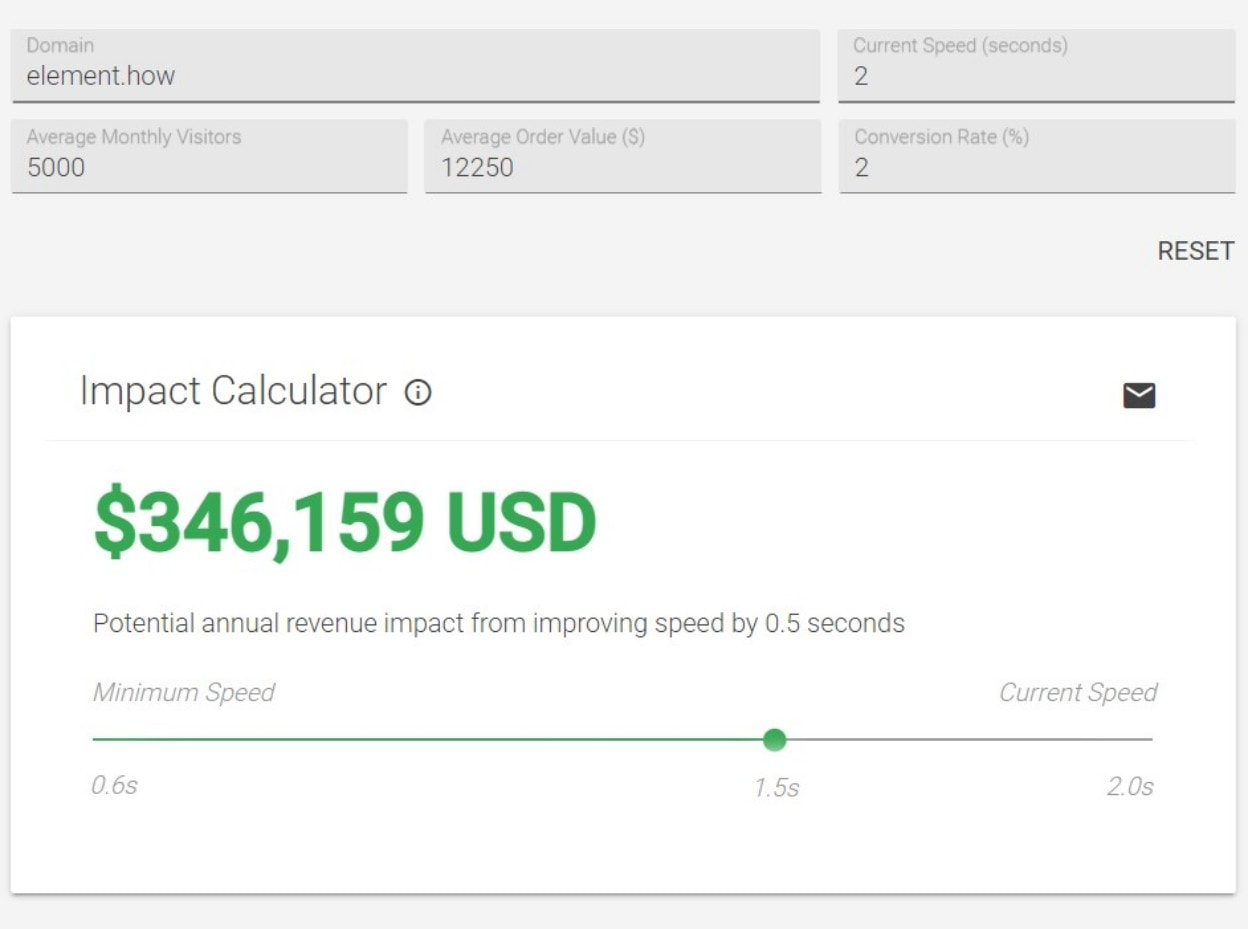
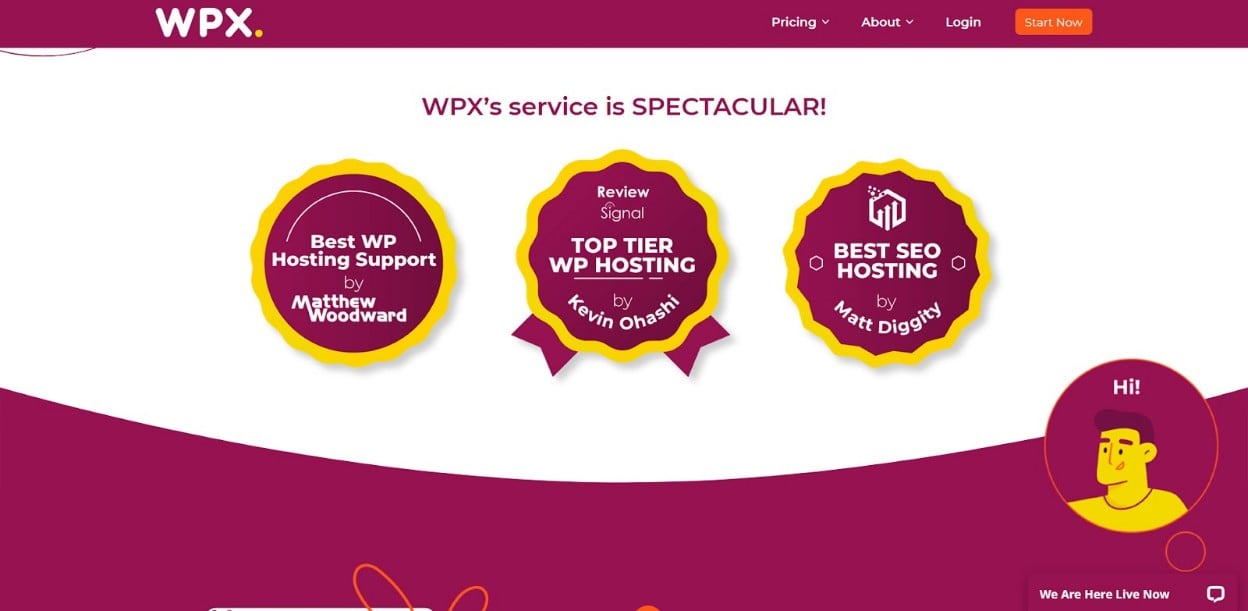
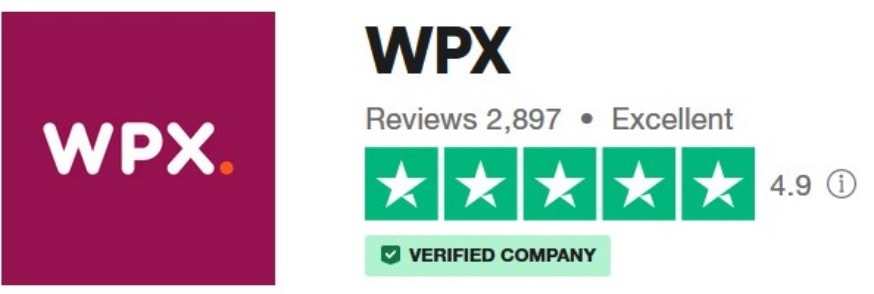
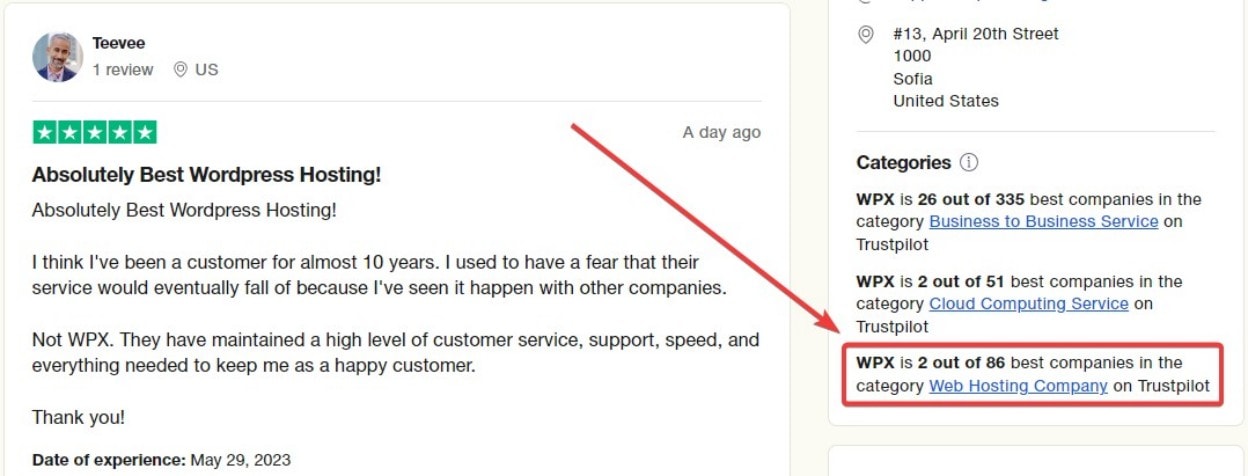

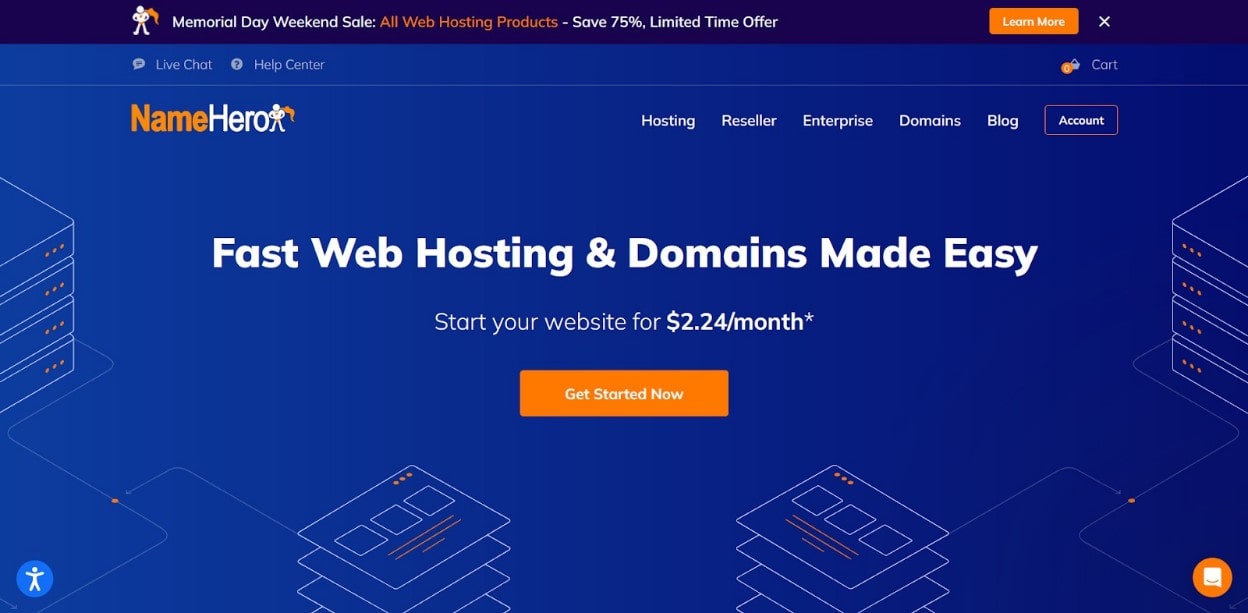



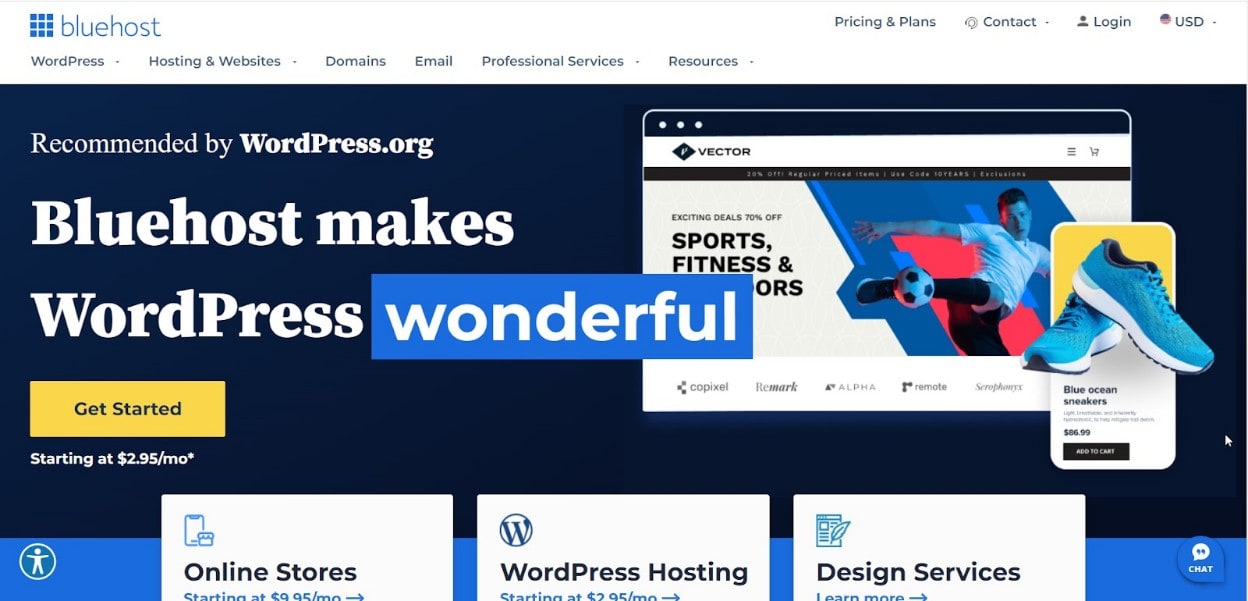
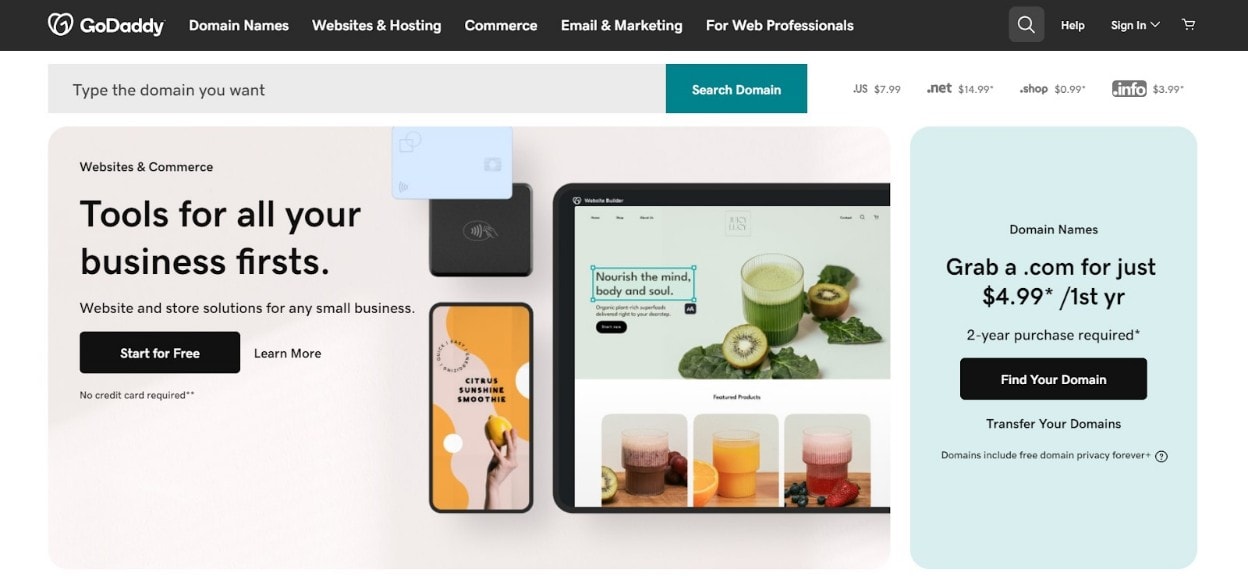
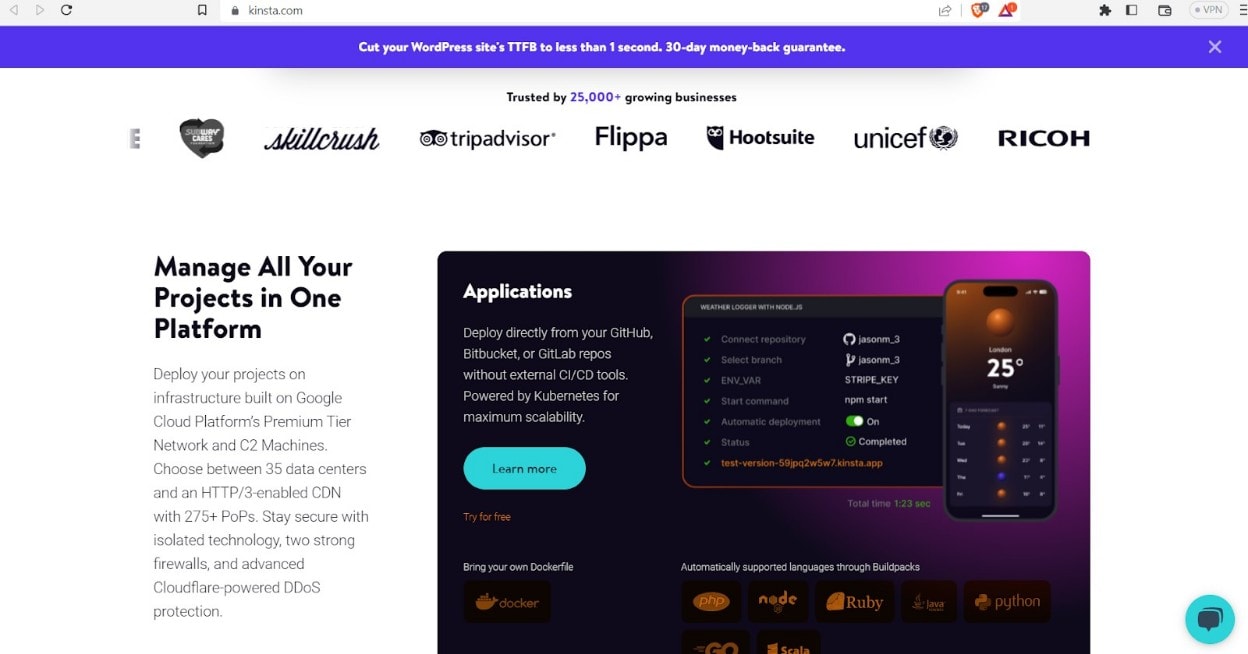
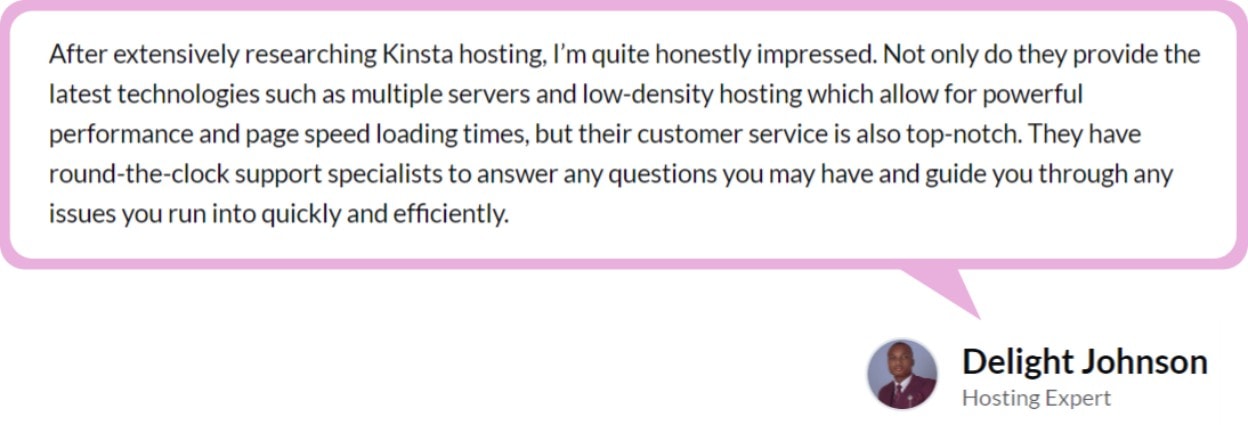
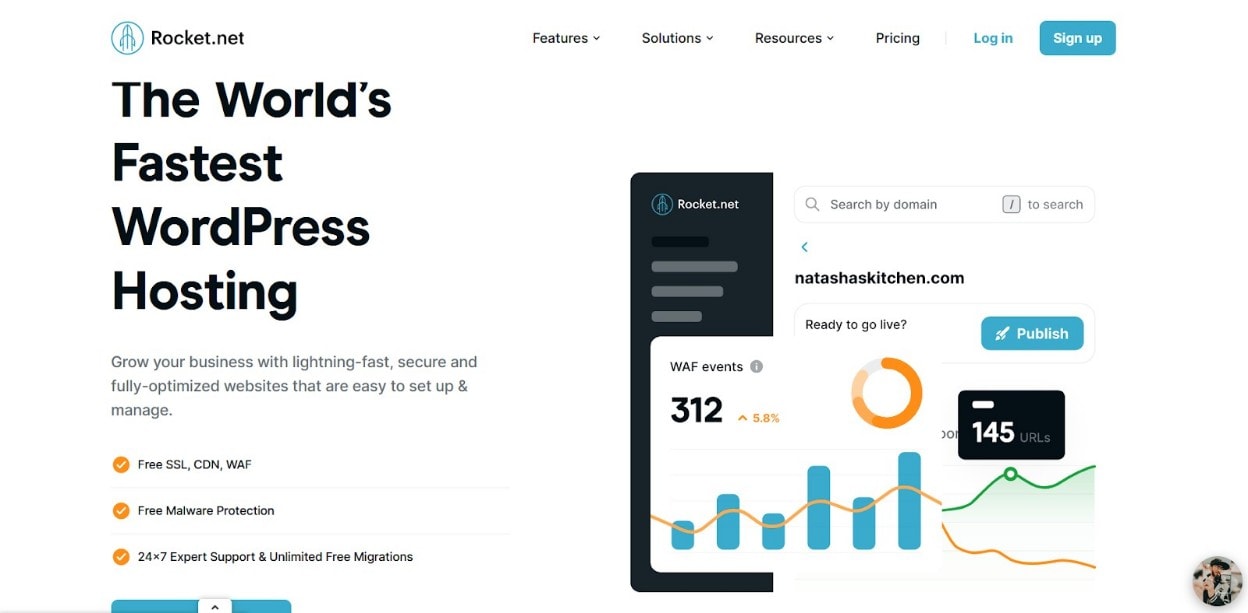
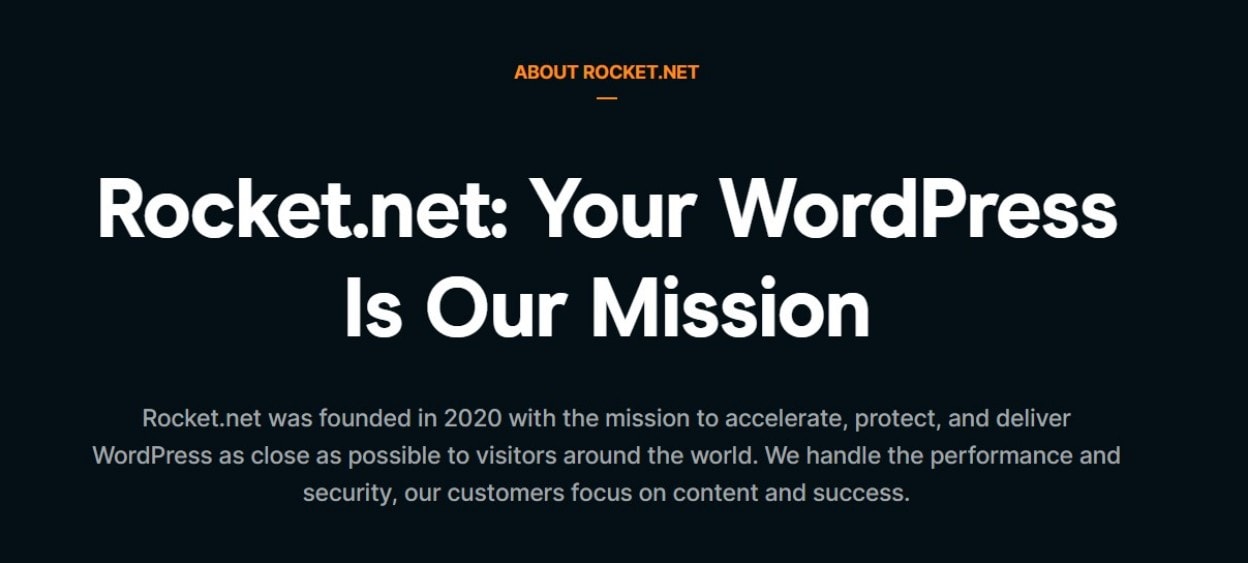
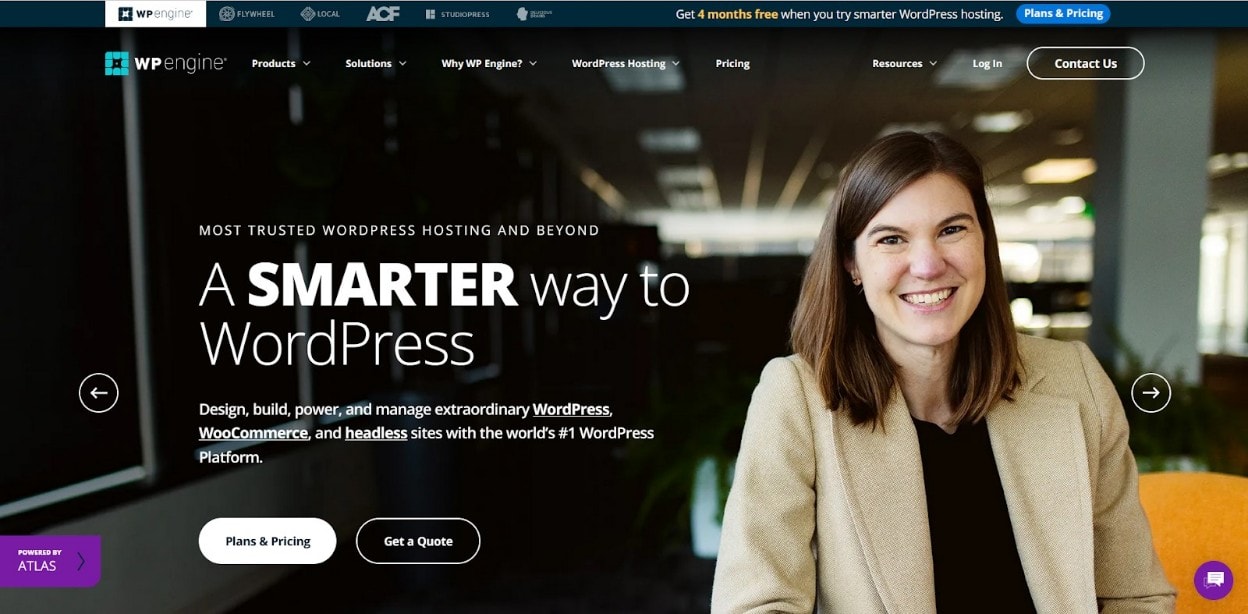


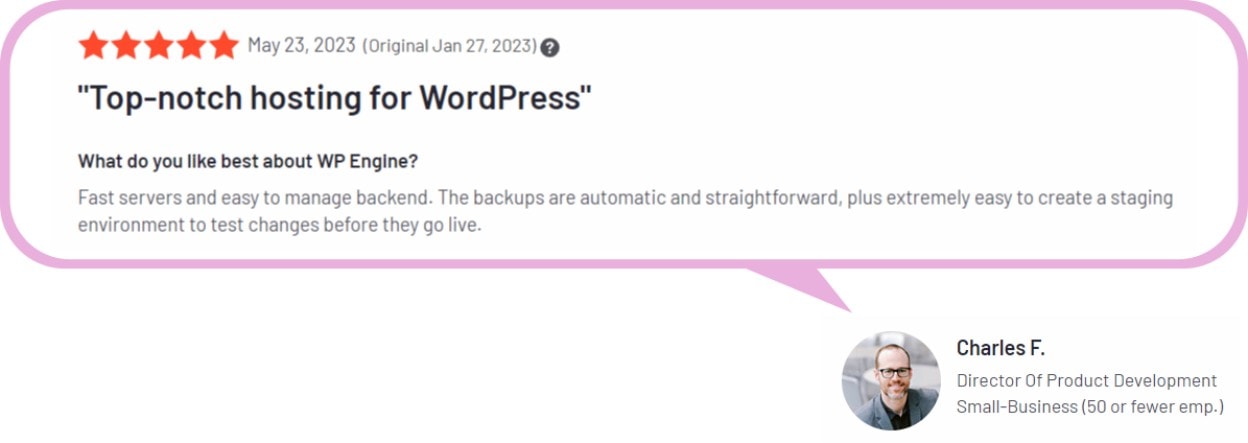

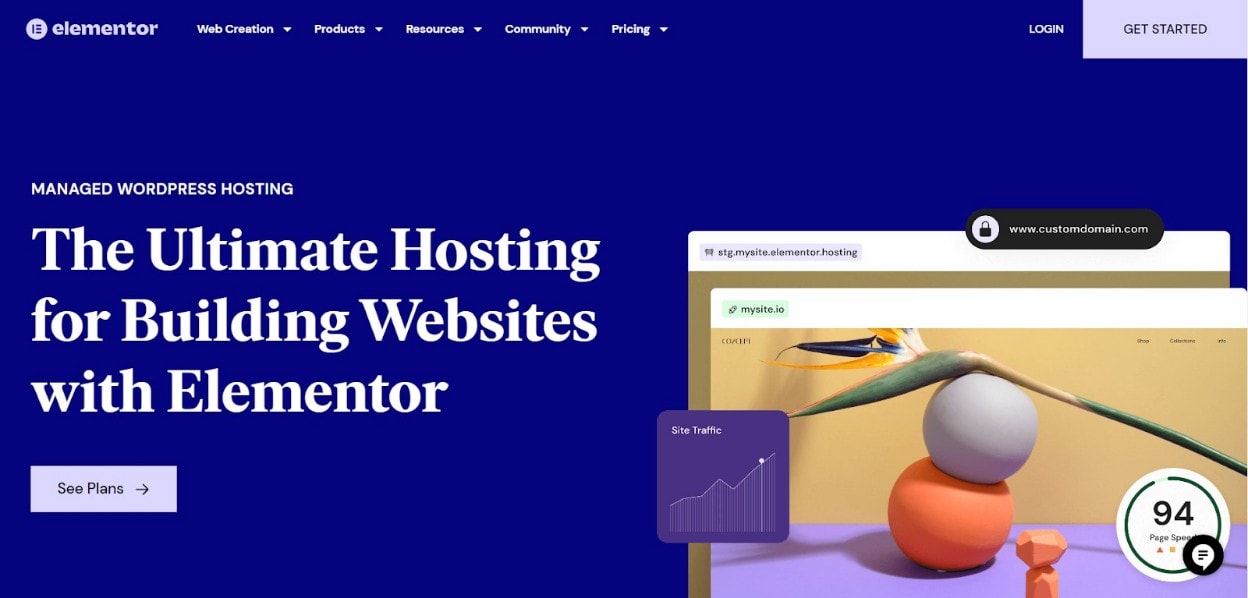
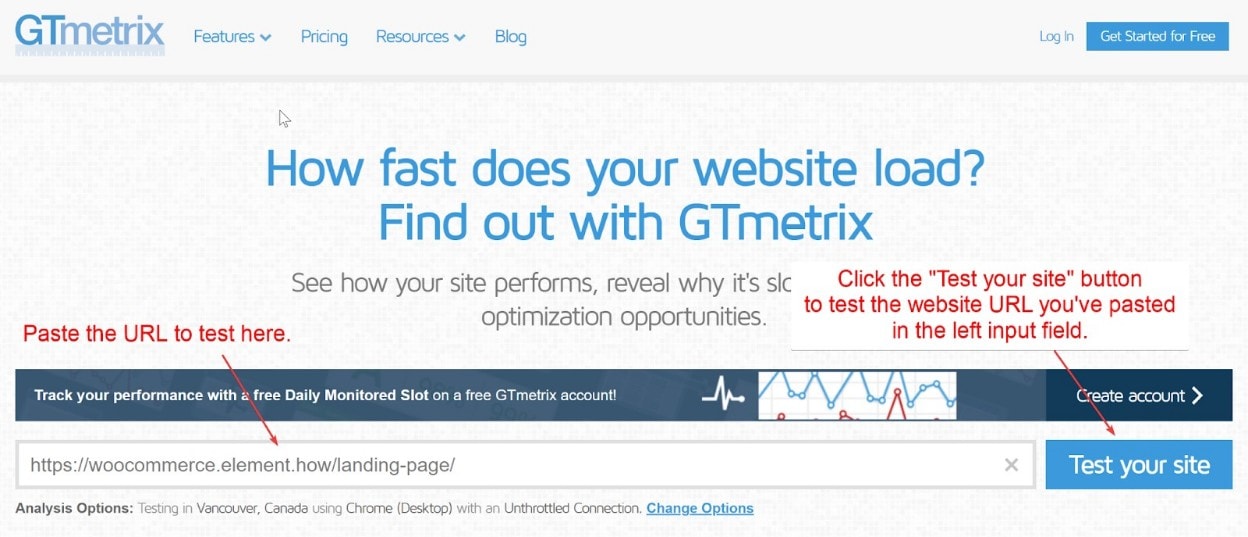
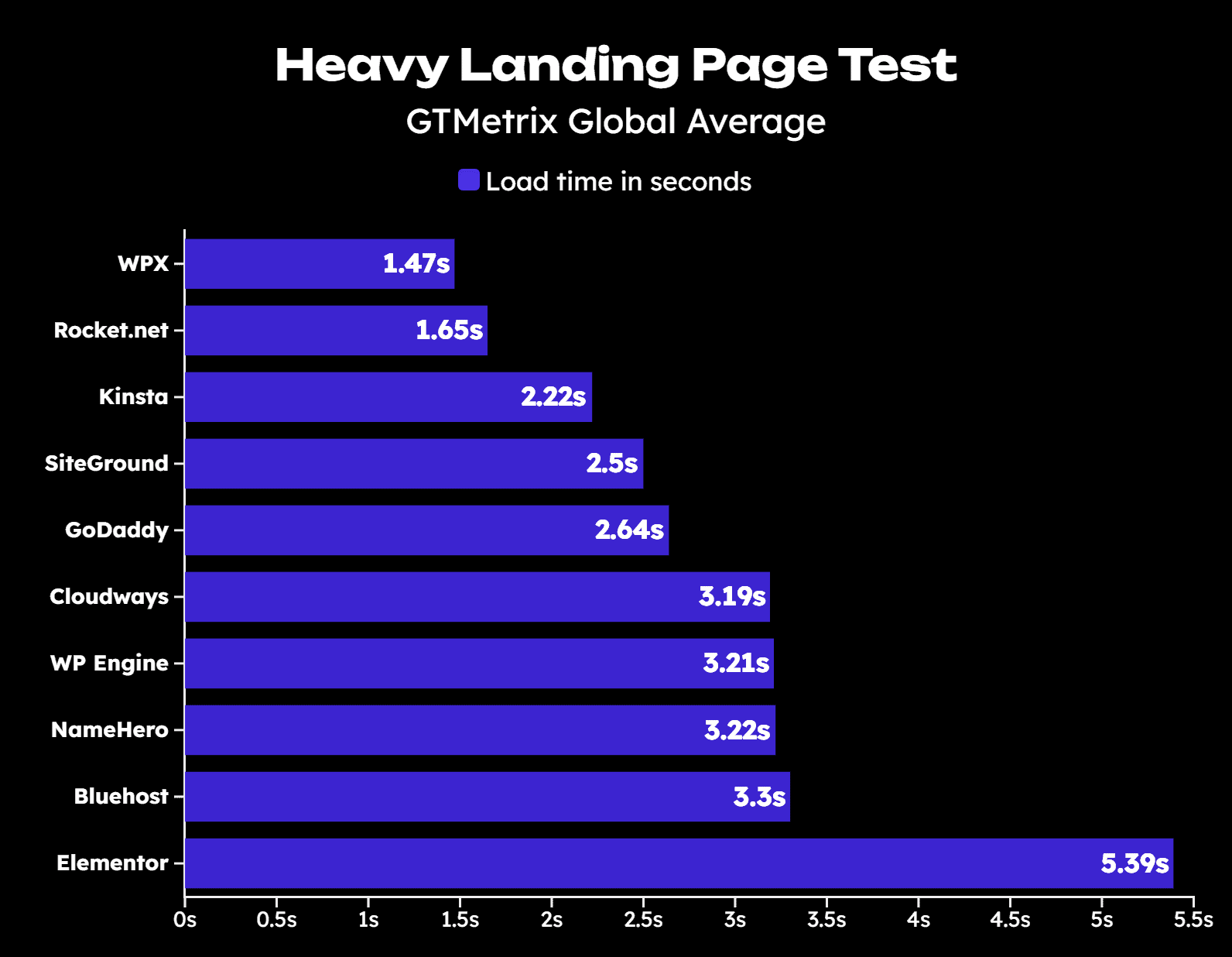
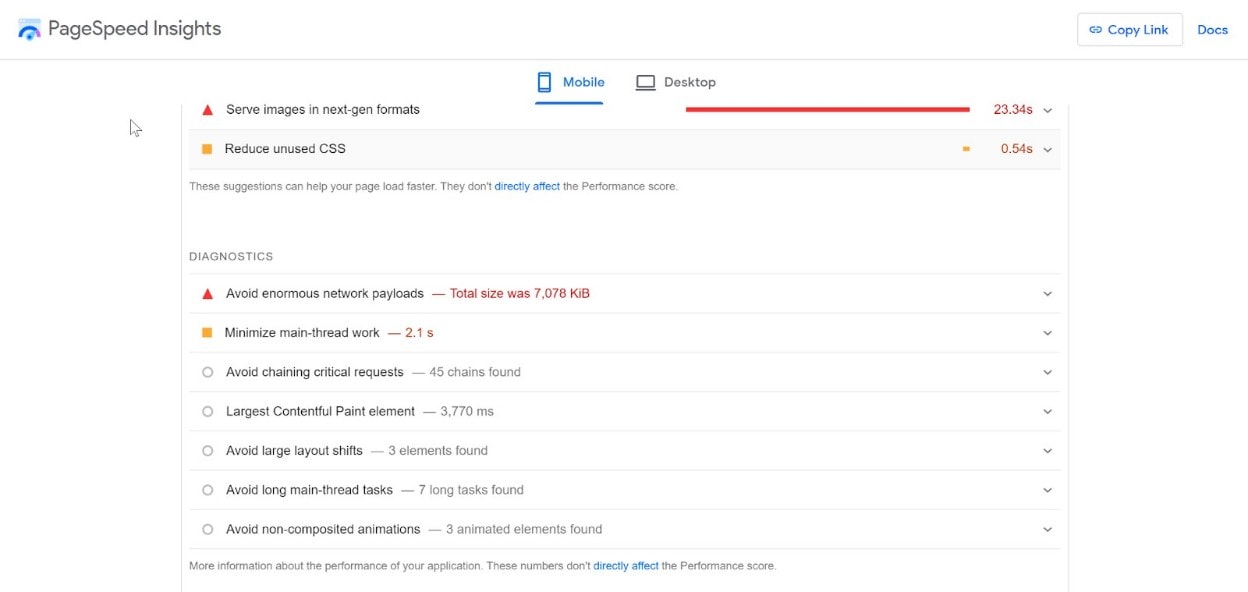
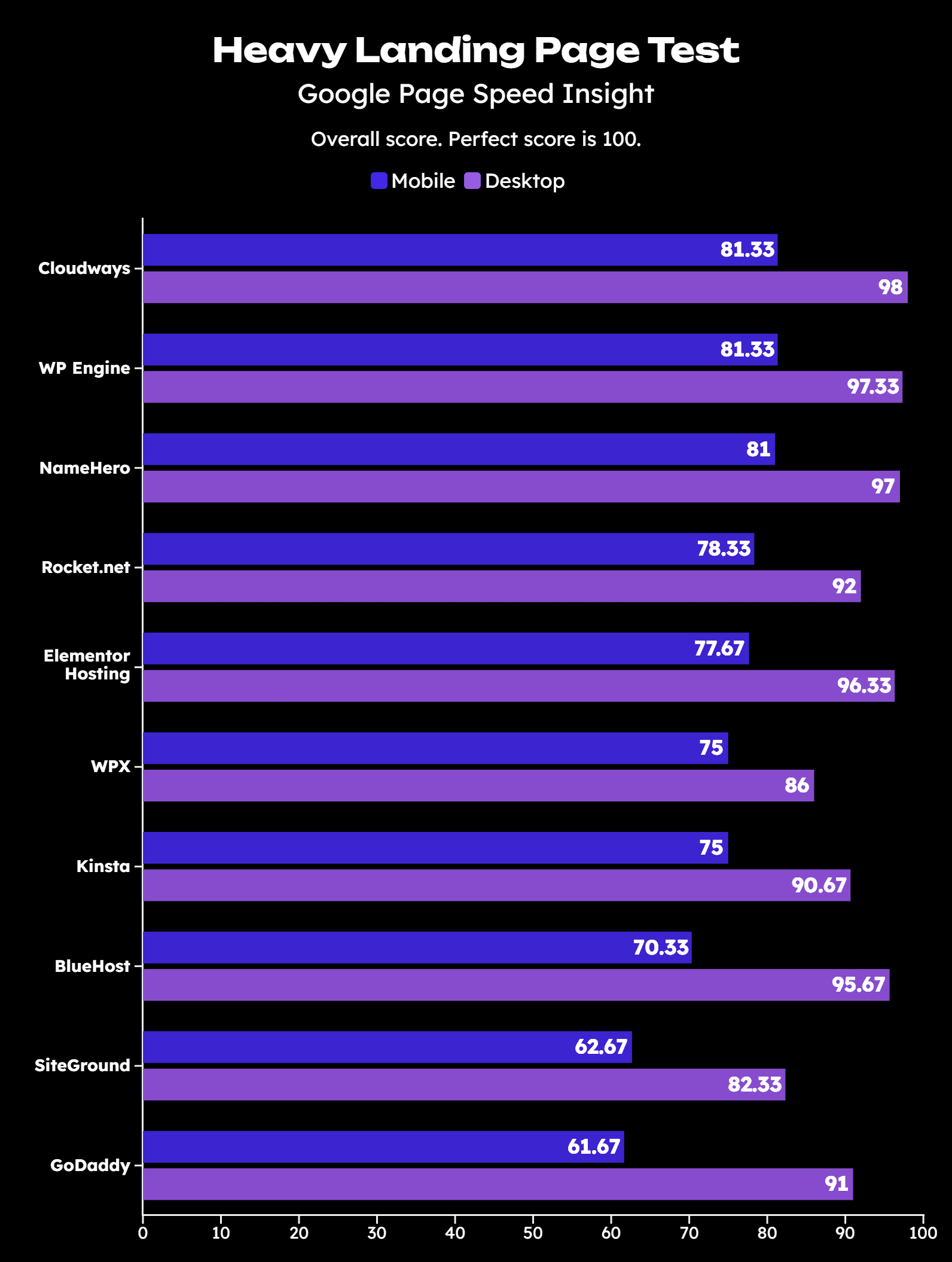
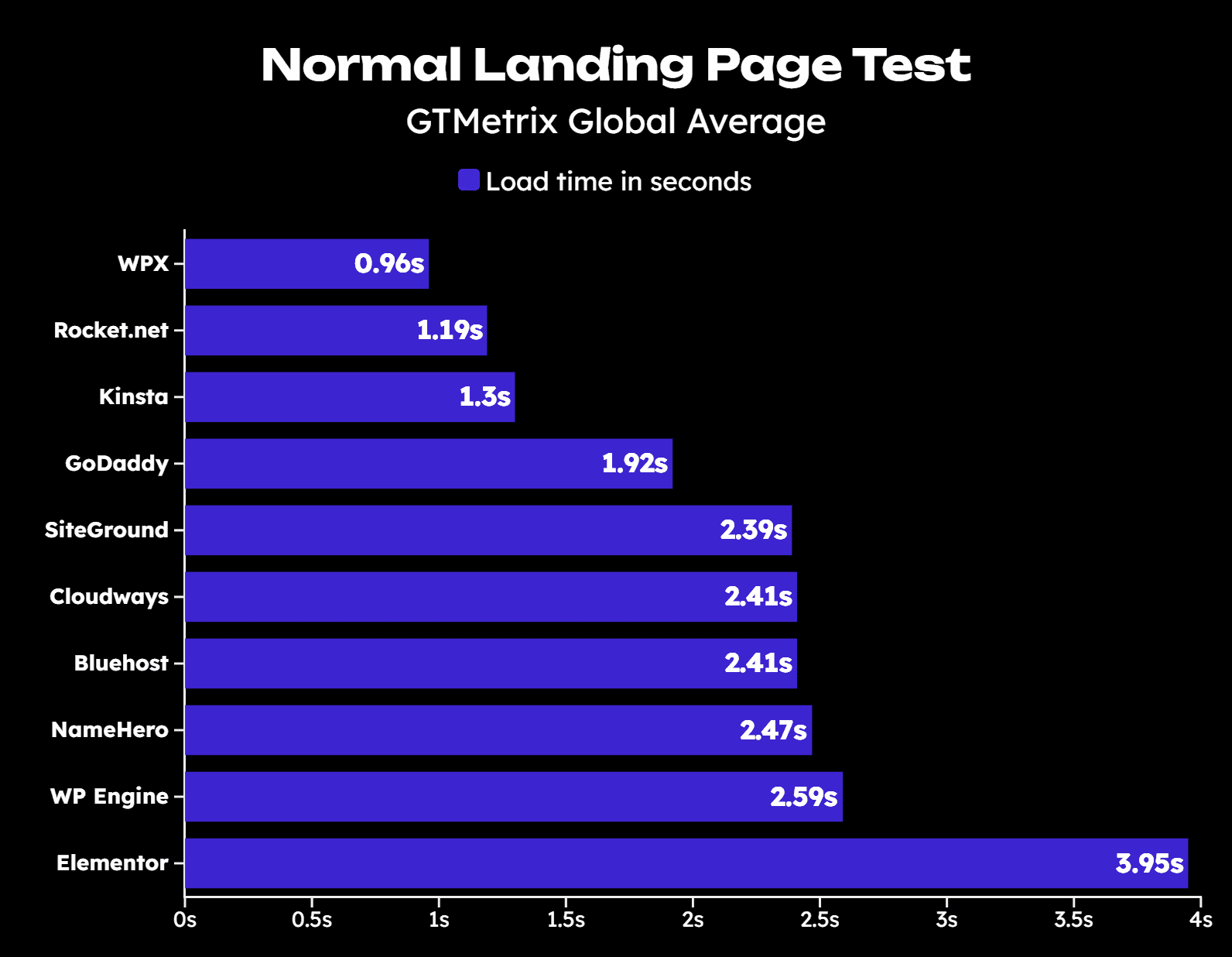
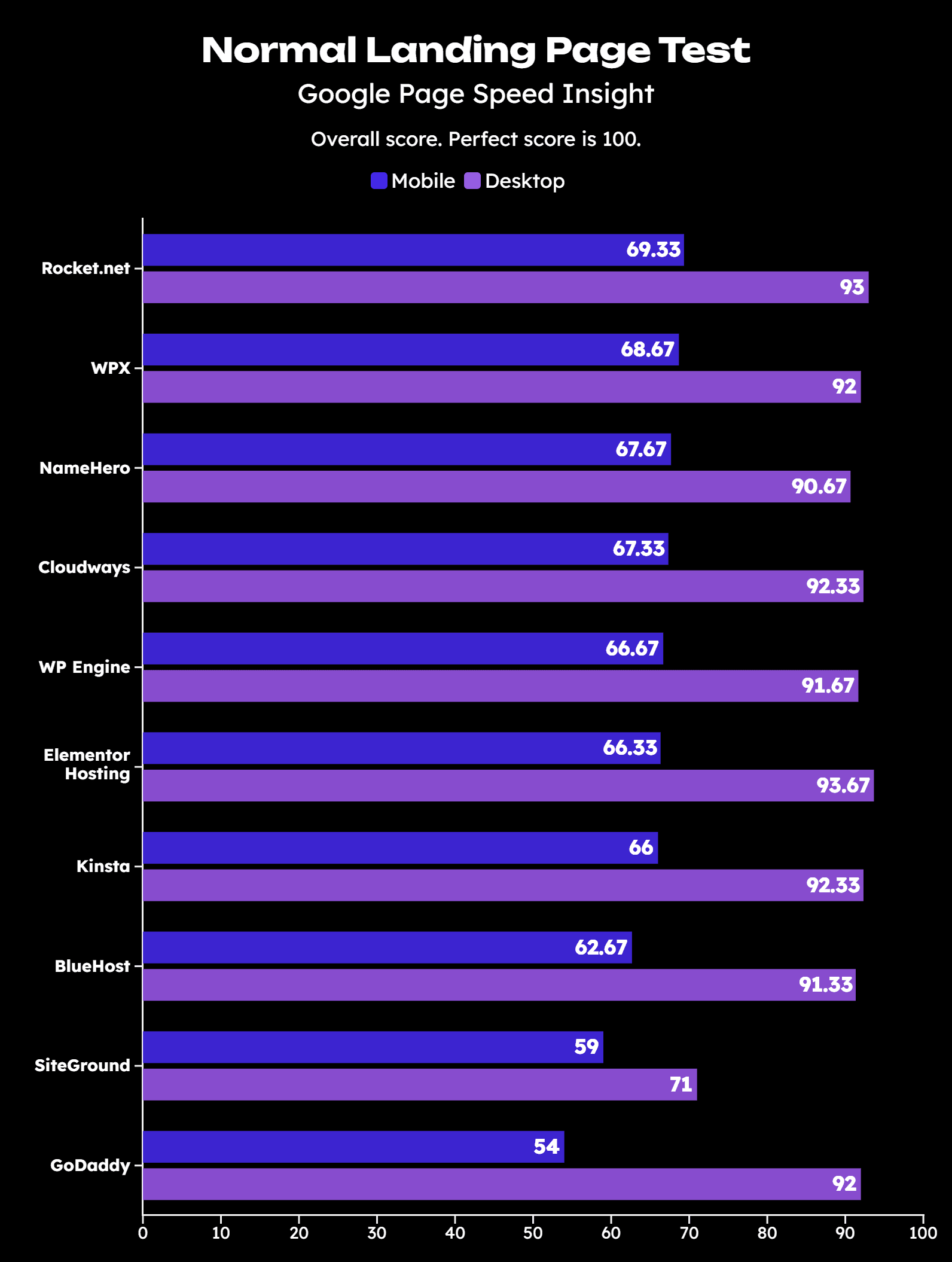

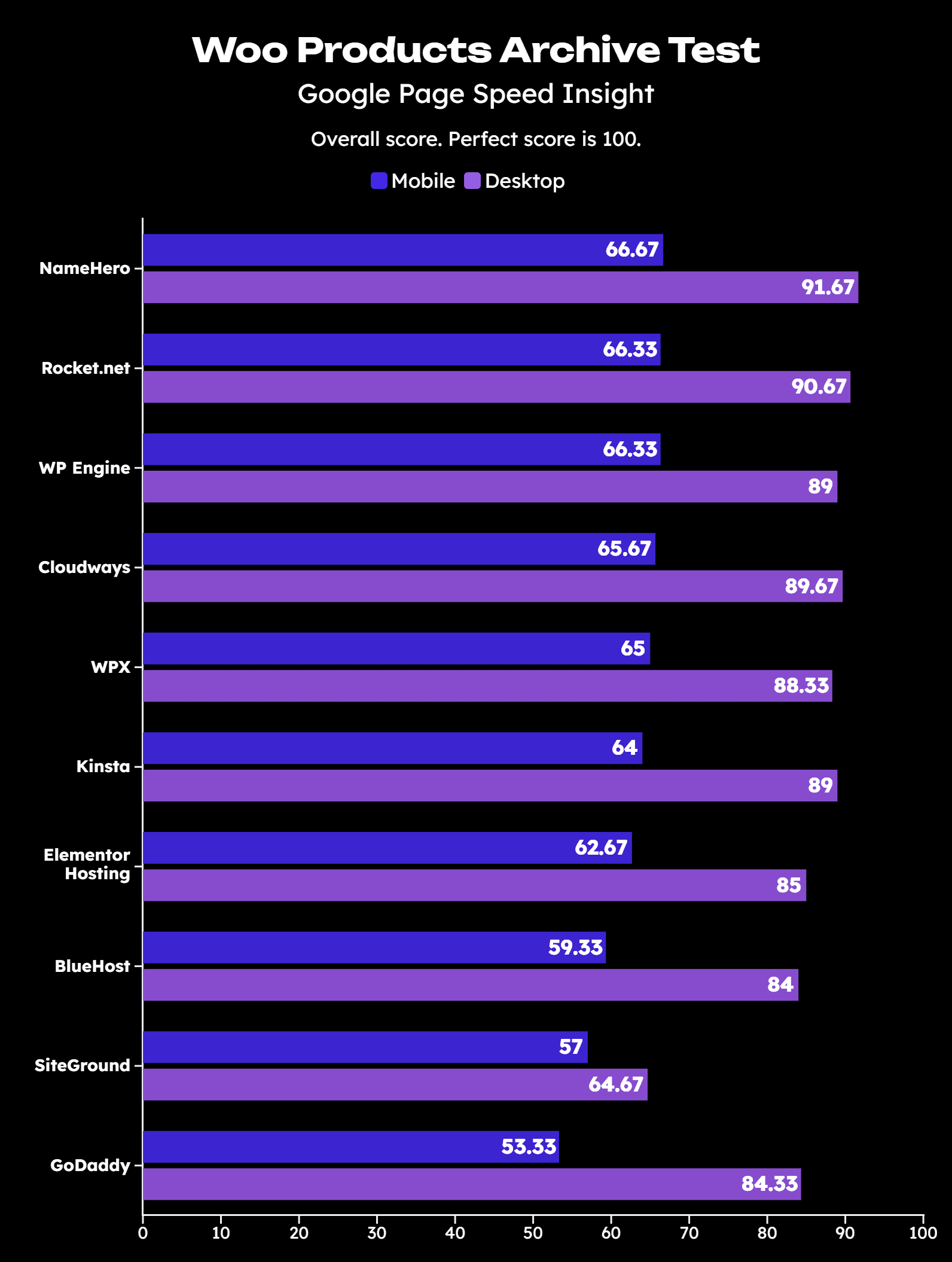


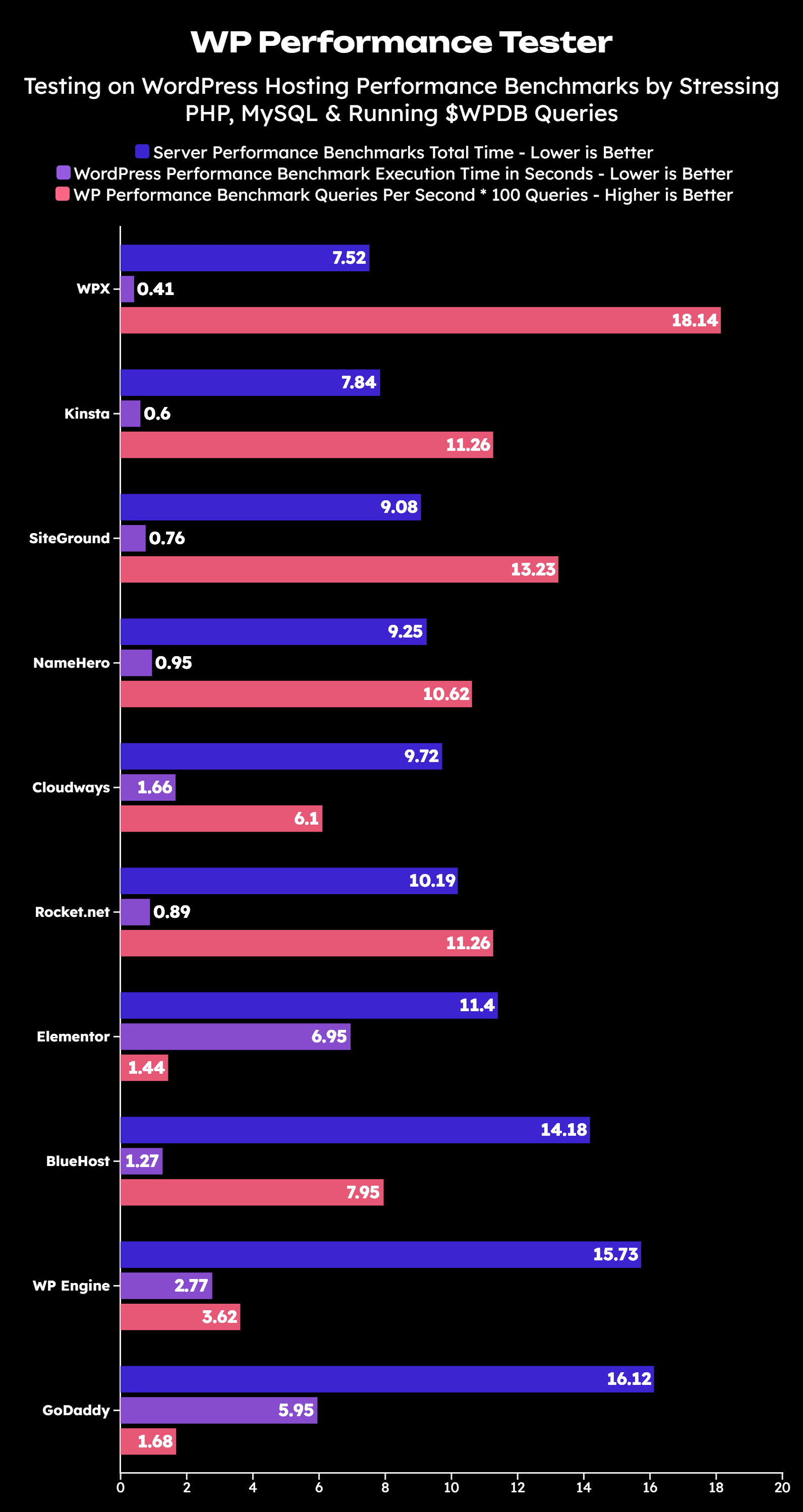
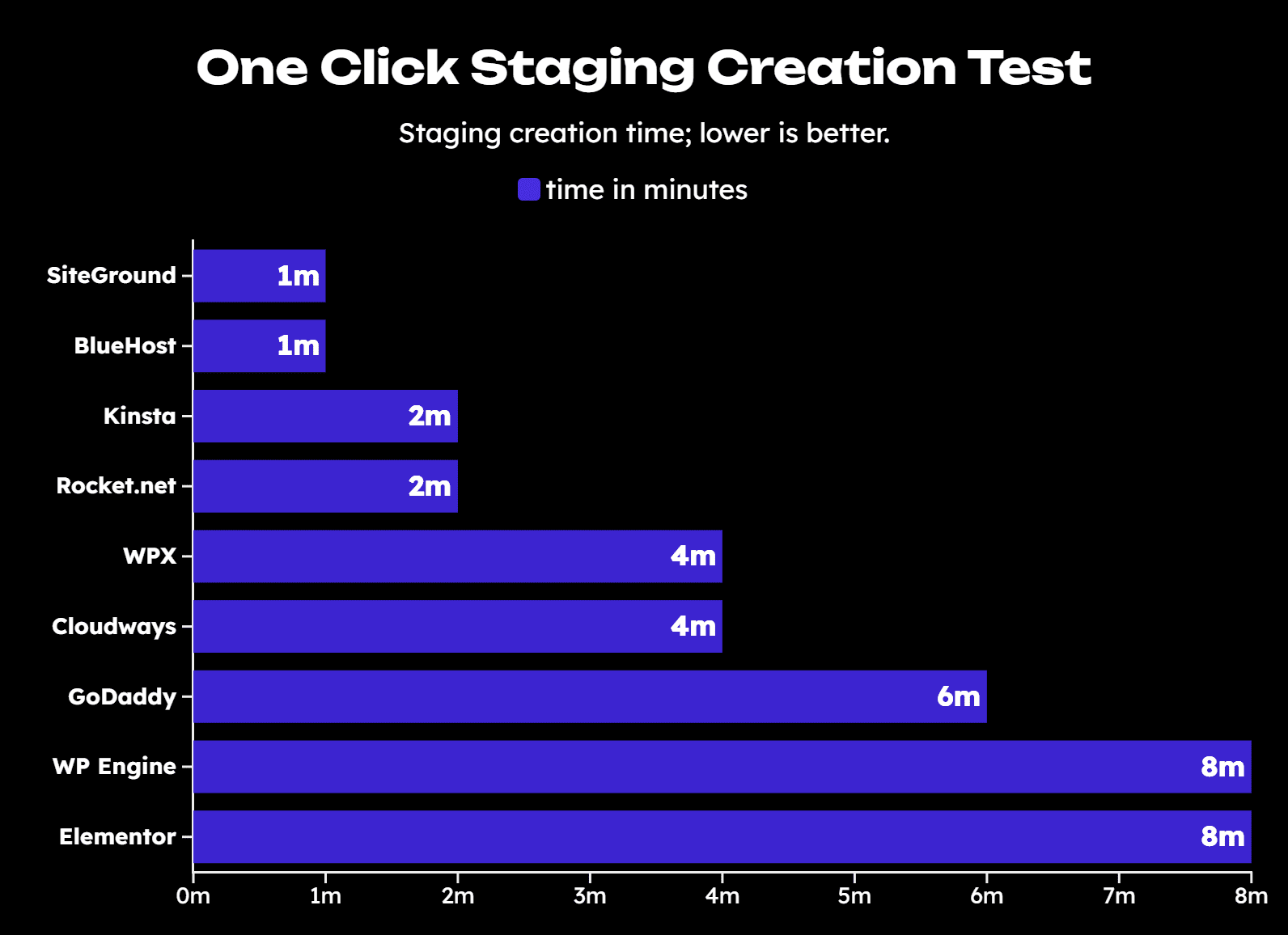
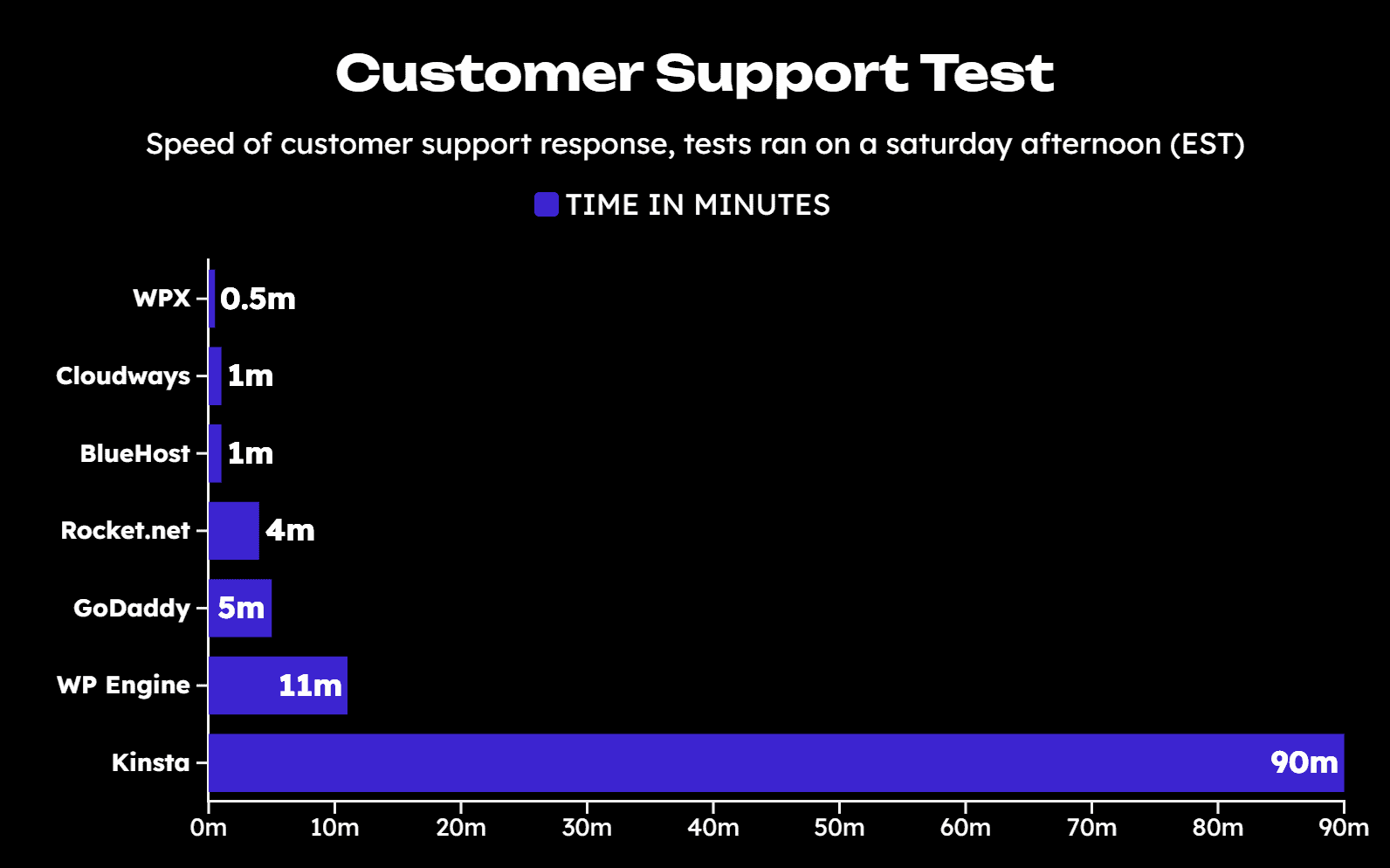
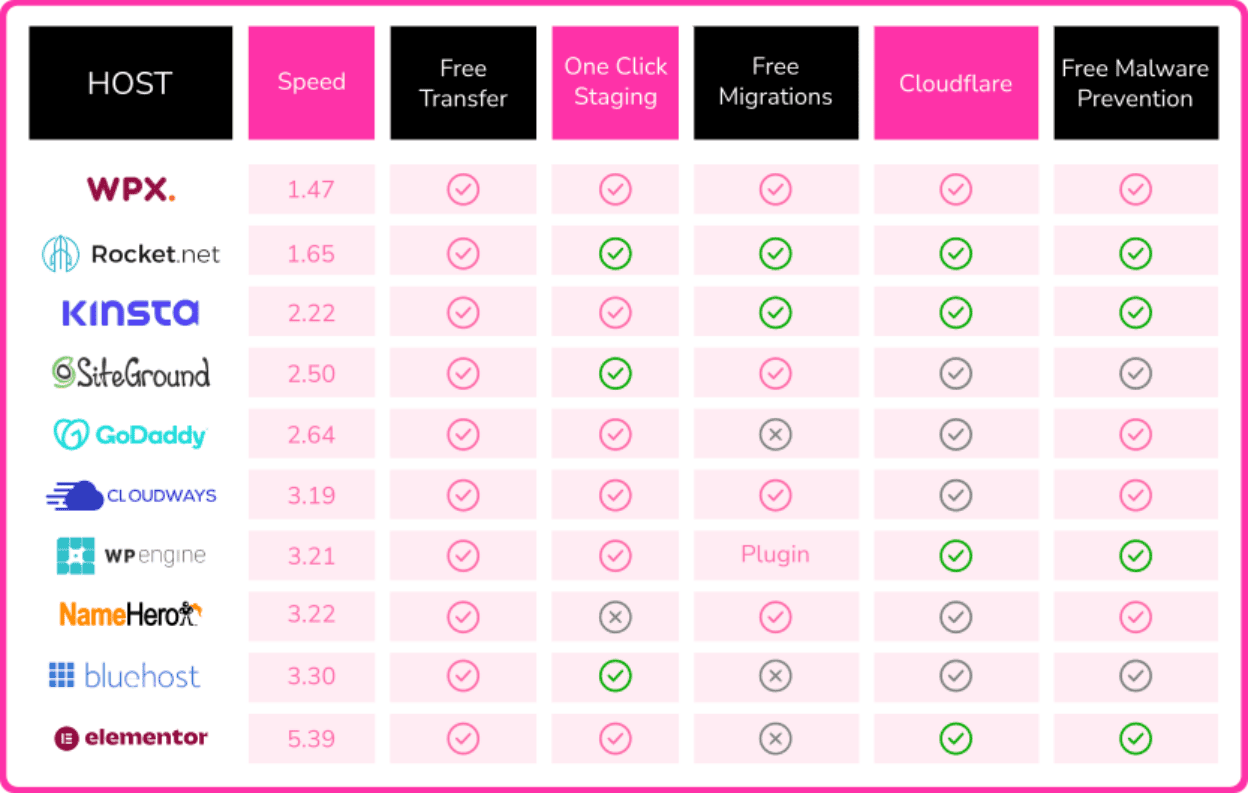
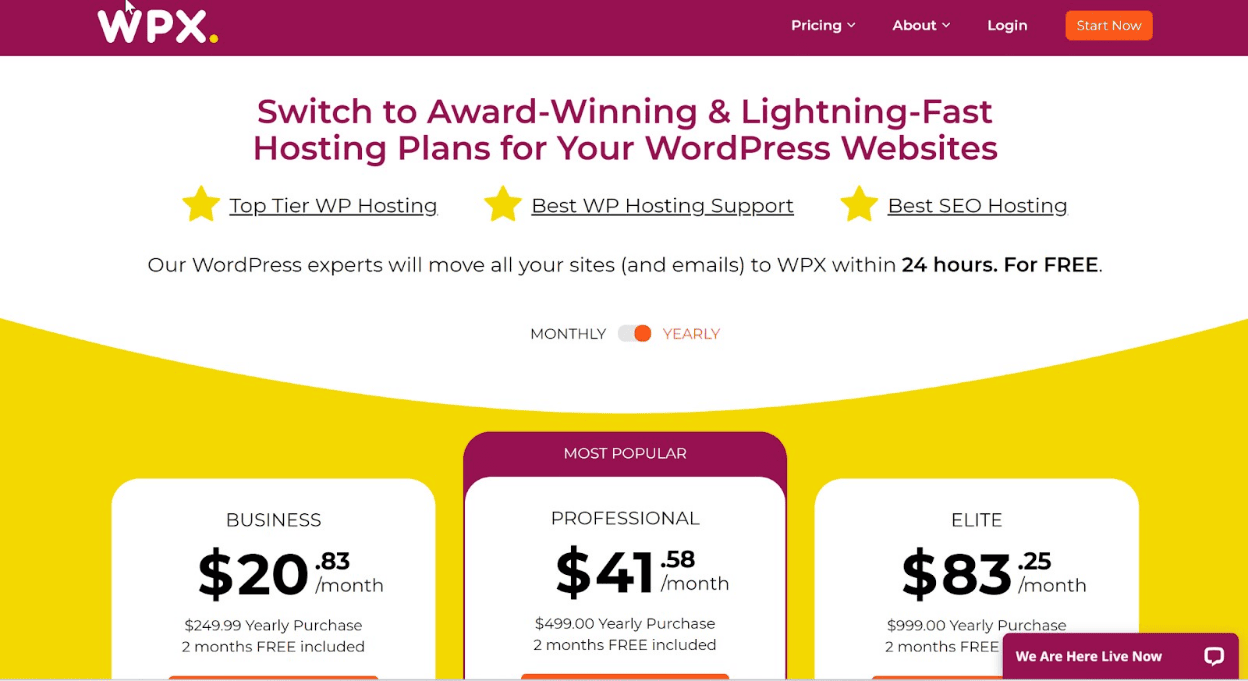
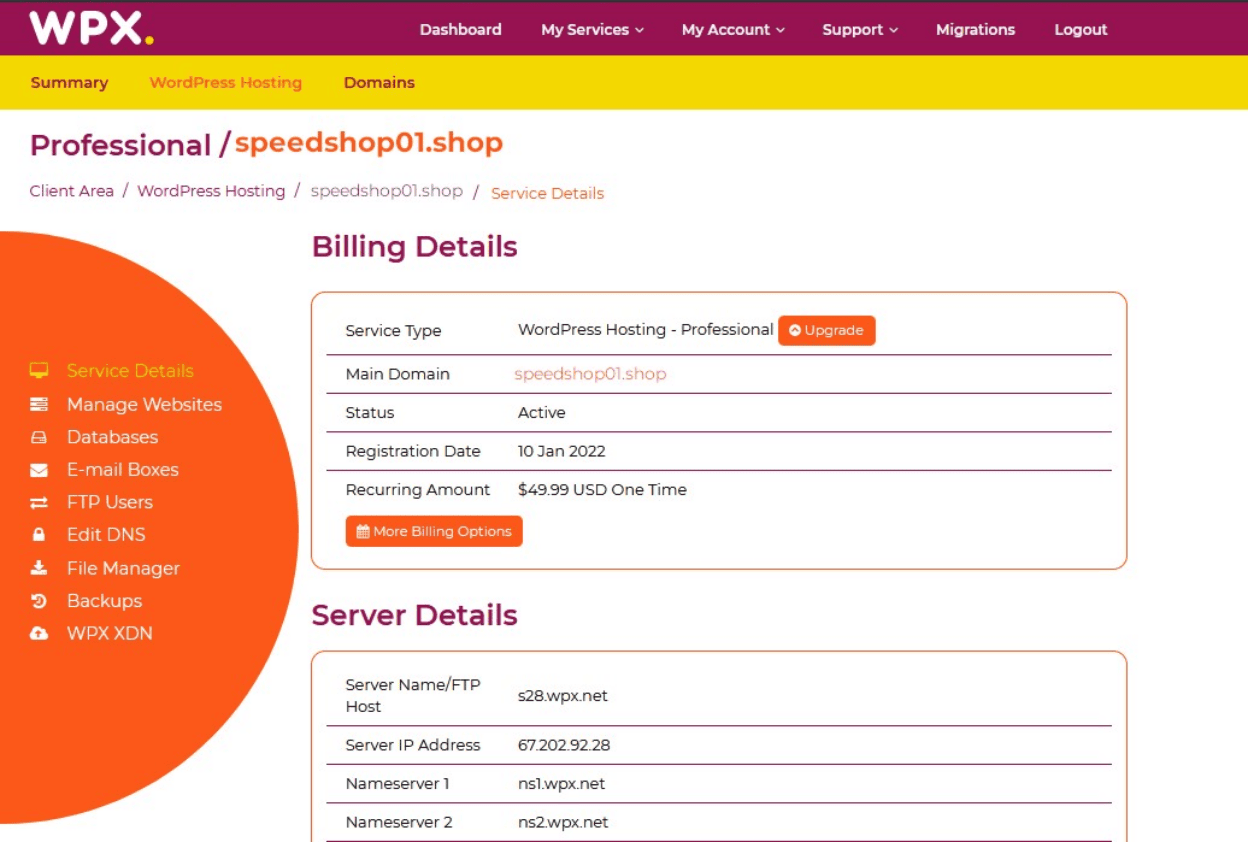
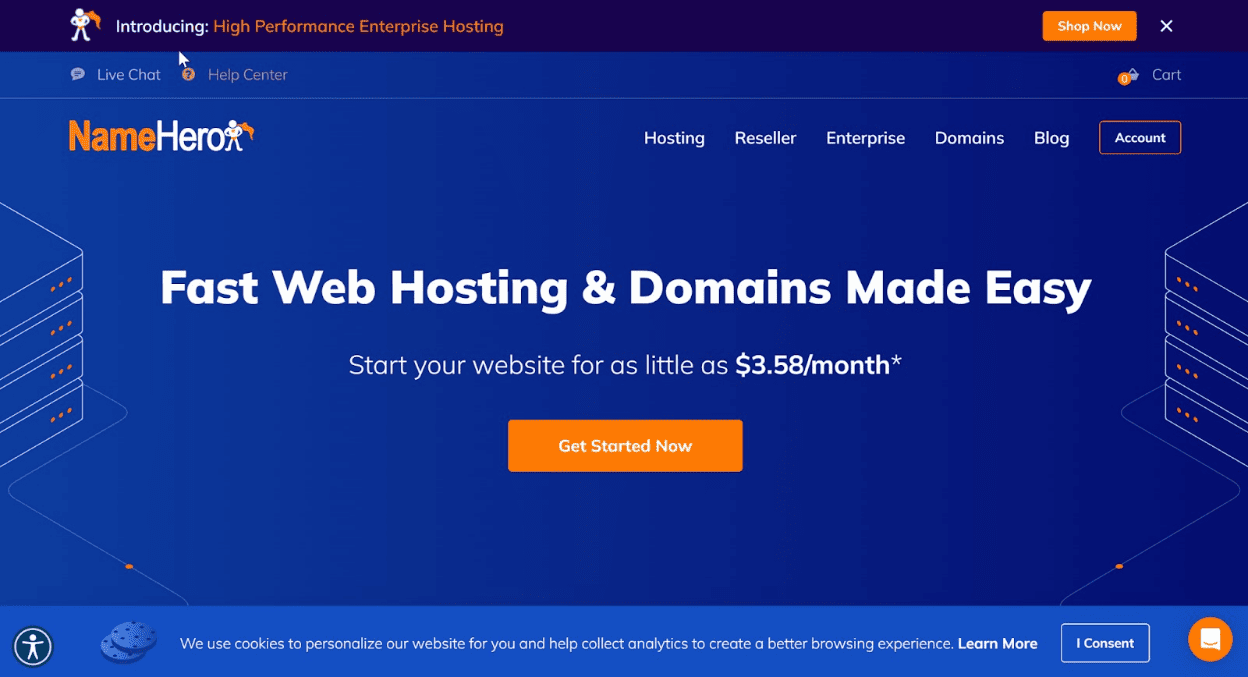
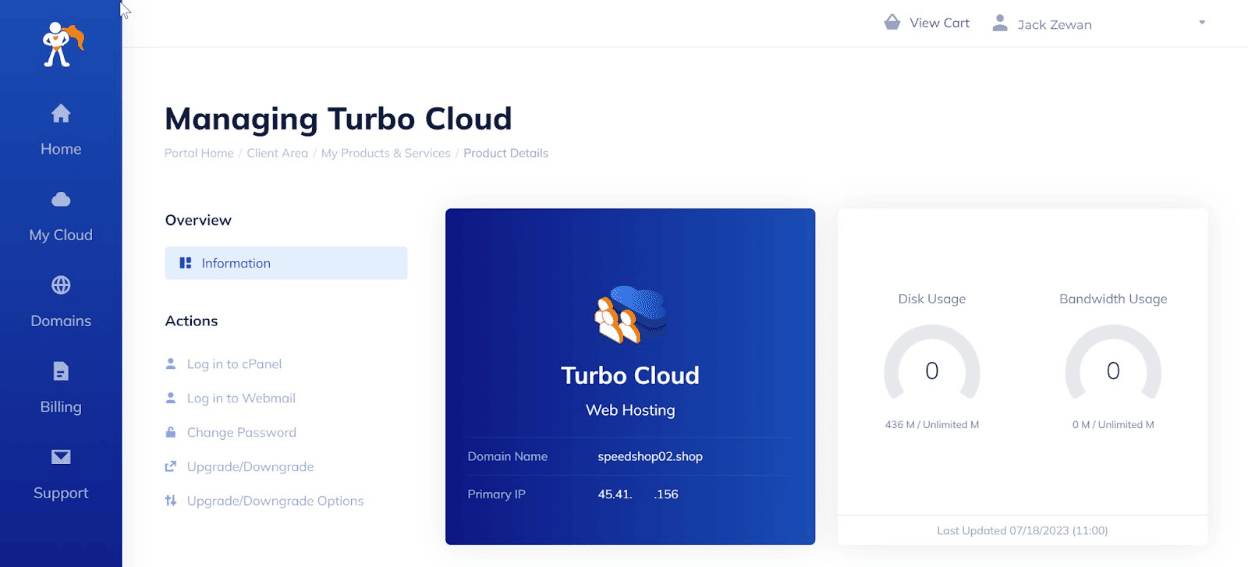
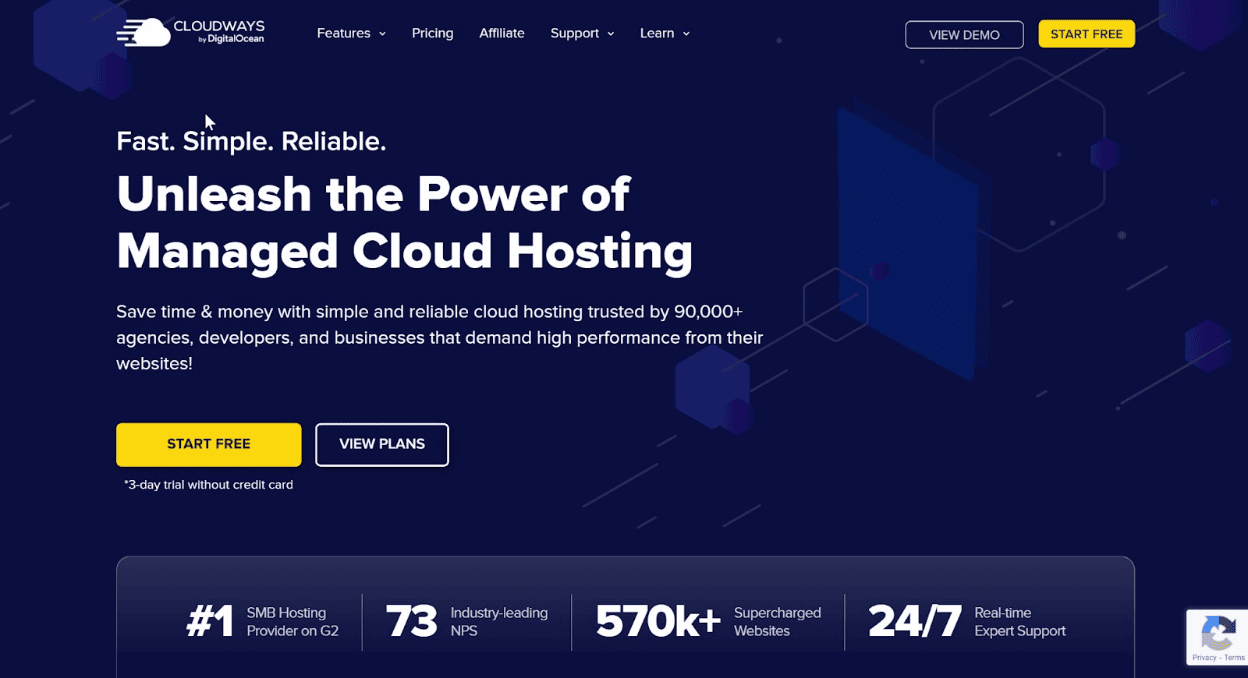
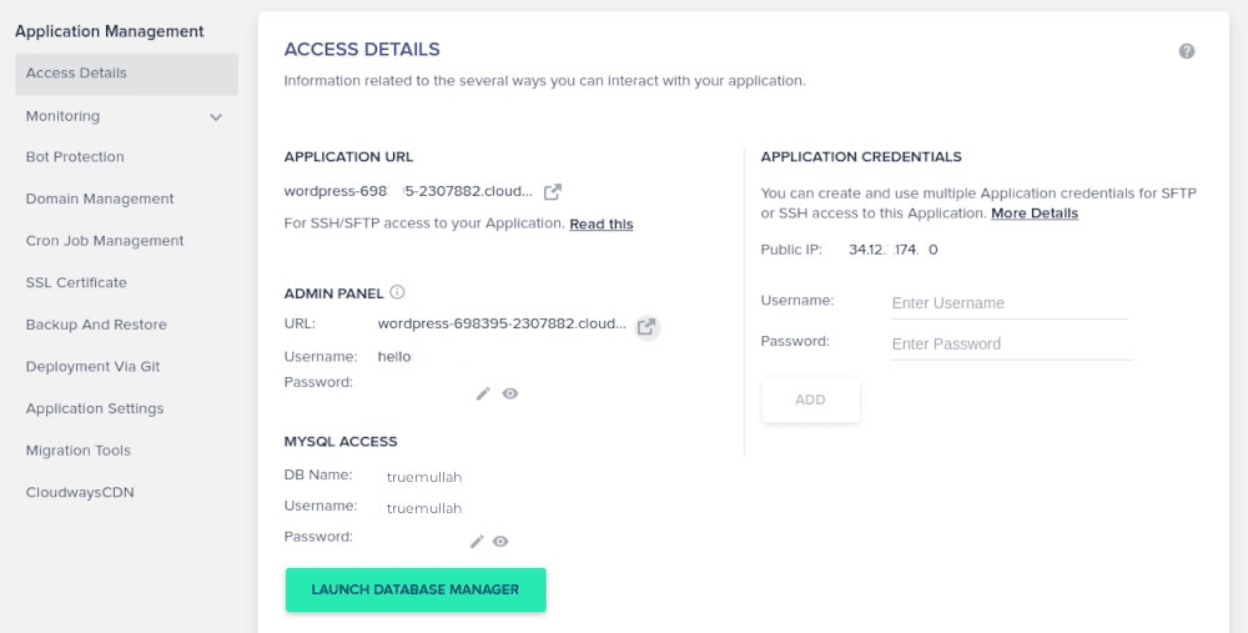


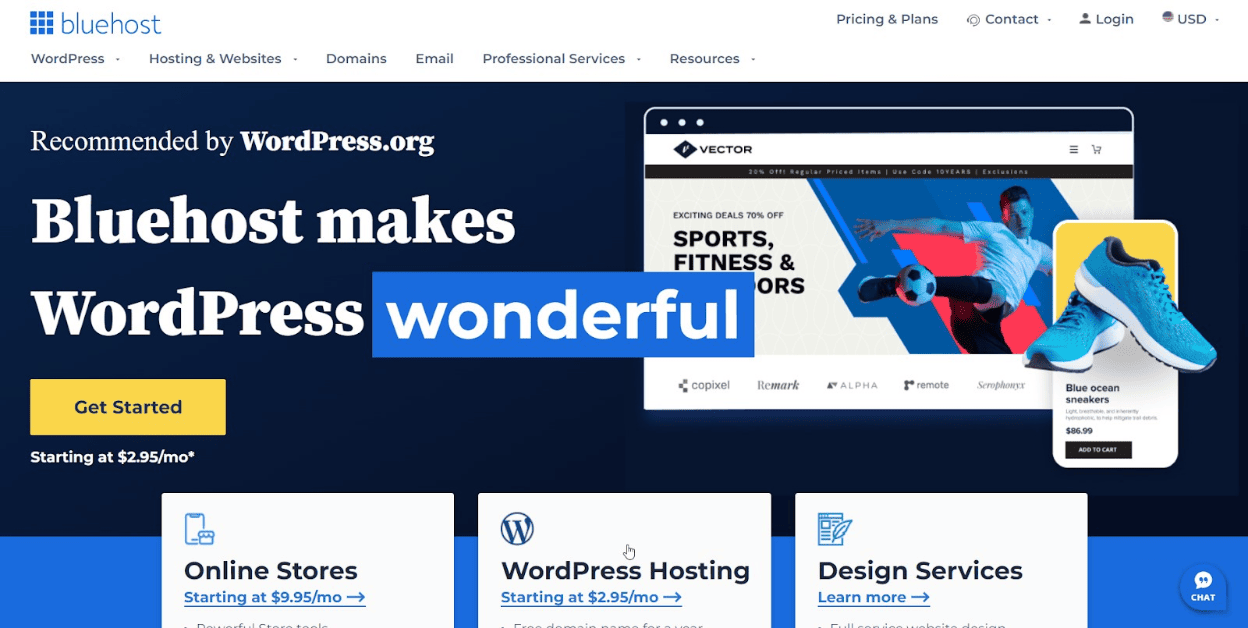
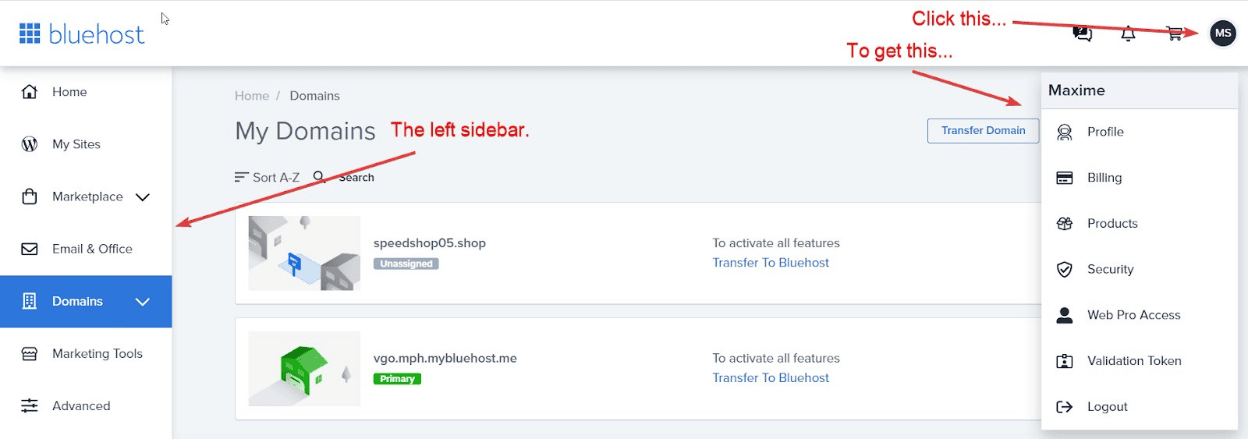
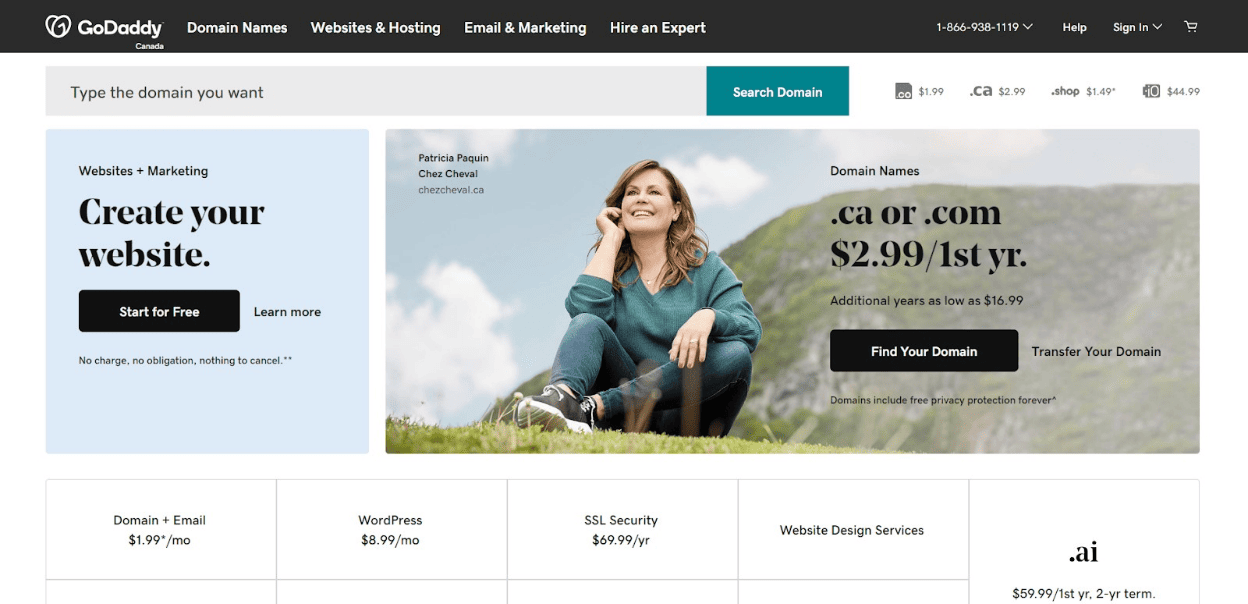
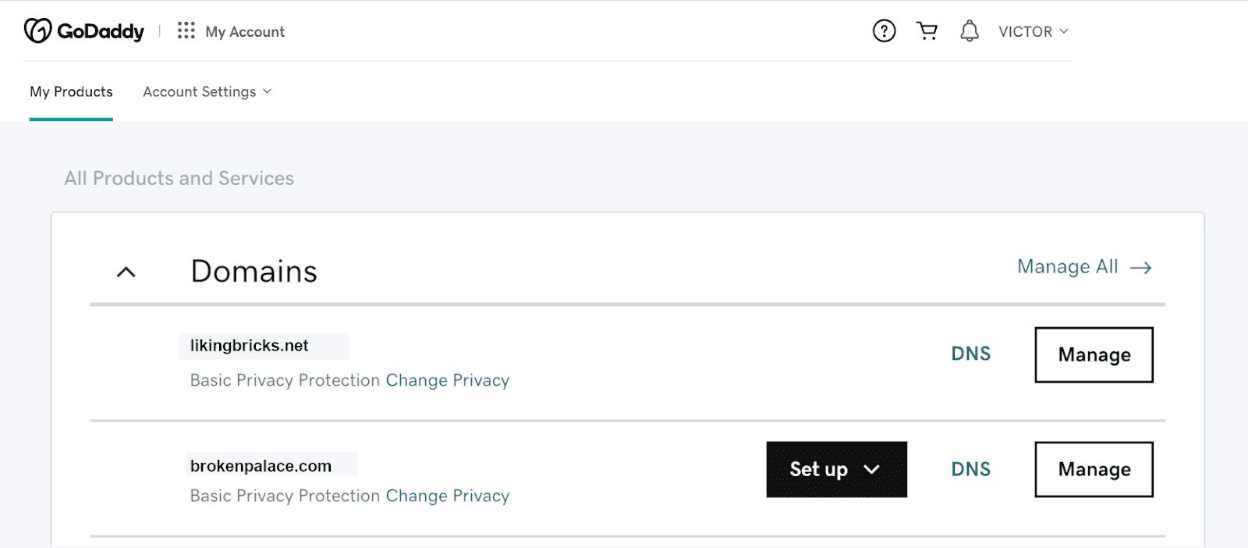
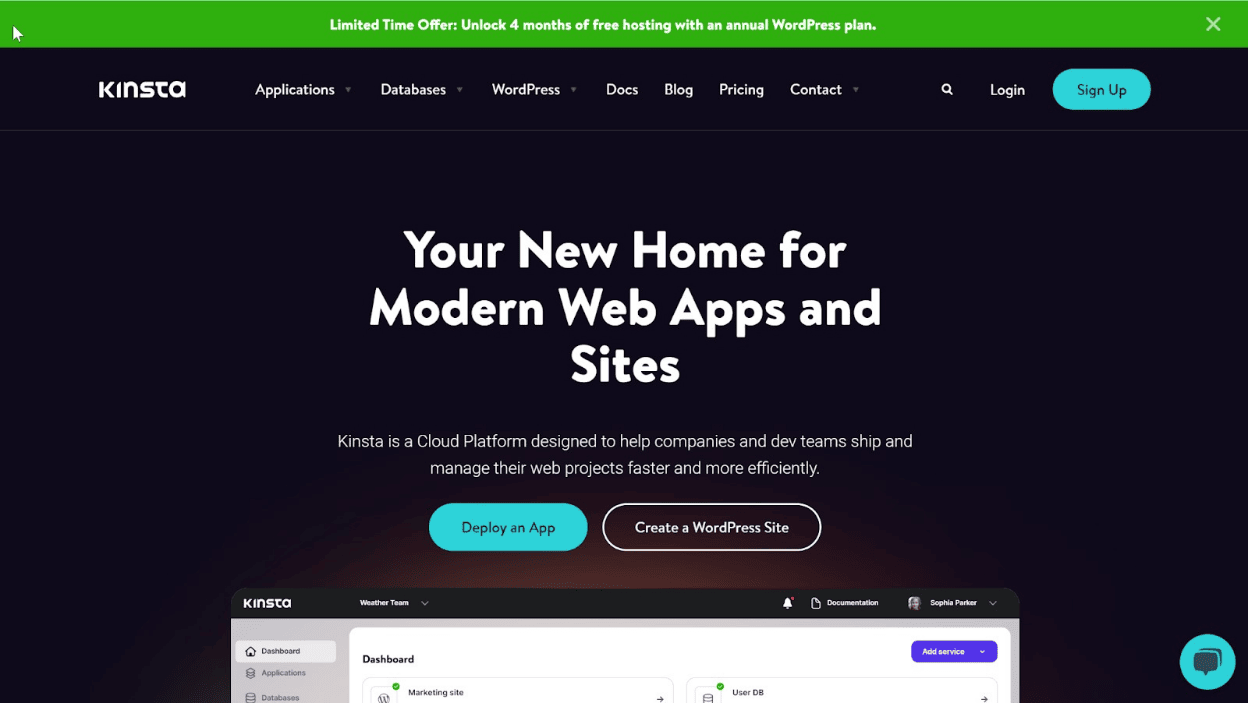
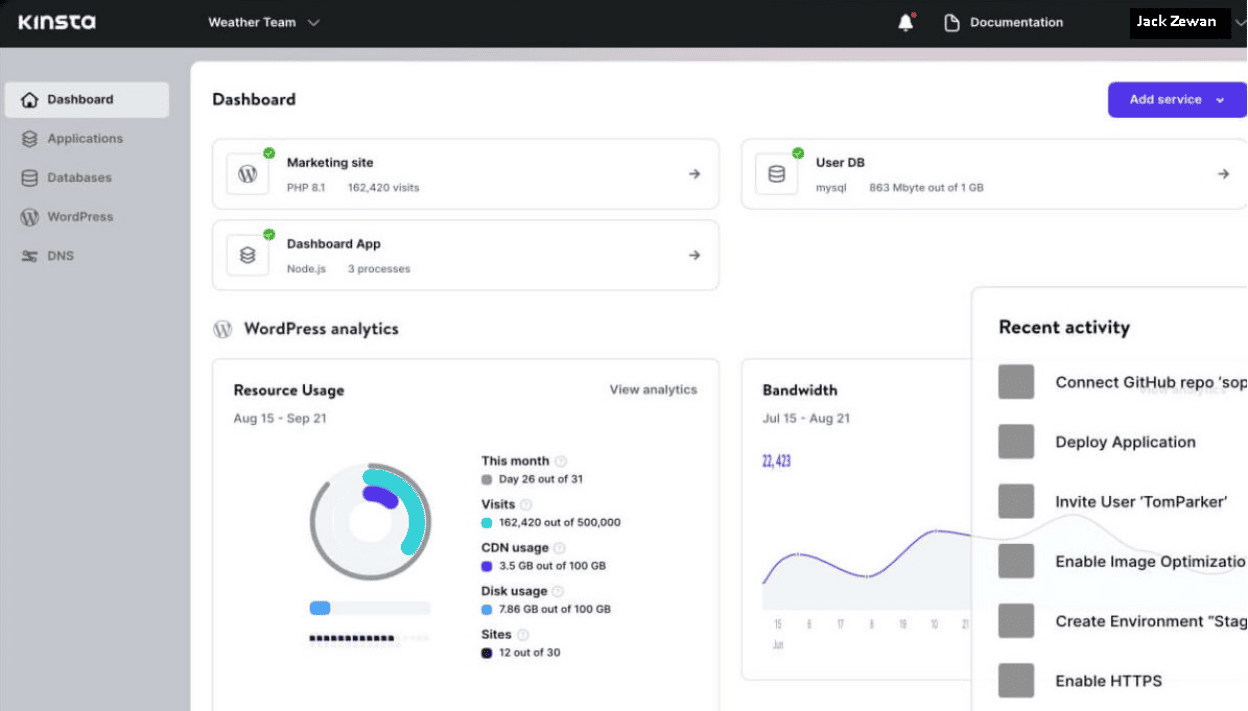
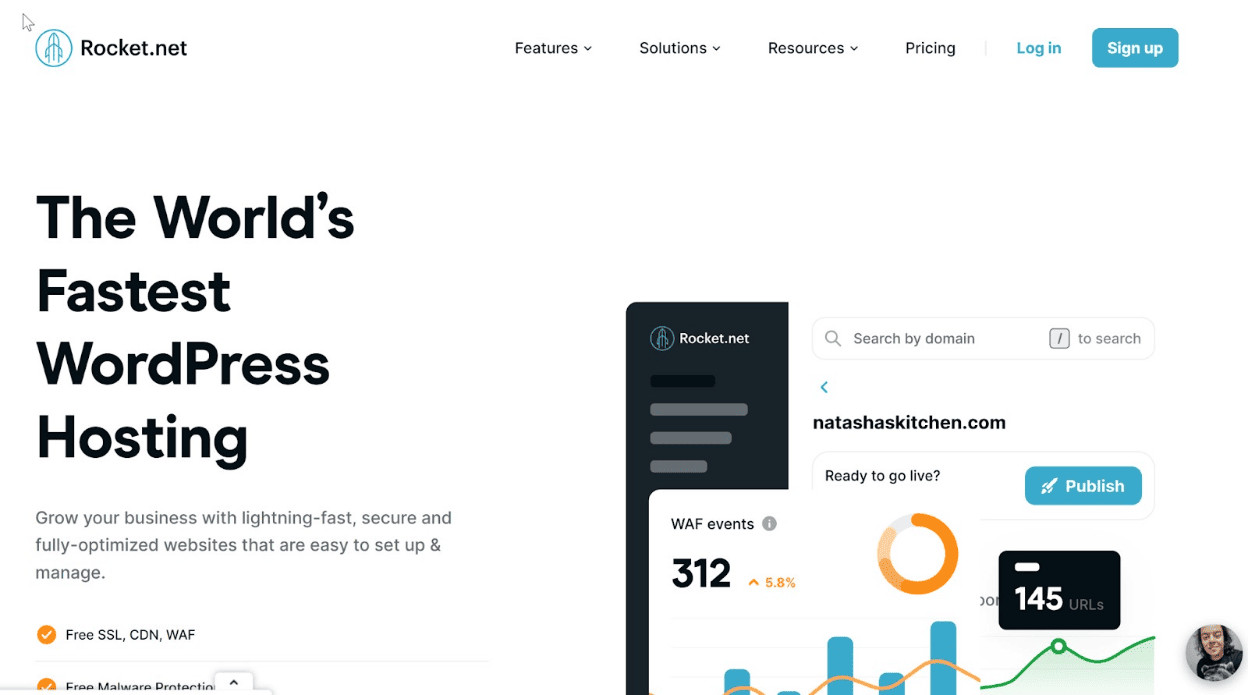
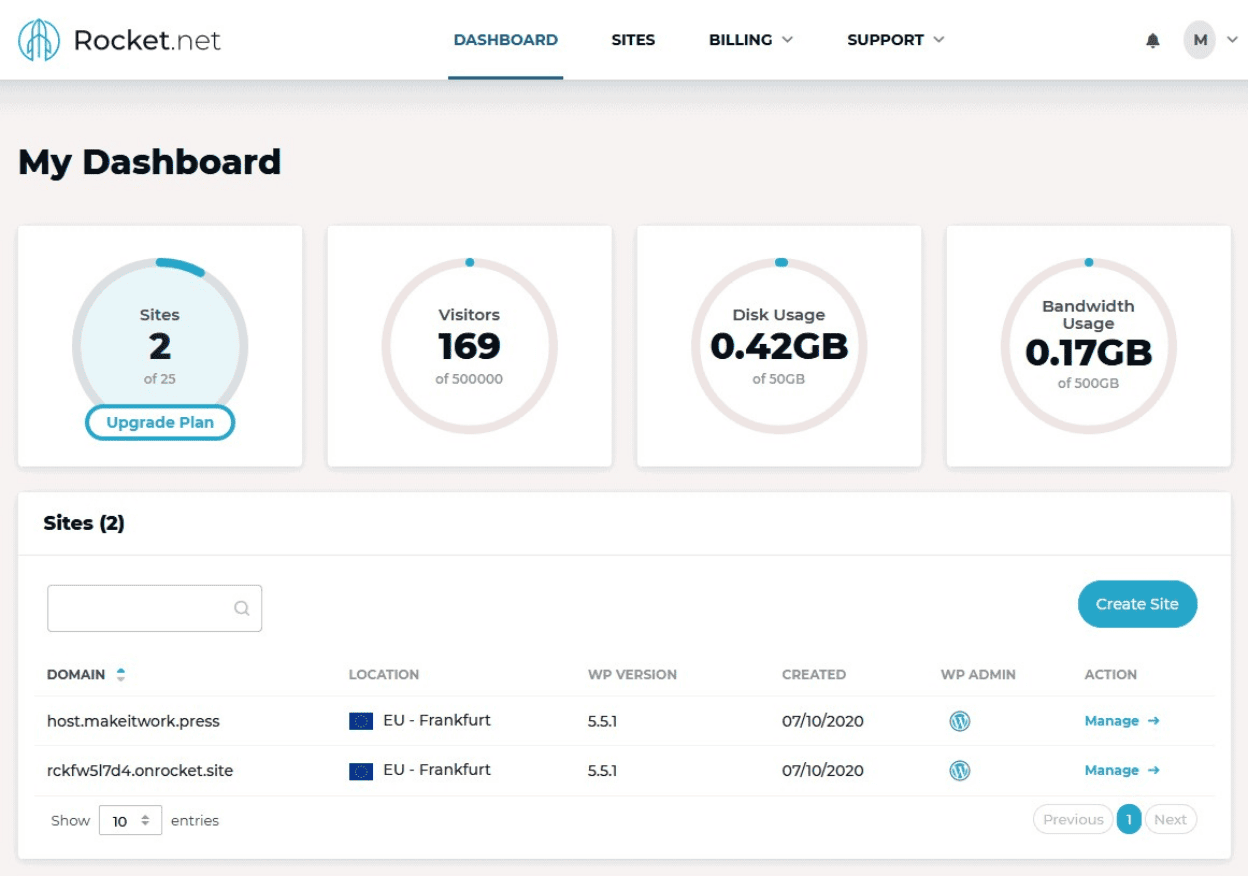

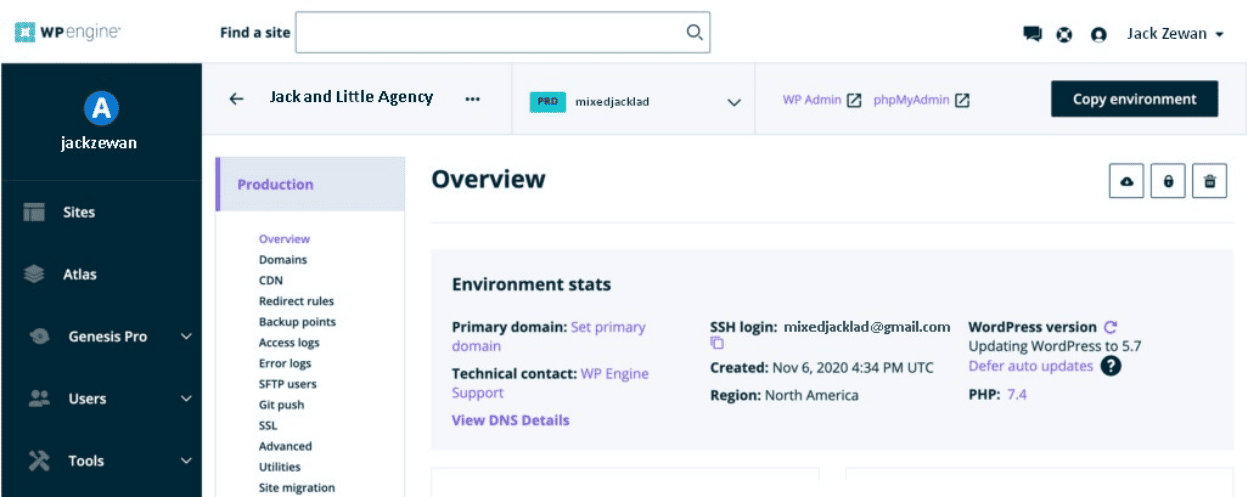
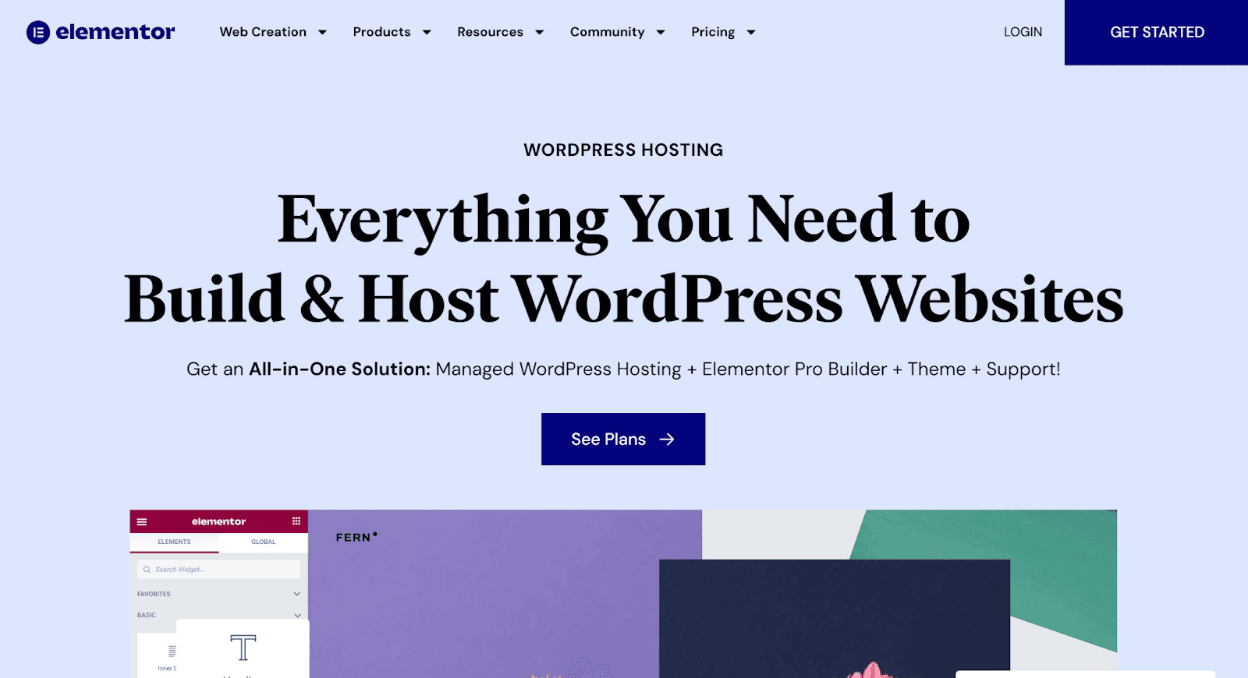
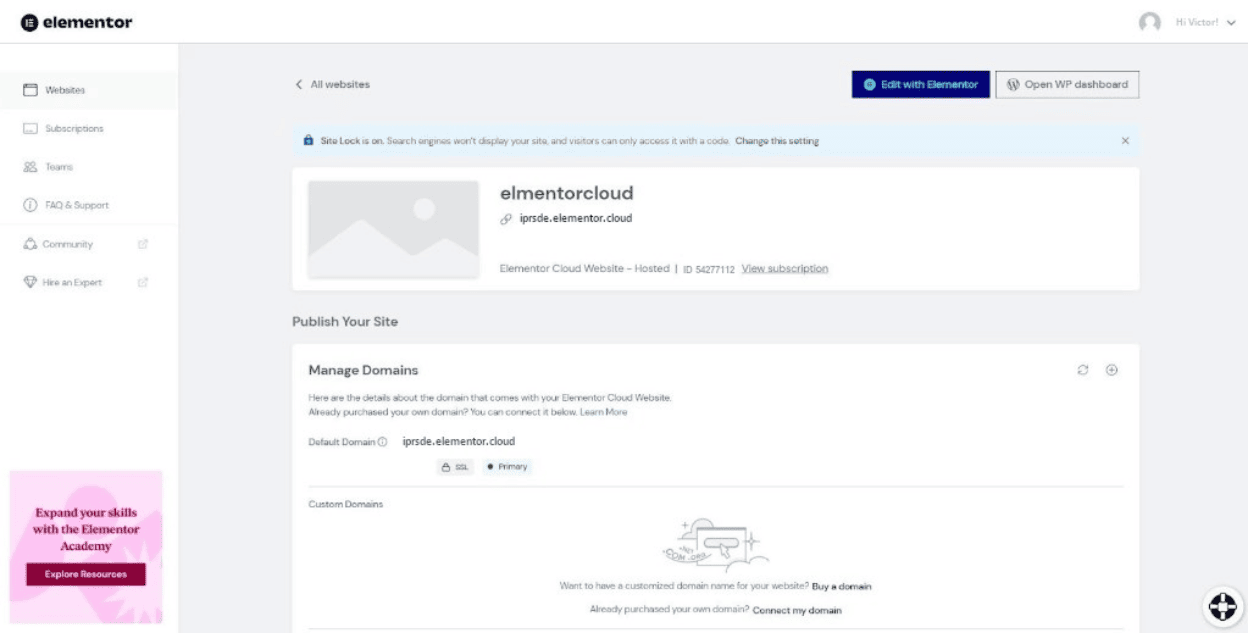
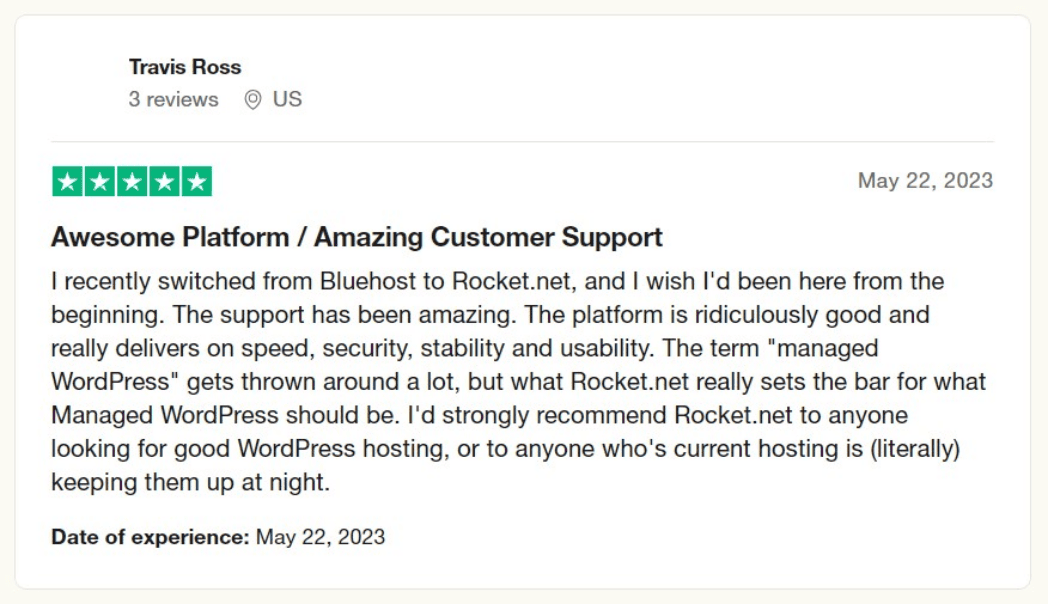
4 Responses
Amazing that you did all this! However, I am puzzled by the difference in the results between GTMetrix and Google.
Hey Ace!
To be frank, I'm not certain exactly what explains the discrepancy. It could be some of the following:
1. GTmetrix tests from specific locations, whereas (AFAIK) nobody knows where PageSpeed insights tests from (or if they test from a / many specific locations at all, or have some other dynamic setup).
2. PageSpeed Insight score is relying heavily on the Core Web Vitals, and the metric we focused on for GTmetrix was the Load time, which isn't part of the CWV.
Hope this helps!
Cheers!
Glad I found this. I was looking for a explanation like this regarding hosting services. But I couldn't. This is incredible.
BTW, this question is not related to this. Im sorry for asking it here. Do you have a yearly or monthly subcription instead of a lifetime subcription.
Hey Imangi! Glad you liked the article.
I only offer a lifetime subscription at this time.